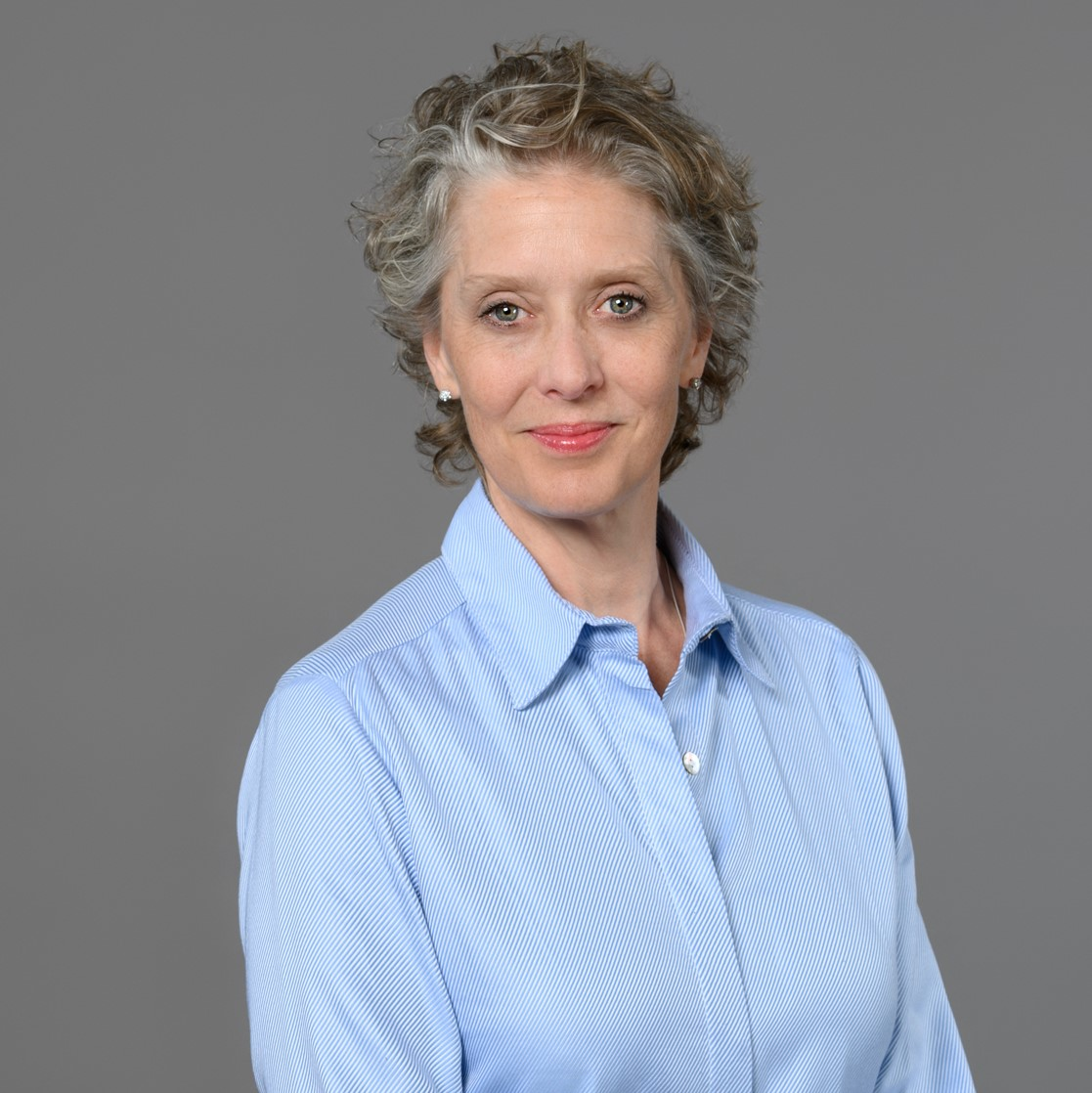
Dodi Axelson
Co-Host
Head of Communications at Cytiva.
Dodi’s favorite topics are: Unexpected discoveries and learning what delights other scientists.
Connect via LinkedIn
Discovering scientific innovations at your fingertips is now easier than ever through podcasts. Since we’ve been celebrating discovery for almost 300 years, we created this podcast for you to explore discovery that’s driven by the forever-curious experts across our organization and the industry. Find it on Apple Podcasts, Spotify, Google Podcasts, Stitcher, or your favorite podcast app.
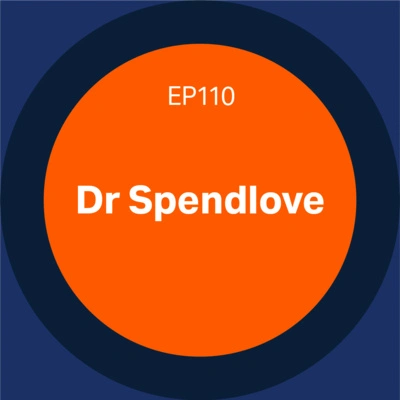
Discover the story of Dr. Rex Spendlove, the humble scientist behind a breakthrough in cell culture media. From his early days tackling unreliable fetal bovine serum to founding HyClone Laboratories, Dr. Spendlove’s innovations set new standards for scientific research and helped shape modern biotechnology.
View transcript

We’re fascinated by the microbiome — and forgood reason. But how do we protect thisinvisible ecosystem that plays such a vital role inour health?
From engineering live, programmable therapeutics that disarm dangerous gut pathogens to creating a global“doomsday vault” to safeguard the diversity of human gut microbes, we dive deep into the cutting-edge scienceshaping the future of microbiome research
View transcript

In this episode, we explore zoonotic diseases and their growing impact on global health.Professor Clare Bryant, sheds light on strategies to vaccinate animals to prevent pathogen transmission into humans.We also delve into the historical context of the disease, the role of vaccines, and the importance of coordinatedpublic health.
Whether you're a public health professional or simply curious about emerging infectious diseases, this episode offersa comprehensive look at the science, challenges, and solutions surrounding zoonotic diseases
View transcript

Pain. It comes in many forms: physical and emotional. But do we really understand it? This episode will attempt to answer fundamental questions about what pain is, how it is experienced, and why it issuch a critical aspect of human existence
View transcript
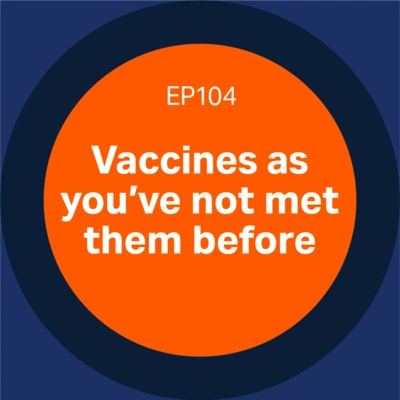
Inverse vaccines are reshaping the world of vaccines. We're exploring the cutting-edge realm of inverse vaccines with Prof LARRY Steinman and chat with CancerVax, who are aiming to attack cancer cells just like you would fight off measles.
View transcript
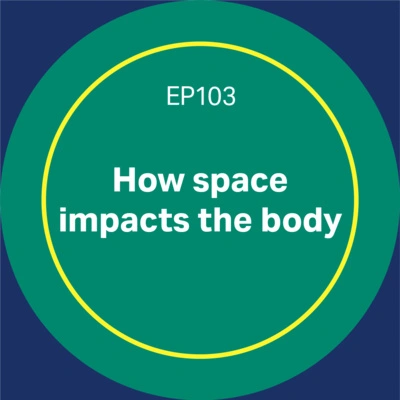
Listen along with us as we uncover how spaceflight affects our body. We discuss the impact on our muscles, chromosomes, and how we treat astronauts.
View transcript
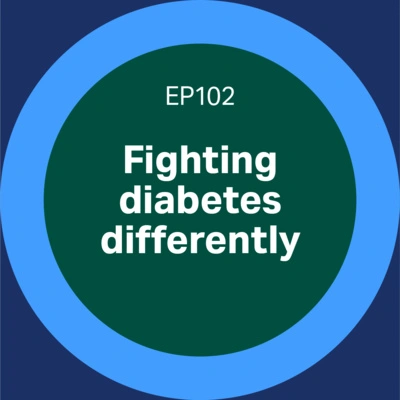
Listen along with us as we uncover a bold new hypothesis that could reshape how we understand diabetes and insulin resistance, suggesting that insulin loss might be happening before it even reaches its target. We’ll also have an update on Diamyd Medical’s type one diabetes precision treatment.
View transcript
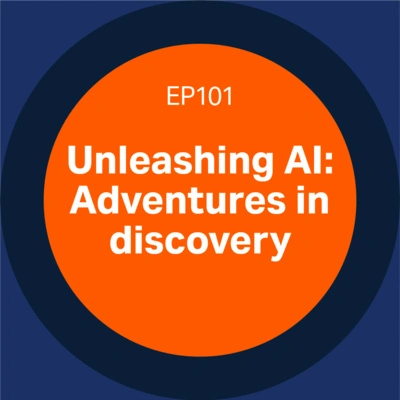
Join us as we unveil groundbreaking advancements in drug discovery, clinical trials, and diagnostics—showcasing AI’s growing role in shaping the future of medicine. With expert insights from Shweta Maniar (Google Cloud) and Martin Stumpe (Danaher), we’ll explore how AI accelerates innovation through data-driven breakthroughs while keeping humans at the heart of the process for trust and accountability.
View transcript

In this special celebratory milestone episode, we dive into fascinating conversations, from the squirrely intelligence of cephalopods to cutting-edge antibody drug conjugates (ADCs) revolutionizing cancer treatment.
View transcript

Insulin's discovery in 1921 transformed diabetes from a certain death sentence to a manageable chronic condition, revolutionizing modern medicine. In this lively episode of Discovery Matters, we look back to our episode on a fascinating journey through 100 years of insulin advancements and its profound impact on diabetes treatment.
View transcript

In this episode of Discovery Matters we delve into groundbreaking advancements in Parkinson’s disease research. Dodi and Conor transport us to the frontier of medical innovation, exploring the latest discoveries and techniques that hold promise for early diagnosis and treatment of Parkinson’s disease.
View transcript
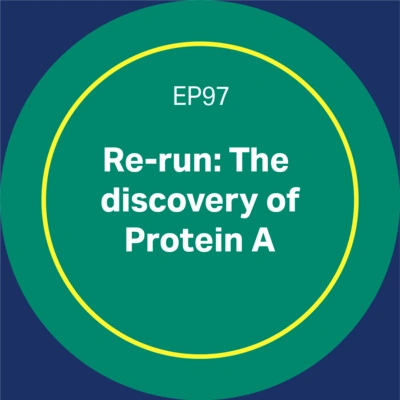
What exactly sets protein A apart? Is it really the top choice for antibody purification because of its alphabeticalranking, or is there more to the story? And what about its counterparts, proteins G and L?
View transcript
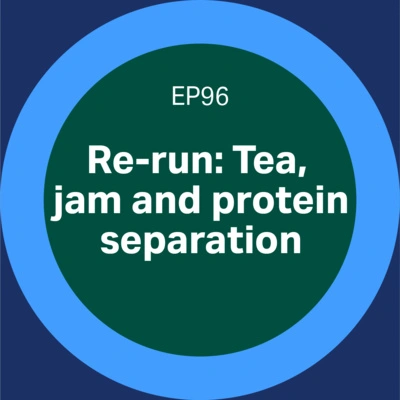
As we approach our one hundredth episode, travel back with us to the origins of the podcast in our premiereepisode, "Team and Jam and Protein Separation." In this debut, we explored the vital process of proteinseparation—an essential technique in biochemistry and pharmaceuticals that continues to impact human health insignificant ways.
View transcript
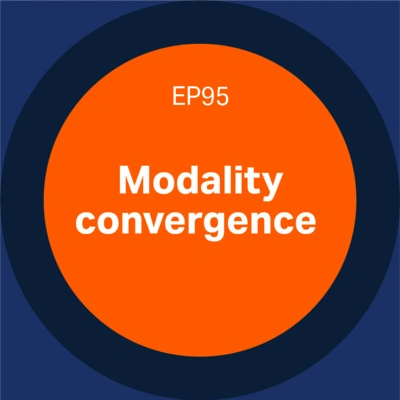
Join us as Dr. Aravind Asokan from Duke University explores cutting-edge technologies revolutionizing advancedtherapies, including CRISPR, mRNA, viral vectors, and cell therapies. He shares key lessons from past challenges,discusses scalability, product quality, and how integrating various therapeutic approaches is shaping the future ofdisease treatment
This episode covers exciting advancements in AAV with CRISPR, CAR T cell therapy, circular RNA, and virus-likeparticles (VLPs).
View transcript
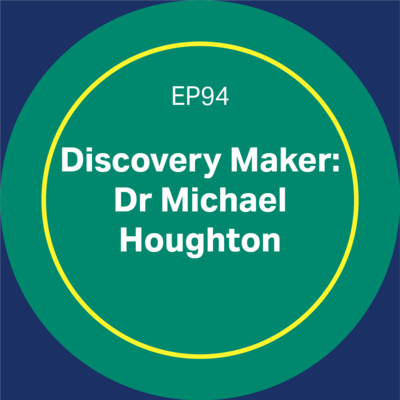
Dive into the fascinating world of virology as we welcome Nobel Prize-winning virologist Dr. Michael Houghton on this episode of Discovery Matters. We explore Dr. Houghton's groundbreaking work in identifying the hepatitis C virus (HCV) and his enduring quest to combat this global health threat.
From the monumental discovery of HCV in 1982 to the revolutionary diagnostic tests that nearly eradicated transfusion-related hepatitis C by the mid-1990s, Dr. Houghton provides an engaging and insightful journey through decades of scientific innovation.
View transcript
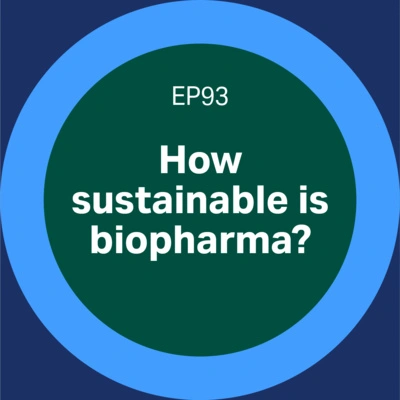
Eco-design, collaboration, circular economy. These are the bywords of sustainability in biopharma.
Join Ryan Walker, Senior Director of Sustainability at Cytiva, and Aude Arkam, Global Head of Eco-design and Circular Economy at Sanofi, as they explore how these types of initiatives are shaping the future of biopharma.
We delve into challenges, achievements, and the transformational potential of sustainability efforts within biopharma. From Sanofi’s life cycle assessments to industry-wide data difficulties, this episode navigates the complex landscape of creating greener solutions without compromising innovation and compliance.
View transcript
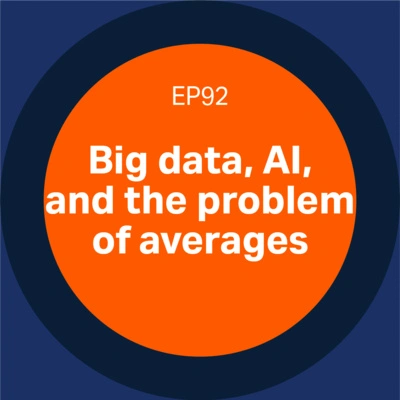
In this episode of we dive into the powerful intersection of big data and artificial intelligence. Joined by MatejMacak, a partner from McKinsey, we unravel how AI and machine learning are revolutionizing our approach tofinding new, effective medications.
With Tom Yankeelov, Professor of Biomedical Engineering, Diagnostic Medicine, Oncology at the University of Texasfor Austin, we'll explore the "problem of averages" and much more.
View transcript
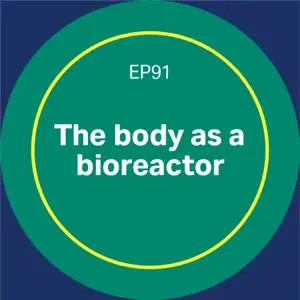
What does 'the body as a bioreactor' mean? In this discussion how scientists use the body's machinery to produce therapeutic proteins. Scott Ripley, General Manager of Nucleic Acids at Cytiva, explains that traditional bioprocessing uses external bioreactors, while the new approach leverages the body's natural processes. This method offers benefits like longer protein half-life and the ability to express multiple proteins simultaneously. Justin Eyquem, assistant professor at University of California San Francisco, discusses the potential of in vivo CAR T cell therapy, which could simplify manufacturing and reduce costs. Both approaches face challenges in quality assurance and regulatory approval but hold promise for personalized and more effective treatments.
View transcript
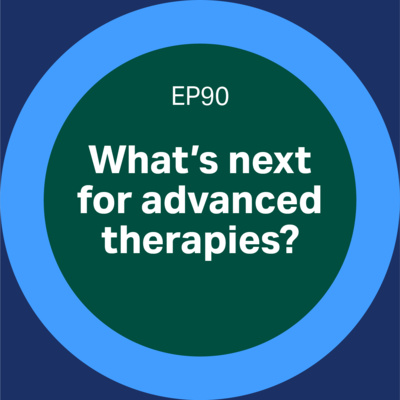
Can you tell the difference between a human and AI? Of course you can…right? We challenge Conor and Dodi to tell the difference between Conor and Conor BOT all while uncovering how AI is transforming the life sciences.
We're diving into advanced therapies with industry leaders. Emmanuel Abate, President of Genomic Medicine at Cytiva discussed the strategies to accelerate clinical work and reduce costs. Nathaniel Wang, CEO and Co-Founder of Replicate Bioscience highlighted their groundbreaking self-replicating RNA technology, showcasing impressive clinical results for a rabies vaccine. Both experts emphasized the momentum in biotech, the potential of AI in advancing science, and the importance of making innovative therapies accessible globally. Stay tuned for these insights.
View transcript
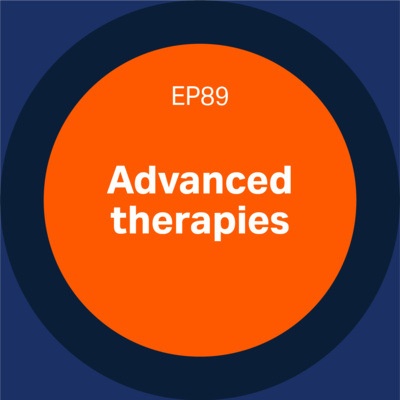
On Discovery Matters this week, Dodi and Conor are joined by Daria Donati, Chief Scientific Officer of Genomic Medicine at Cytiva, as well as Jen Moody, Vice President of External Innovation of Genomic Medicines at Danaher, to discuss the science, progress, and potential of advanced therapeutics. Demaris Mills, Group Executive of Genomic Medicines at IDT, and experts Fyodor Urnov, Professor of Molecular and Cell Biology at the University of California, Berkeley, and the Director of Technology & Translation at the Innovative Genomics Institute, cover the technologies used in gene and cell therapies as well as CRISPR to deliver powerful and precise treatments aiming for a healthier future.
View transcript
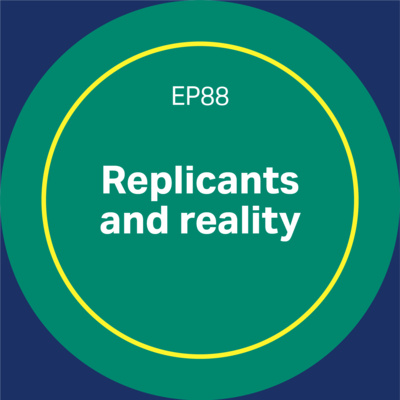
Uncover how AI is transforming the life sciences. Together with an AI-bot, known as Conor BOT, the pair explore the potential applications of AI in drug discovery, personalizing medical treatments, protein folding, and more. They also consider the ethical considerations required when developing AI models, as well as the need for emotional intelligence in AI systems. Don't miss this fascinating exploration and discussion of the changing landscape of the life sciences! Tune in to this episode of Discovery Matters to learn more about AI and its role in the life sciences.
View transcript
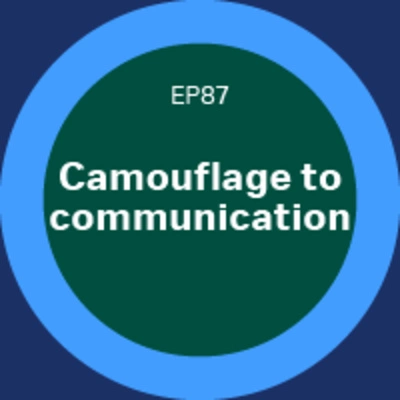
Joined by Dan Wilson from the Costas Research Institute at Northeastern University, we dive into the fascinating research behind the development of paints that respond to environmental stimuli, such as sunlight. They also discuss titanium dioxide and how it acts as a facilitator of the color-changing process. Professor Alon Gorodetsky, Associate Professor of Chemical and Biomolecular Engineering at the University of California, Irvine, talks about his research on developing energy-responsive dyes to mimic the features of octopi. Discover the potential applications of these dyes from diagnostics to resource-constrained initiatives, and more.
View transcript
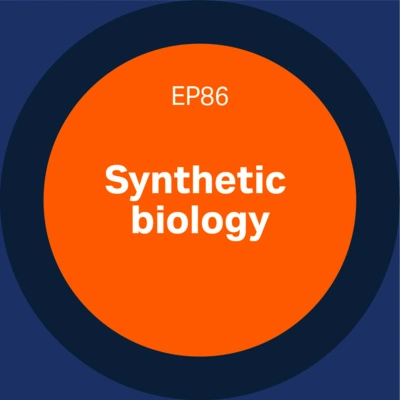
In this episode of Discovery Matters, hosts Dodi and Conor explore how synthetic biology can lead to transformative breakthroughs when it comes to dealing with global health problems. Through their conversation with Justin Vigar, a PhD student in Dr. Keith Pardee's lab at the University of Toronto in Canada, we learn how his paper-based diagnostic tool has the potential to provide faster, more cost-efficient, and accessible diagnostics for underserved locations. This is complemented by Amir Pandi and Tobi Erb's discussion of using AI and synthetic biology to develop new antimicrobial peptides.
View transcript
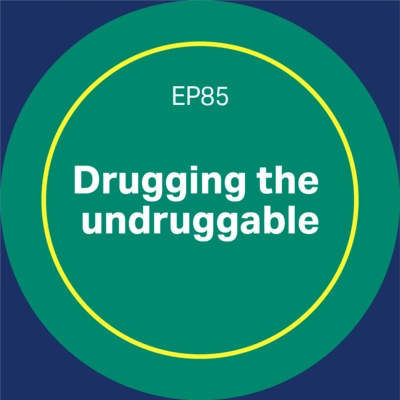
Tune in to Discovery Matters to see how we can drug the undruggable. Dodi and Conor talk to Mark Bray, a second year PhD student in the Bowman Lab at the University of Pennsylvania, about the concept of “drugging the undruggable” for drug discovery and development. They discuss advances in medical research which has enabled us to drug molecular targets that were previously inaccessible, and the strategies that are used to devise and find effective drugs. Vicky Richon, CEO at Entact Bio, elucidates the importance of a revolutionary “induced proximity” modality for unprecedented drug treatments. Listen to this episode to understand modern approaches to treating diseases and uncovering cures.
View transcript
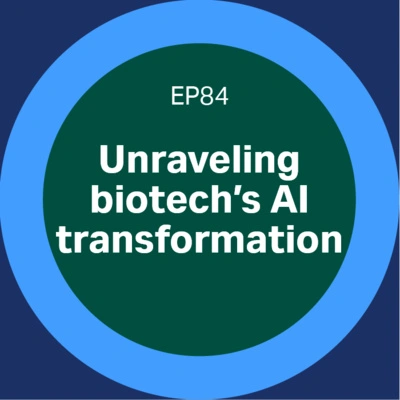
Explore the potential of artificial intelligence (AI) and machine learning to revolutionize biomedical research and make personalized healthcare a reality.
Tune in to Discovery Matters to see how AI and machine learning will be the future of biomedical research. Featuring interviews with Professor Kourosh Saeb-Parsy and Dr Namshik Han — leaders in the AI and biotech space — this episode delves into the significance of advanced technology for unlocking discoveries in transplantation, understanding the causes of diseases, precision medicine, and more.
View transcript
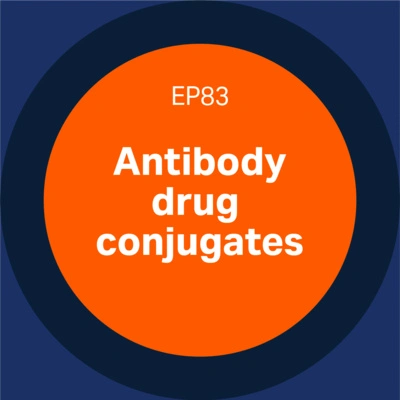
Let’s explore the world of antibody drug conjugates (ADCs) and their potential for improving human health. Our two guests—Principal Investigator Sasha Ebrahimi from GSK and oncologist Dr. Paolo Tarantino—discuss the development and advantages of ADCs, and how they can be used to personalize treatments for cancer and other illnesses. Sasha explains how ADCs combine the targeting capabilities of antibodies with the cytotoxic effects of drugs, while Dr. Tarantino delves into his own research with breast cancer and immunotherapies. Learn more about the possibilities of ADCs in this insightful episode of Discovery Matters.
View transcript
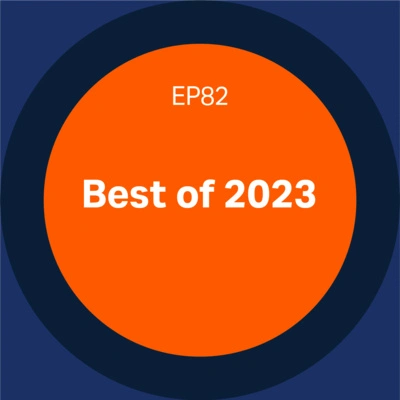
Are cells really conscious and can marine microbes fight cancer? On the Discovery Matters, we look back on potential therapies that could revolutionize healthcare. From exploring revitalized therapies such as psychedelics, to delving into patient-derived organoids and freeze-preserved stem cells, to studying the formation of earth-like planets found in the harshest of environments, we dive into some of the most important and exciting research breakthroughs of the year. Join Dodi and Conor in this episode to learn more about the possibilities of science and the implications for healthcare and patient care. Tune in and never underestimate the power of discovery!
View transcript
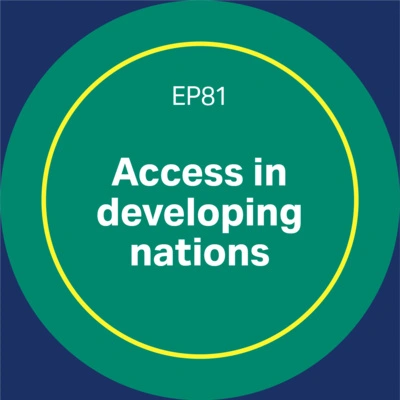
Challenges of improving access to healthcare in developing countries - it's a conversation we need to have. With the help of Dr Jerome Kim, Director General of the International Vaccine Institute, we discuss vaccination and immunization programs as a key aspect of public health and global development – especially in developing nations, where access to life-saving medicines is often limited or non-existent. Karen Heichman, Deputy Director of Diagnostics, Bill and Melinda Gates Foundation, takes us on a journey on the critical role of diagnostics in the fight against diseases.
View transcript
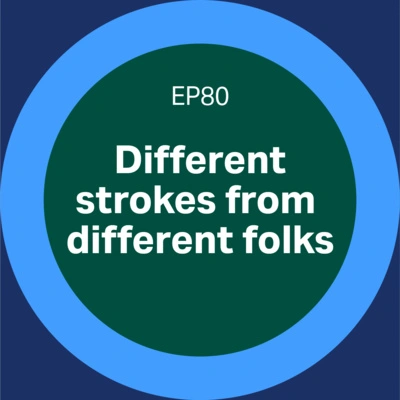
Join Conor and Dodi in the latest episode of Discovery Matters, as they explore the wonders of ground-breaking scientific discoveries from multidisciplinary collaboration. MIT's Professor Pete Dedon expresses how multidisciplinary approaches and unique combinations of experiences can help to produce unexpected results. Professor James Evans of the University of Chicago then brings in the concept of surprise and hypergraphs to uncover the connections between different fields of knowledge. With insights from their guests, the latest episode of Discovery Matters dives deep into the mechanics behind groundbreaking discoveries. Jump in and listen to discover new ways to think about innovations and uncover the next amazing breakthrough!
View transcript
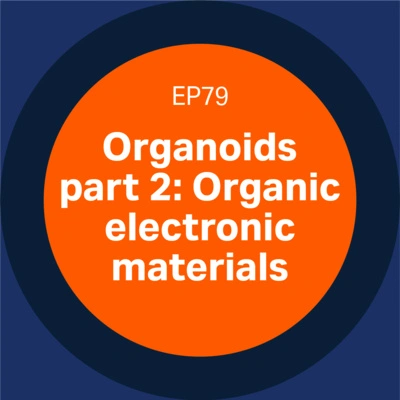
Let’s explore the world of organoids and their potential to revolutionize the way we treat diseases. Joined by Matthias Zilbauer and Roisin Owens, we look at the interplay of the gut-brain axis with the use of organic electronic materials. Dive into the advances in organoid and microbial models used to develop treatments for illnesses such as Irritable Bowel Syndrome (IBS), Crohn’s Disease, and Ulcerative Colitis. Join Dodi and Conor to find out how bioengineering could change our understanding of health and disease - and our own lives.
View transcript
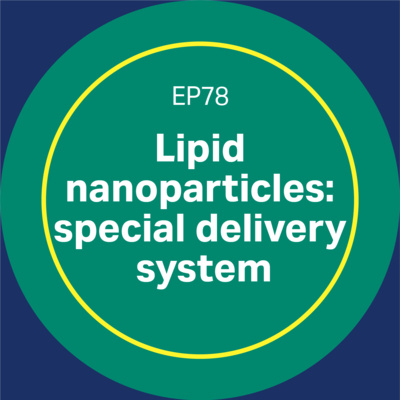
In this episode of Discovery Matters, we sit down with Dan Peer to discuss the exciting potential of lipid nanoparticles (LNPs) to deliver genetic material and therapeutics to target cells and tissues, with the goal of improving human health. Dan shares how his team has developed siRNA LNPs to deliver treatment more efficiently for ovarian cancer patients. He describes the promise of mRNA therapies and delivery systems to reduce side-effects and improve patient outcomes. From Dan's unique perspective, learn why this technology is cutting edge, and why it may help defeat one of mankind’s biggest enemies— cancer. Tune in to this episode and learn more about Dan's work and the unique potential of LNPs.
View transcript
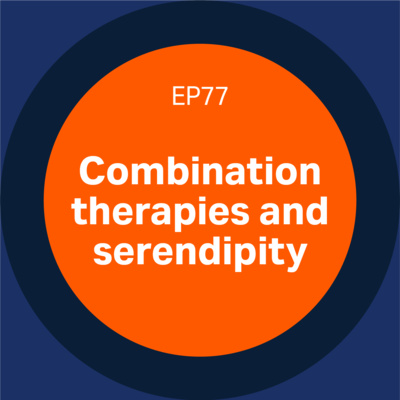
This episode is all about combination therapies. We dive into the mysterious power of the human microbiome and its importance in modern health, as well as the power of serendipity in understanding and treating anti-microbial resistance
Through a discussion of combination therapies, Dodi and Conor delve into the mysterious power of the human microbiome, and antimicrobial resistance. With evidence of the microbiome playing a key role in fighting diseases, this episode highlights the importance of understanding the microbiome and its potential to improve lives. Tune in to find out more and explore the possibilities of the microbiome with Dr Saman Maleki, and the power of serendipity with Prof Pete Dedon!
View transcript
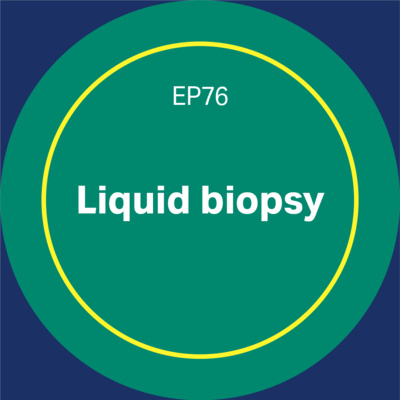
In this episode, we dive into the potential of liquid biopsies as a method to detect deadly diseases. We speak with three experts – Marta Herreros, Rik Bryan, and Doug Ward – to learn more about the non-invasive nature of liquid biopsies and the process of detecting biomarkers within a patient sample. Rik and Doug discuss their GALEAS Bladder test, which can identify key mutations present in 96% of bladder cancer patients. Tune in to learn more about the potential of liquid biopsies and the importance of early detection!
View transcript
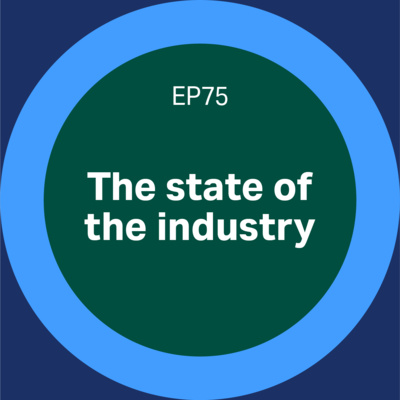
Why do China and US have different government regulations? Why can’t we do business above the fray?
These are just some of the struggles biopharma executives report as impacting their business. Our guests are of the same view – the industry needs fixing.
Yingke He, CEO and Co-Founder of Forecyte Bio, explains how China's industrialized experience is limited and in its early stages compared to the US.
Listen to this episode to understand the industry tensions and areas showing promise.
View transcript
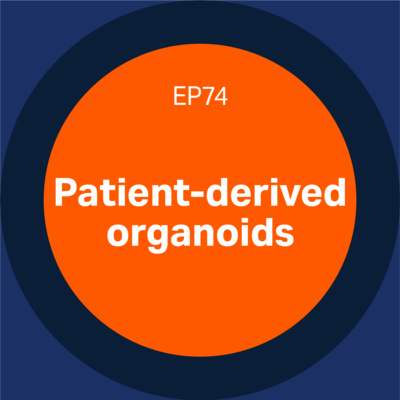
In this episode of Discovery Matters, we explore the incredible advances in precision medicine enabled by organoid technology. Vicky Marsh Durban and Oksana Sirenko contribute to the conversation, talking about how machine learning and robotics are used to scale up organoid culture and analyse data, as well as the potential of organoids to revolutionise regenerative medicine. Listen in to this episode for an insightful and informative deep dive into the potential of organoids for transforming the face of modern medicine.
View transcript
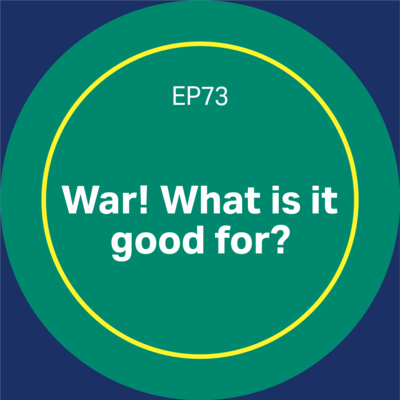
War! What is it good for? In this episode of Discovery Matters, Dr. Smith explains how military medicine first shaped state medicine and how wartime creates an opportunity to innovate. From advances in prosthetics, psychology, and cosmetic surgery to the mass production of penicillin during World War II, this episode dives deep into the life-saving innovations brought over the line due to conflicts.
View transcript
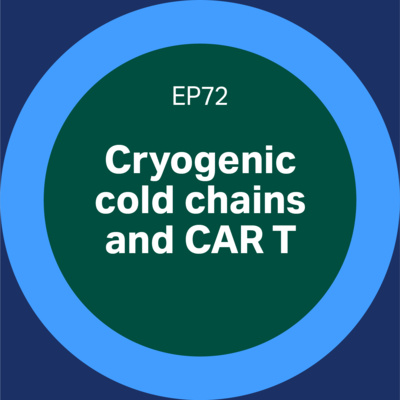
On the latest episode of Discovery Matters, Dodi and Conor are joined by John Morris, a scientist at the forefront of cryopreservation technology. They discuss cryopreservation's impact on CAR-T therapies' development, why freezing cells is essential to these treatments, how tracking the samples ensures quality and the potential for frozen cells to treat solid tumors in the future. Tune in to find out how cryopreservation has transformed the life sciences and how it could revolutionize how we treat disease in the future.
View transcript
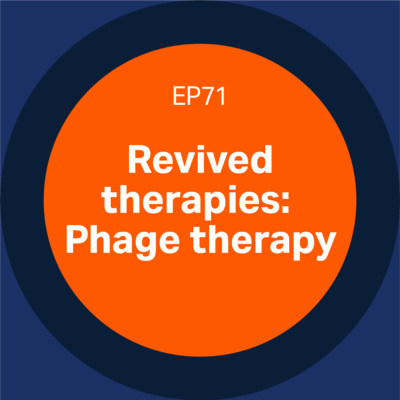
Conor and Dodi explore the new and exciting world of bacteriophage therapy. Join them as they speak to Anton Peleg, Professor of Infectious Diseases and Microbiology, and the Director of the Department of Infectious Diseases at the Alfred Hospital and Monash University, about this emerging field. Together they discuss how phages, viruses that specifically target bacteria, are being used to fight against antibiotic-resistant superbugs the challenges of producing them at scale and getting them approved by regulatory bodies.
Tune in to Discovery Matters to learn all this and more and join the conversation about these important advances in life sciences.
View transcript
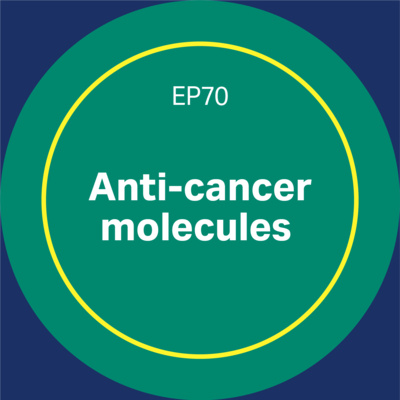
In the latest episode of Discovery Matters, Dodi and Conor are joined by Dr. Bradley Moore from the Scripps Institution of Oceanography to discuss his research into the medical and synthetic implications of using marine microbes to fight aggressive cancers such as glioblastoma. By leveraging salinosporamide A, Dr. Moore proposes that these deep-sea organisms could potentially be scaled up for human use and repurposed for medicinal and synthetic purposes. Dive into this episode to hear how the ocean has the power to bring forth new discoveries that could save lives!
View transcript
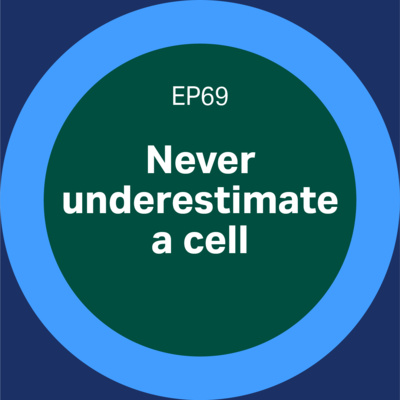
We should not underestimate cells. Conor and Dodi talk with Dr Brett Kagan who conducted research to understand the brain and test ‘sentient’ brain cells, using the 1970s game, known as ‘Pong’. In another conversation, Professor Petra Levin and Kunaal Joshi explain how they have demonstrated that there is no ‘average’ life of a cell.
At the end of this episode, we hope to have proven that cells are not to be overlooked and still have so much to tell us about human health.
View transcript
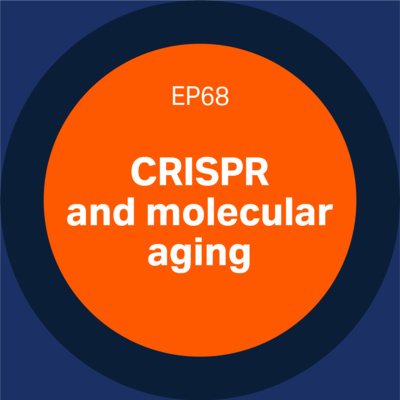
What do CRISPR and longevity have in common? Not much, except it's all molecular.
We speak to two different CEOs focused on improving human health. We begin with Dr Benjamin Oakes, Co-Founder, President, and CEO of Scribe Therapeutics who takes us through the discovery, potential, and possible limitations of CRISPR.
Then we are joined by fellow visionary, Dr Kristen Fortney, the CEO, and co-founder of BioAge, a clinical stage biotechnology company developing therapies that treat disease by targeting the biology of ageing.
View transcript
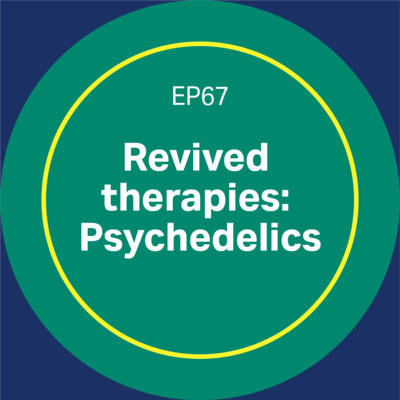
Psychedelic treatment is a therapy which is on the rise according to the increasing number of studies on the use of psylocibin, ketamine and MDMA to treat mental health disorders such as PTSD. In this episode, Conor talks to Prof. Eric Vermetten, a psychiatrist who has been working with the military in the Netherlands for the last 25 years helping Dutch armed forces and the uniformed people in the face of PTSD and psychotraumatology.
View transcript

Conor and Dodi try their hand at learning to operate an ÄKTA ready in virtual reality. Their virtual journey takes them to Singapore and Miami, without leaving Sweden, Amersham, and Edinburgh. Join us on a journey into the metaverse.
View transcript
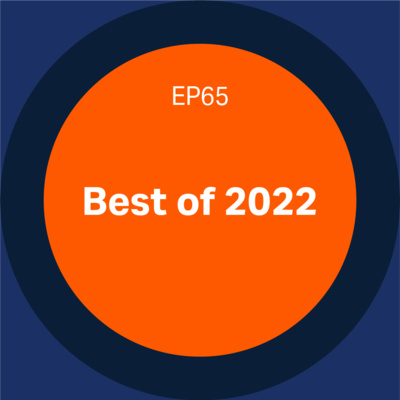
Mushrooms on Mars, life-saving blood from worms, cell-cultured seafood. It's been a year filled with surprise, serendipity, and everything in between. Conor, Dodi, and the podcast team look back on a fascinating year and highlight their favorite interviews and topics of the year.
View transcript
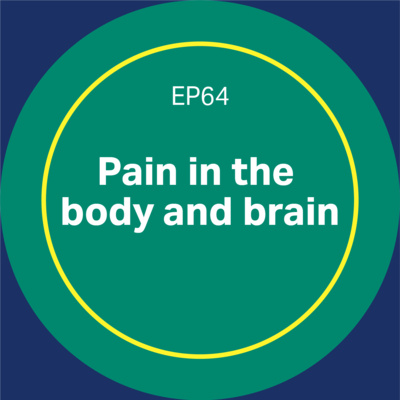
In this episode, we are focusing intently on the microbiome and how it is increasingly being linked to disease and illness. It seems that this is true for understanding illness of the body and the brain. Dr Amir Minerbi, the Deputy Director of the Institute for Pain Medicine at Rambam Medical Center in Haifa, Israel talks to us about how the microbiome may hold the secrets of fibromyalgia. This chronic disorder causes widespread pain, fatigue, cognitive dysfunction, and potentially dozens of other symptoms.
We are also joined by Prof Illana Gozes, Director of Elton Laboratory for Molecular Neuroendocrinology in the Department of Human Molecular Genetics and Biochemistry, Faculty of Medicine in Tel Aviv University. She elaborates on her research surrounding the role of specific microbiota signatures as a biomarker for PTSD.
The link between physical and mental health and the microbiome is a fascinating connection, and one we intend to explore to the fullest.
View transcript
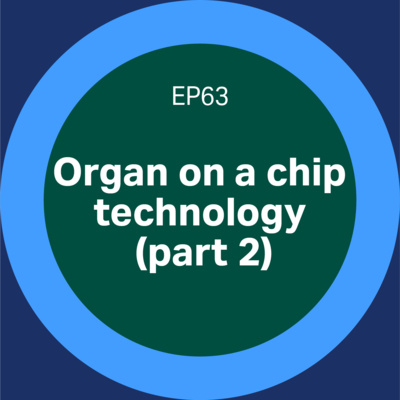
In this second episode of a two-part series on organ on a chip technology, we sit down with Christos Michas, R&D scientist and engineer at Curi Bio, and Alice White, professor of mechanical engineering at Boston University. Christos and Alice are taking the organ on a chip to another level with the miniPUMP, a heart on a chip which is the first step in understanding the interaction of therapeutic drugs on the heart. As cardiovascular diseases are one of the leading causes of death in the industrialized world, there is a lot of interest in understanding how these diseases emerge and how we can develop therapeutics.
View transcript
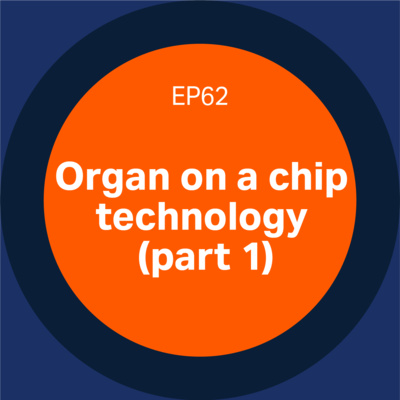
In this first episode of a two-part series on organ on a chip technology, we discuss with Jan Turner, formerly part of Safer Medicines Trust, how these organoids can help us move away from the inefficient animal model.
View transcript
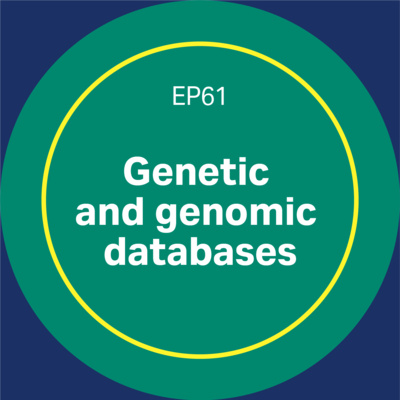
We have a lot of information at our fingertips, so how do we make sense of it all to transform human health? Conor and Dodi speak to two experts who are making sense of this information overload by creating genetic and genomic databases. Dr Artem Babaian, a computational biologist and now Assistant Professor leading The Laboratory for RNA-Based Lifeforms at the University of Toronto, explains how he and his team uncovered 100 000 novel viruses in old genetic data that could help us predict future pandemics. Professor Jinchuan Xing, Associate Professor at Rutgers University in the Department of Genetics doing research on genomic variation, walks us through his study on using genomic data to predict infertility from aneuploid egg production.
View transcript
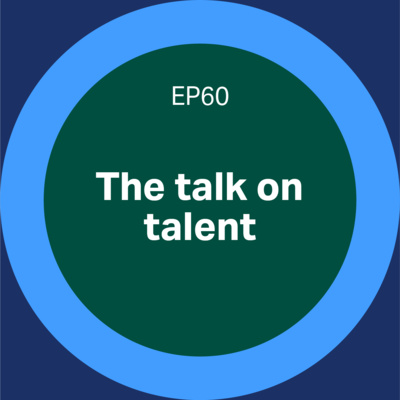
Within the life sciences industry, there has been a longstanding conversation around one of the industry’s most difficult challenges. That challenge is talent. In more detail, it is that the access to a global talent pool remains difficult. In this longer than usual conversation, Conor and Dodi speak with Darrin Morrissey, the CEO of NIBRT, Anne-Cecile Potmans, general manager of Fast Trak and CDMO services at Cytiva, and Nikki Soares, global talent acquisition leader at Cytiva.
View transcript
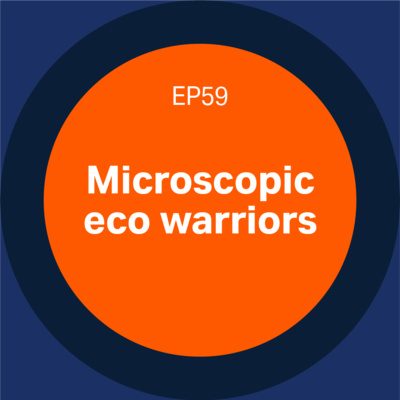
Plastic and pollution are two issues that impact our planet. It would be easy to despair but once again biology has come to save us. The Alper Lab at University of Texas at Austin has engineered a plastic-eating enzyme which can shorten plastic degradation from hundreds of years to 48 hours. We speak to Dr Hal Alper, Professor in Chemical Engineering at UT at Austin, who engineered this heroic enzyme. We also speak to Marco Poletto, director and co-founder of EcoLogic studio, which is a design innovation company specializing in biotechnology for the built environment. He explains his use of microalgae to create streetlights, playgrounds, and biofilms on the outside of buildings which can capture 20 large trees worth of CO2 every day.
View transcript
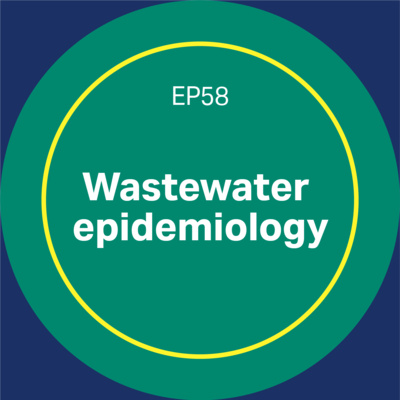
We speak to Prof. Dominic Frigon, a specialist of biological wastewater resource recovery at McGill University, who used this technique in Quebec through the pandemic to determine areas of vulnerability, including a homeless shelter. We also speak to Dr Kata Farkas, an environmental virologist at Bangor University, to understand the wider applications and importance of this analysis technique.
View transcript
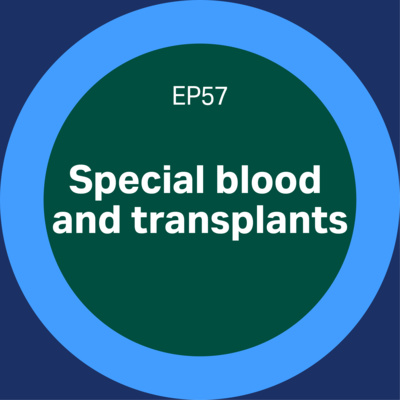
This episode is all about special blood and transplants. We speak to Jon Adkins, co-founder of XenoTherapeutics, who walks us through their use of xenotransplantation for skin grafts and organ transplantation. We are also joined by Dr. Franck Zal, a marine biologist, CSO and CEO of Hemarina, to discuss the lugworm. His discovery, that the lugworms’ blood is compatible with human blood, means it can be used in medical applications for transplants.
View transcript
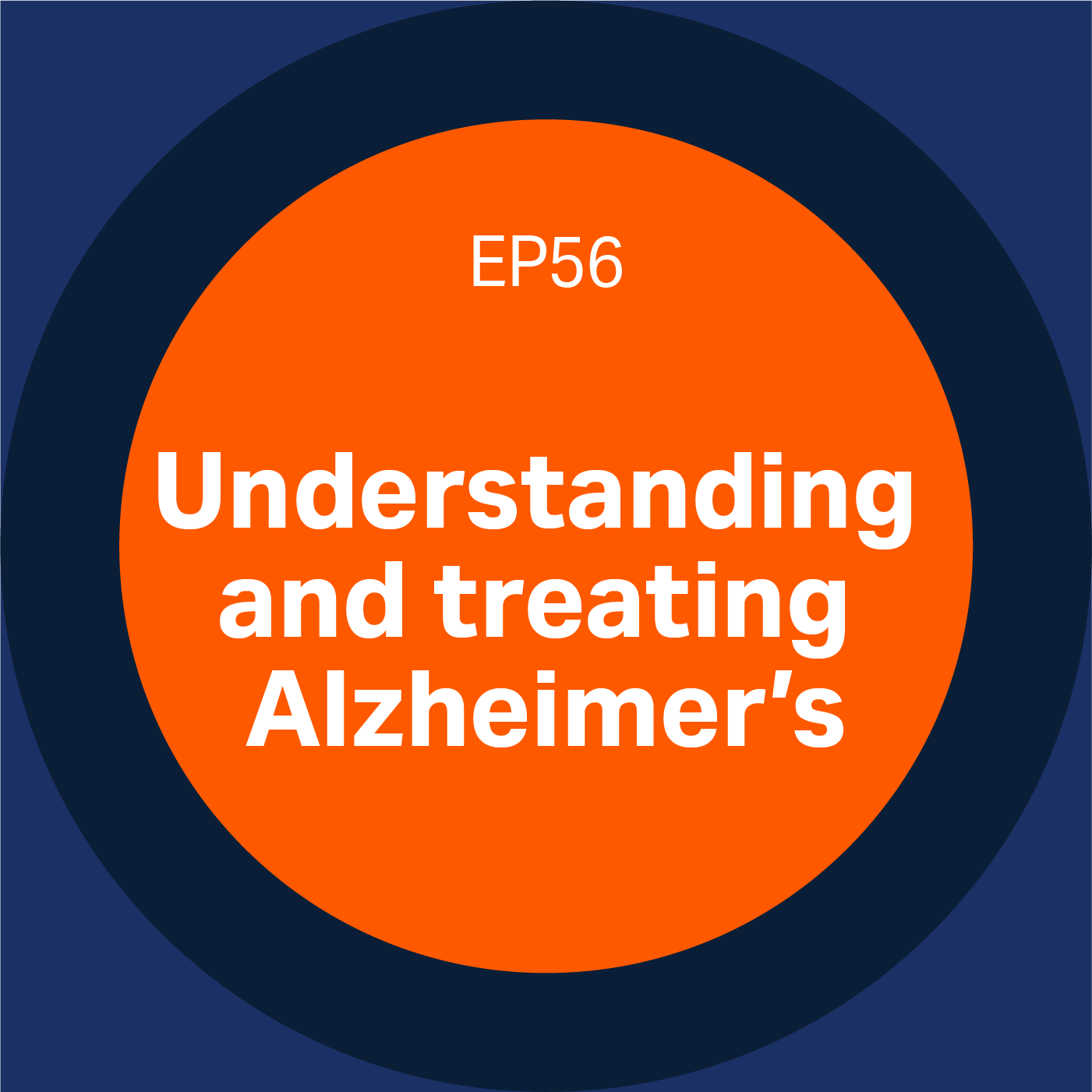
In this episode, we contemplate combatting the devastating disease that is Alzheimer’s. We talk to two experts leading two respective early-stage studies into possible treatments for Alzheimer’s. On the one hand, Dr Joshua Hare, co-founder of Longeveron, is looking at treating aging rather than the disease itself. On the other hand, Dr Lucy Vivash, a research fellow at Monash University, looks at the tackling of tau proteins.
View transcript
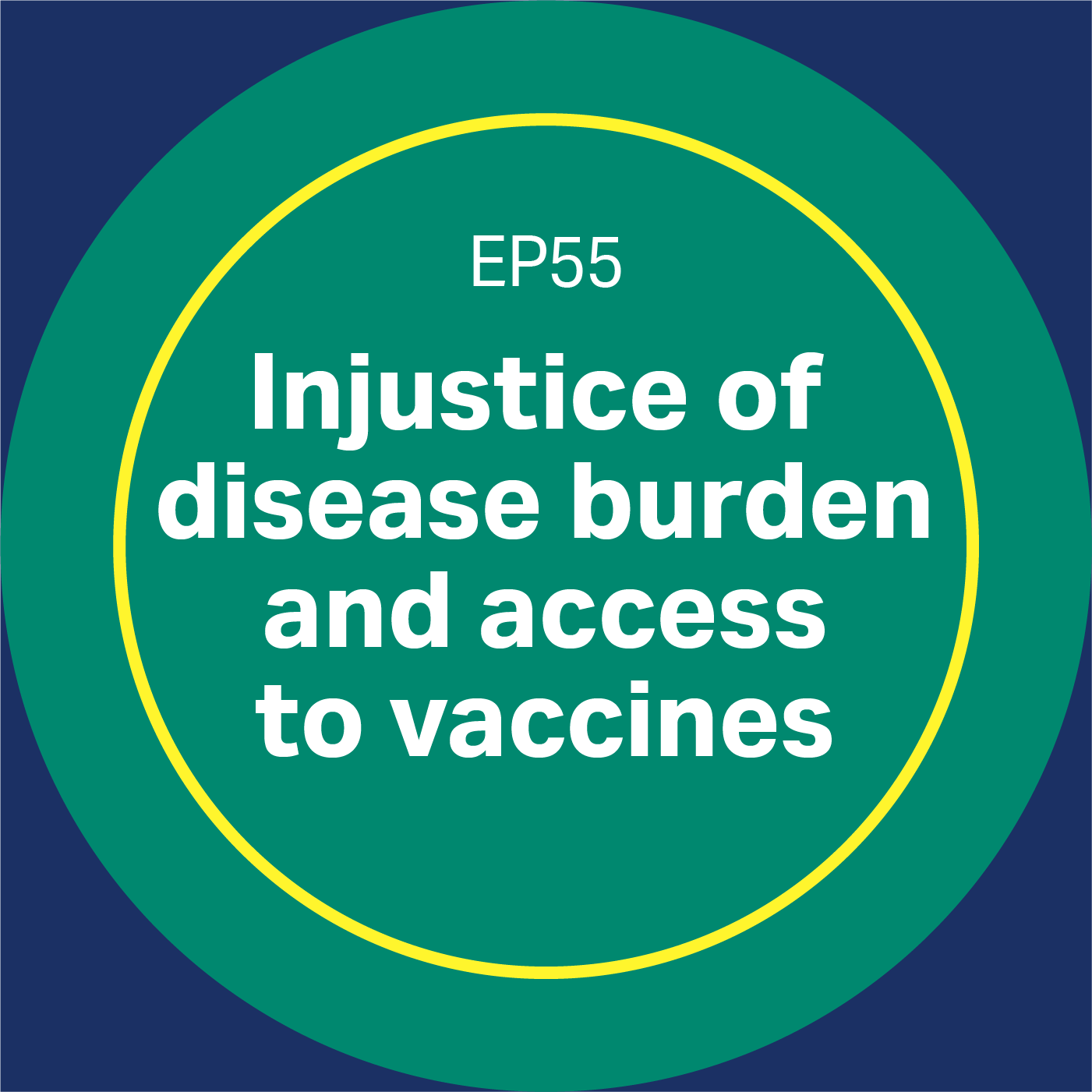
The pandemic has been a global issue, which has benefitted from the coming together of industry, pharma, academia, non-governmental and governmental support. What it has also brought into sharp focus is the global imbalance access to healthcare and health inequity between the Global North and Global South.
View transcript
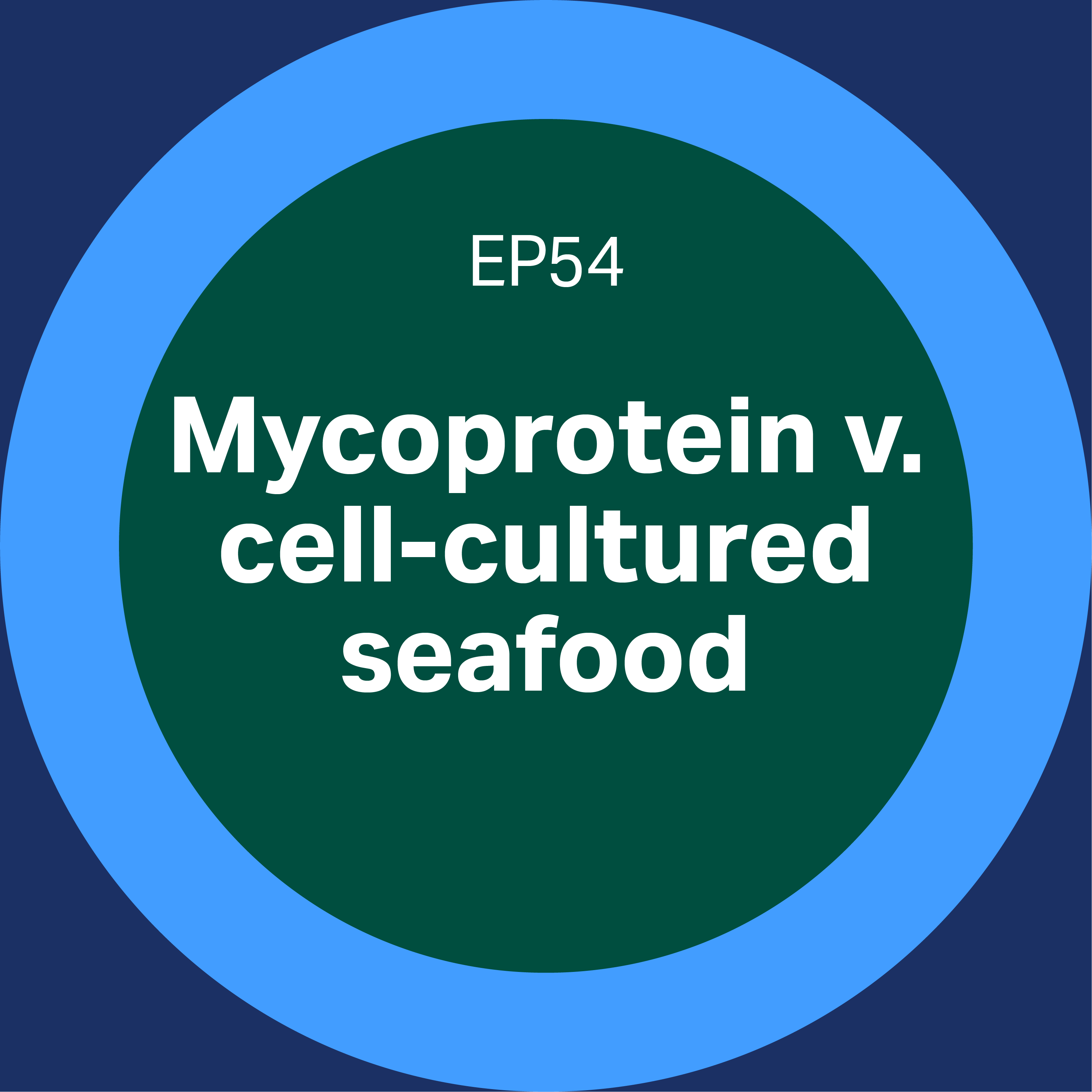
We discuss the environmentally friendly alternative foods to meat consumption. We take a deep dive into mycoprotein and cell-cultured seafood.
View transcript
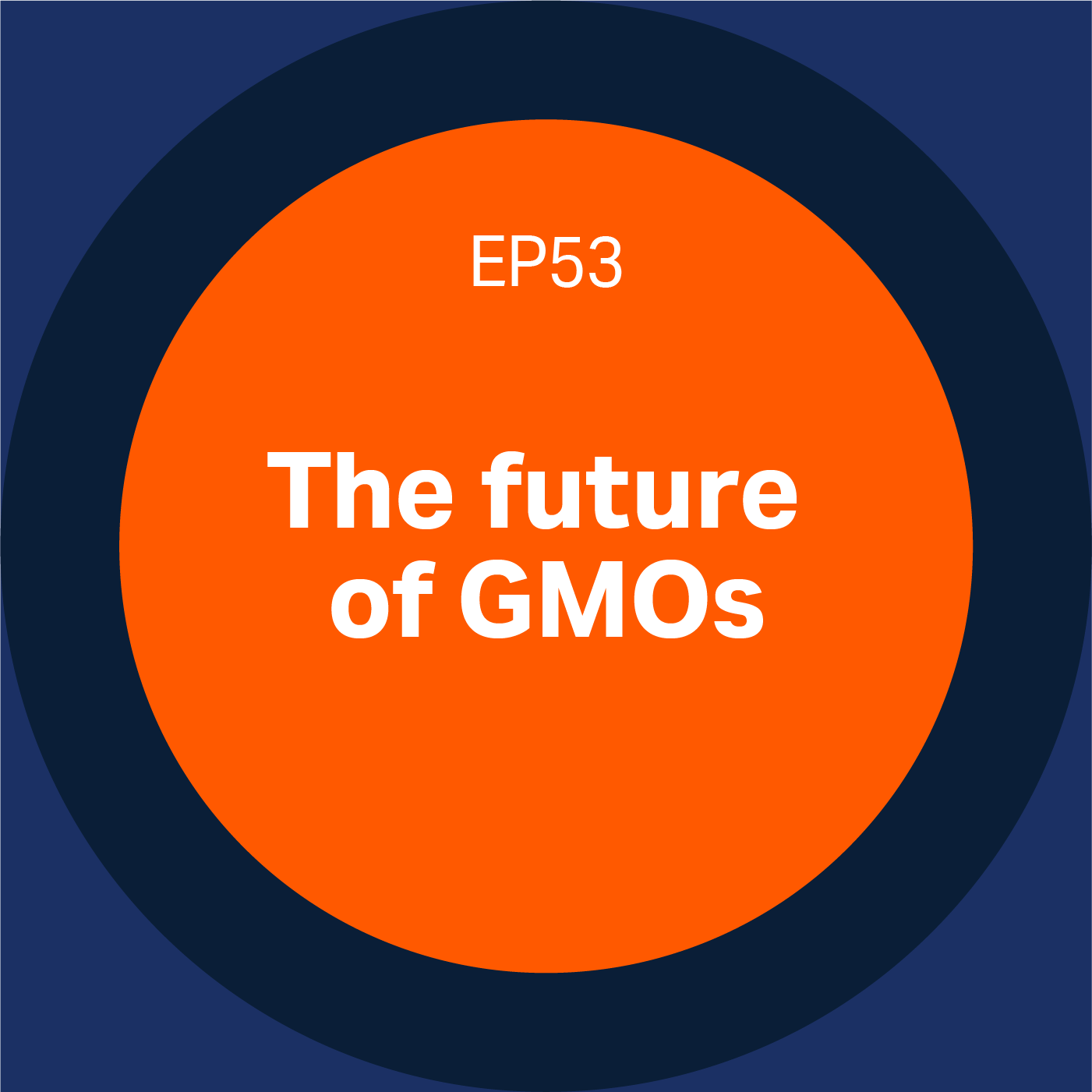
The future of food: GMOs. In this episode, we discuss cell cultured chocolate, and growing and consuming plants in space
View transcript
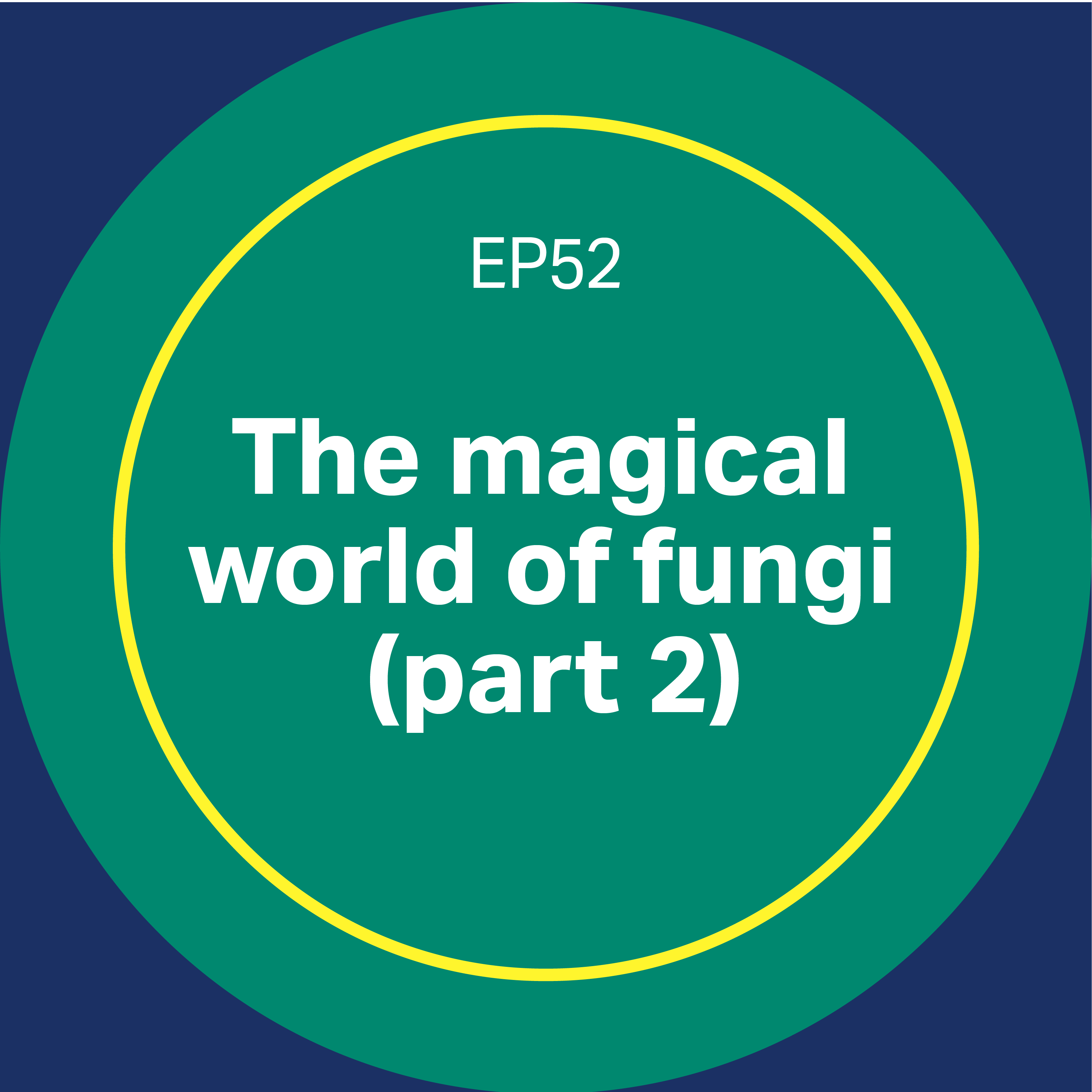
Fungi are amazing in so many ways. Did you know that fungi can be used for building materials in low resource environments? Or that they could decrease the carbon in our atmosphere? Or that they could bring extra income for low-resource communities? Chris explains that he has been using mushrooms to make building materials in low-resource environments in Namibia. These materials prove even better than concrete.
View transcript
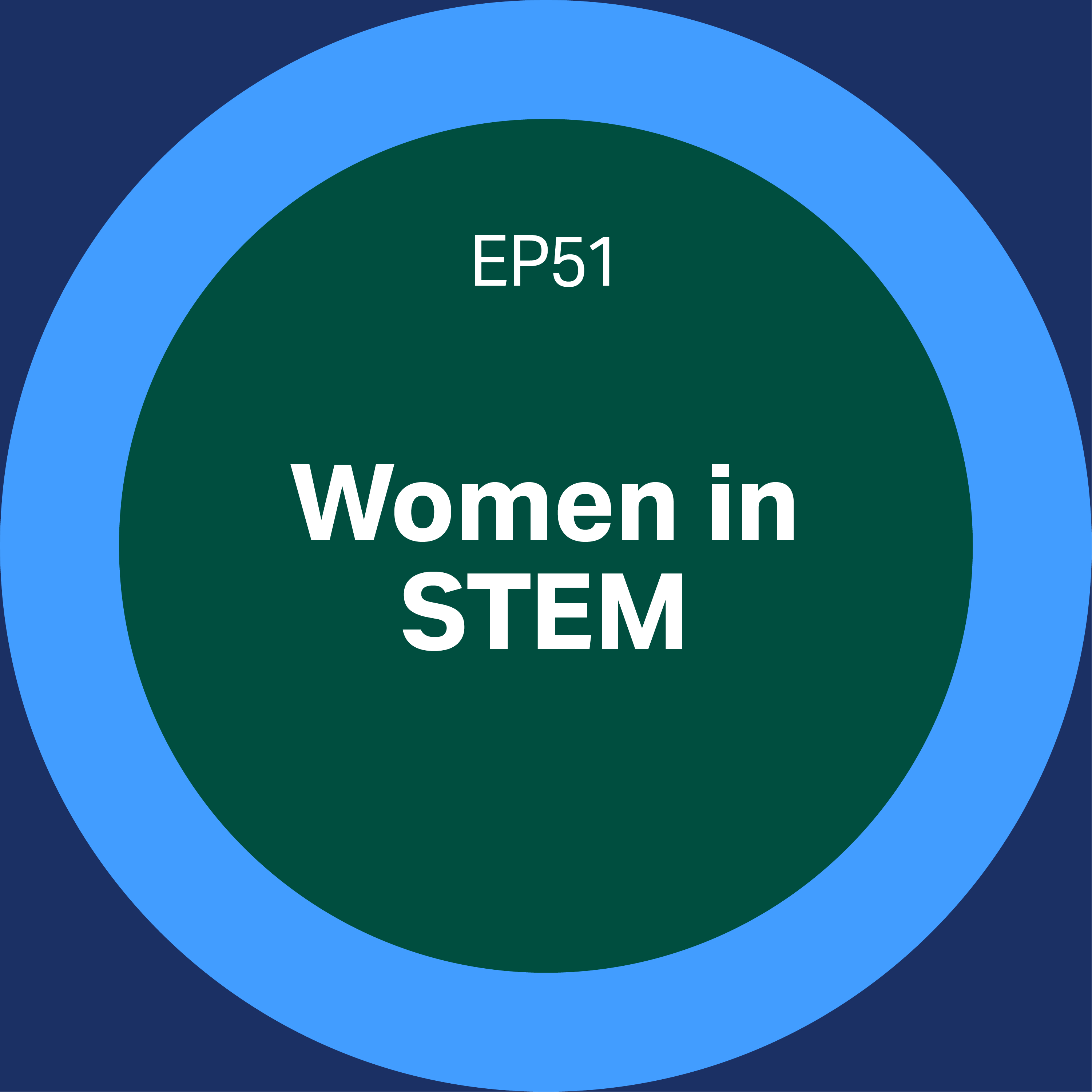
March is the month of the Woman, and to celebrate International Women’s Day we speak with two agents of change who are passionate about opportunity and diversity within the sciences. Ruchi Sharma, CEO and Founder of Stemnovate Limited, and Sabrina Fleurimé, drug product development scientist and Corporate Partnership Director at BBSTEM, talk to us about what we can all do to become agents of change.
View transcript
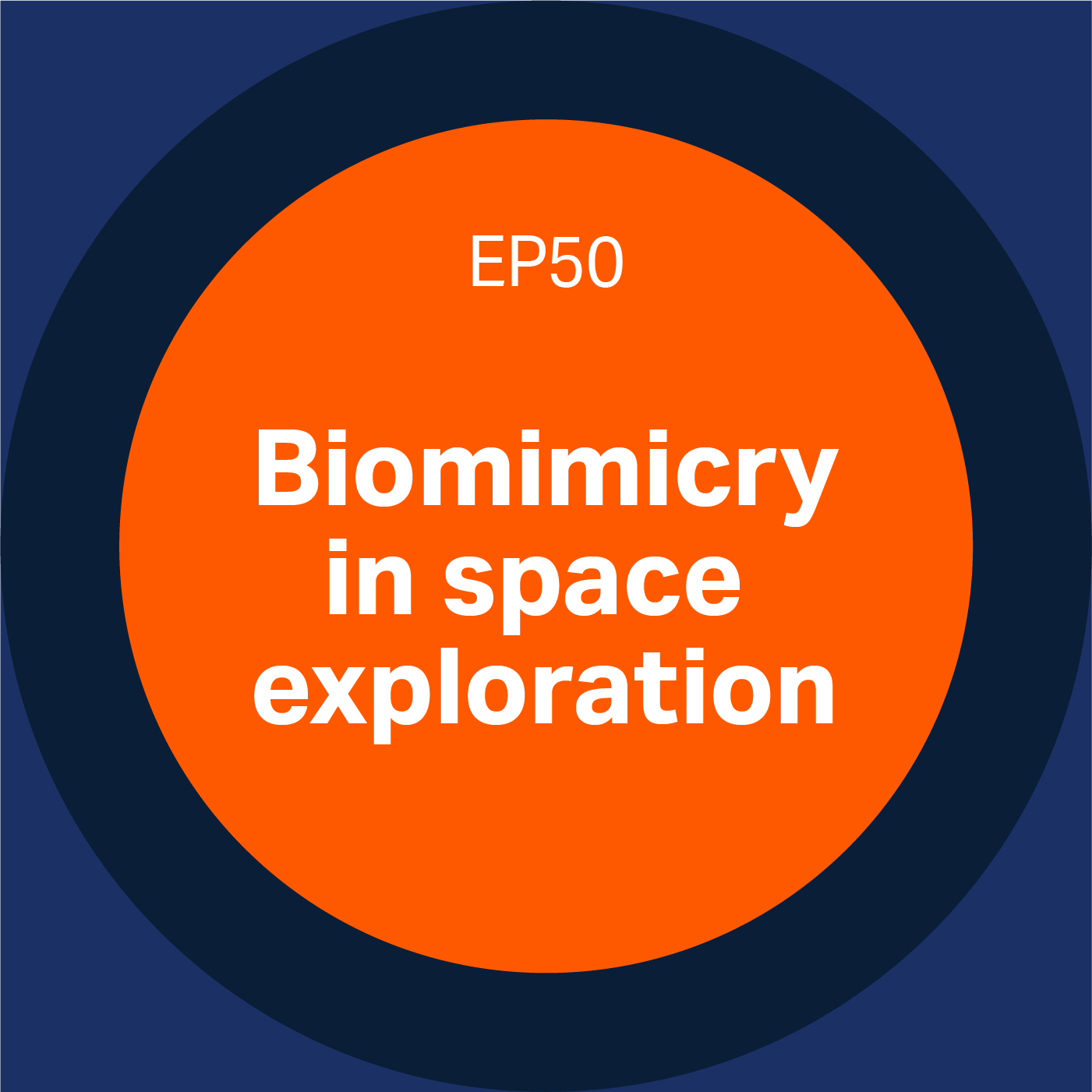
Sustained life and colonization in space is closer than ever, and biology holds the key. Biomimetic processes have applications for water filtration and for building homes on Mars. Jörg Vogel, VP of Open Innovation at Aquaporin, discusses how their Aquaporin Inside® Membrane Technology will help filter condensate and urine to make drinking water for astronauts.
View transcript
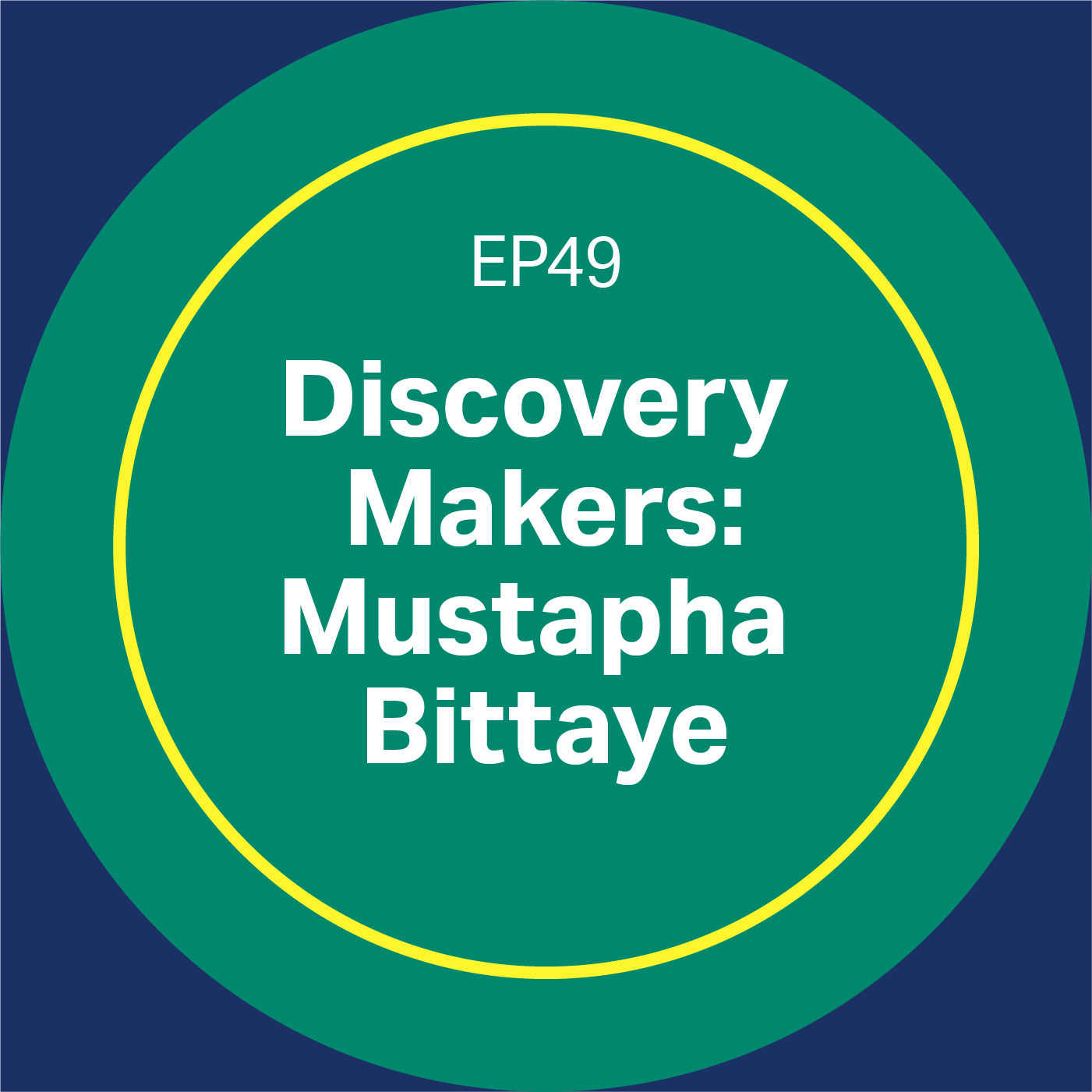
Meet Discovery Maker Mustapha Bittaye, a postdoctoral researcher at the Jenner Institute who helped create the Oxford/AstraZeneca COVID-19 vaccine. Born in The Gambia, a scholarship took Mustapha to the UK to study microbial proteomics, and from then onwards he has made truly amazing contributions to global human health.
View transcript
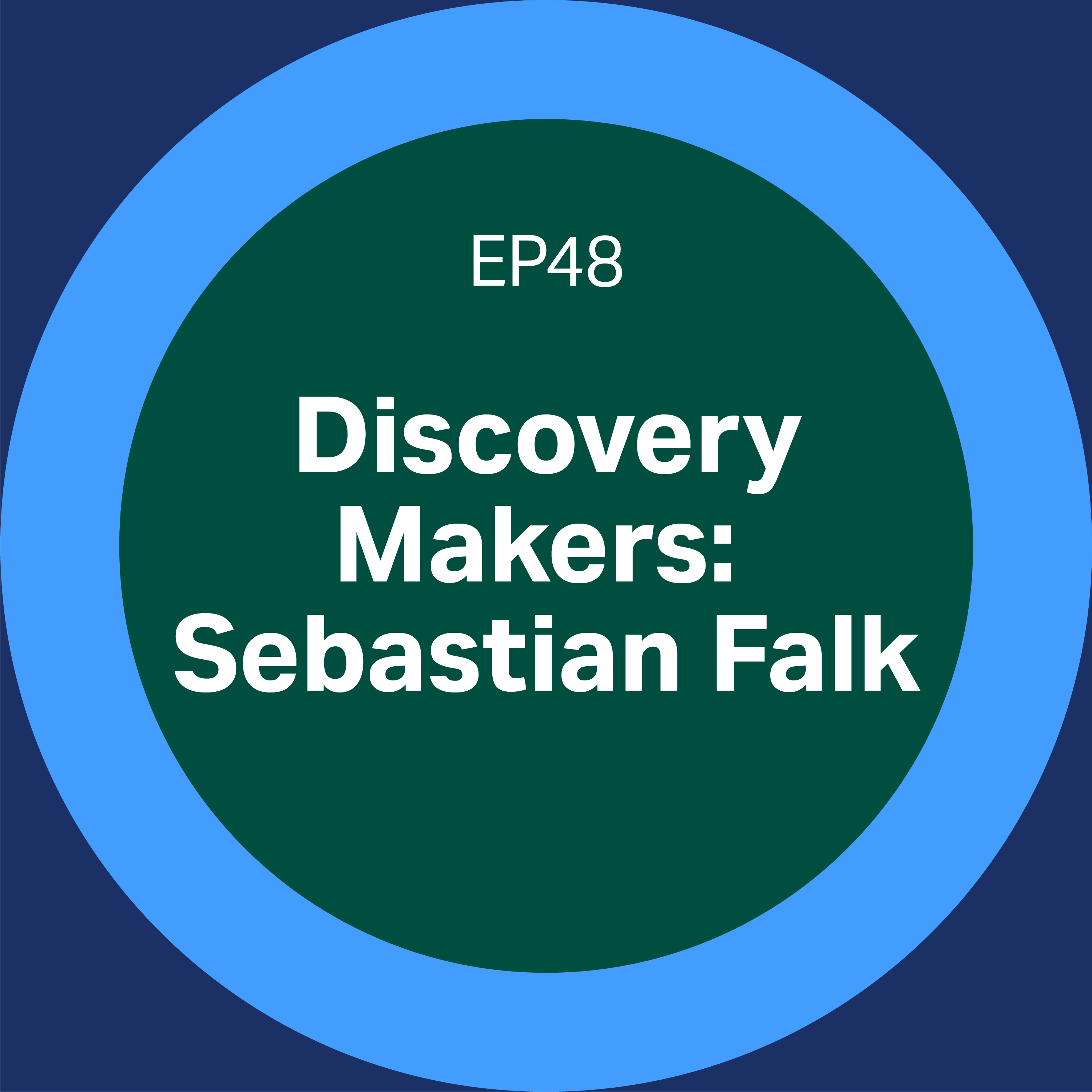
What drives a scientist? Well, according to Sebastian Falk, it is curiosity that drives him. Sebastian is a structural biologist who is leading a small research group investigating the structure and function of proteins, and how they work in RNA metabolism. In line with his curious-driven mindset, Sebastian also teaches at the University of Vienna where he is educating the next generation of up-and-coming scientists.
View transcript
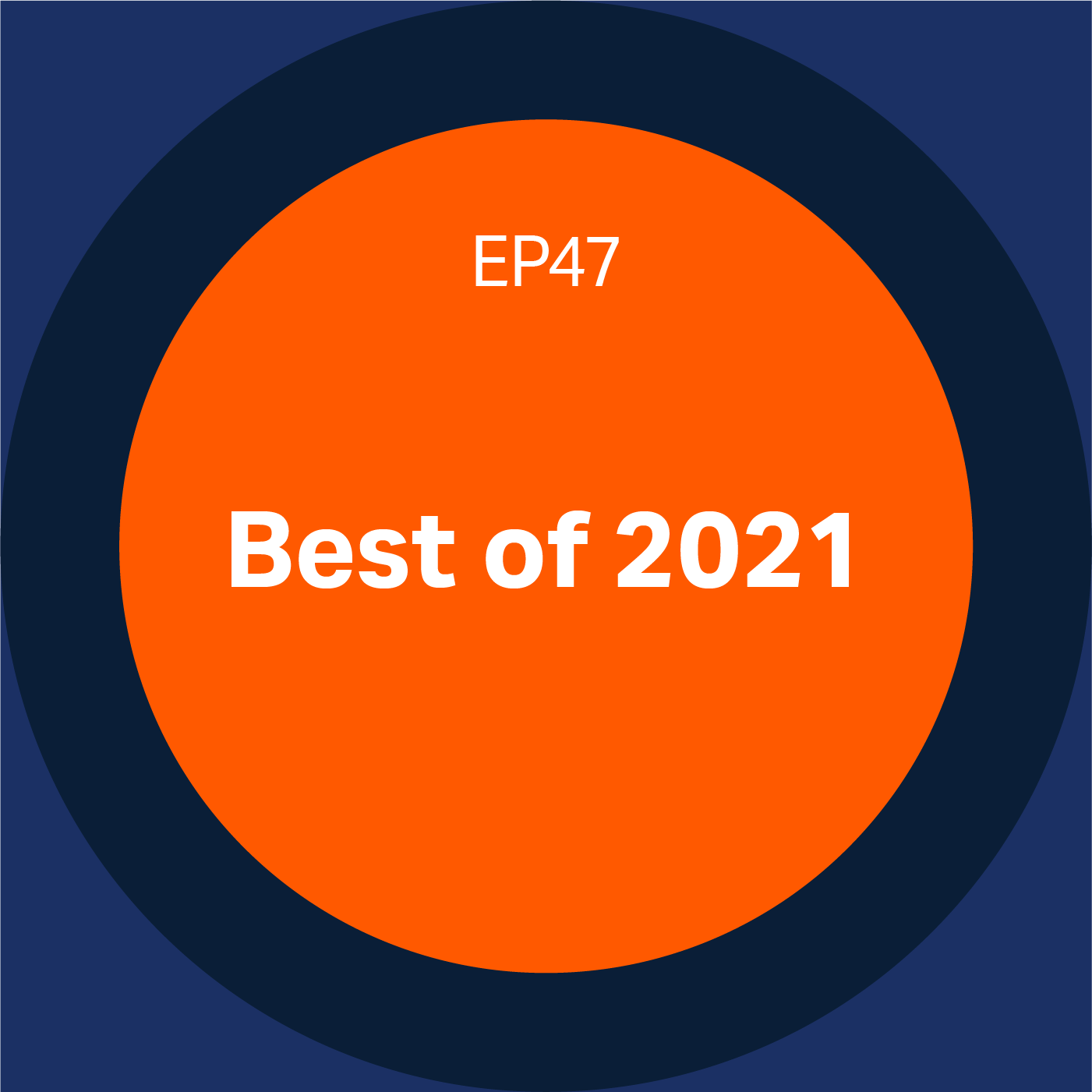
As 2022 rolls around the corner, we look back on the amazing topics we covered in 2021. Conor and Dodi were set an assignment to choose their favorite episode of the year, but as this was such a jam-packed year it made it very hard for them to complete their assignment. But as in all things, they delivered.
View transcript
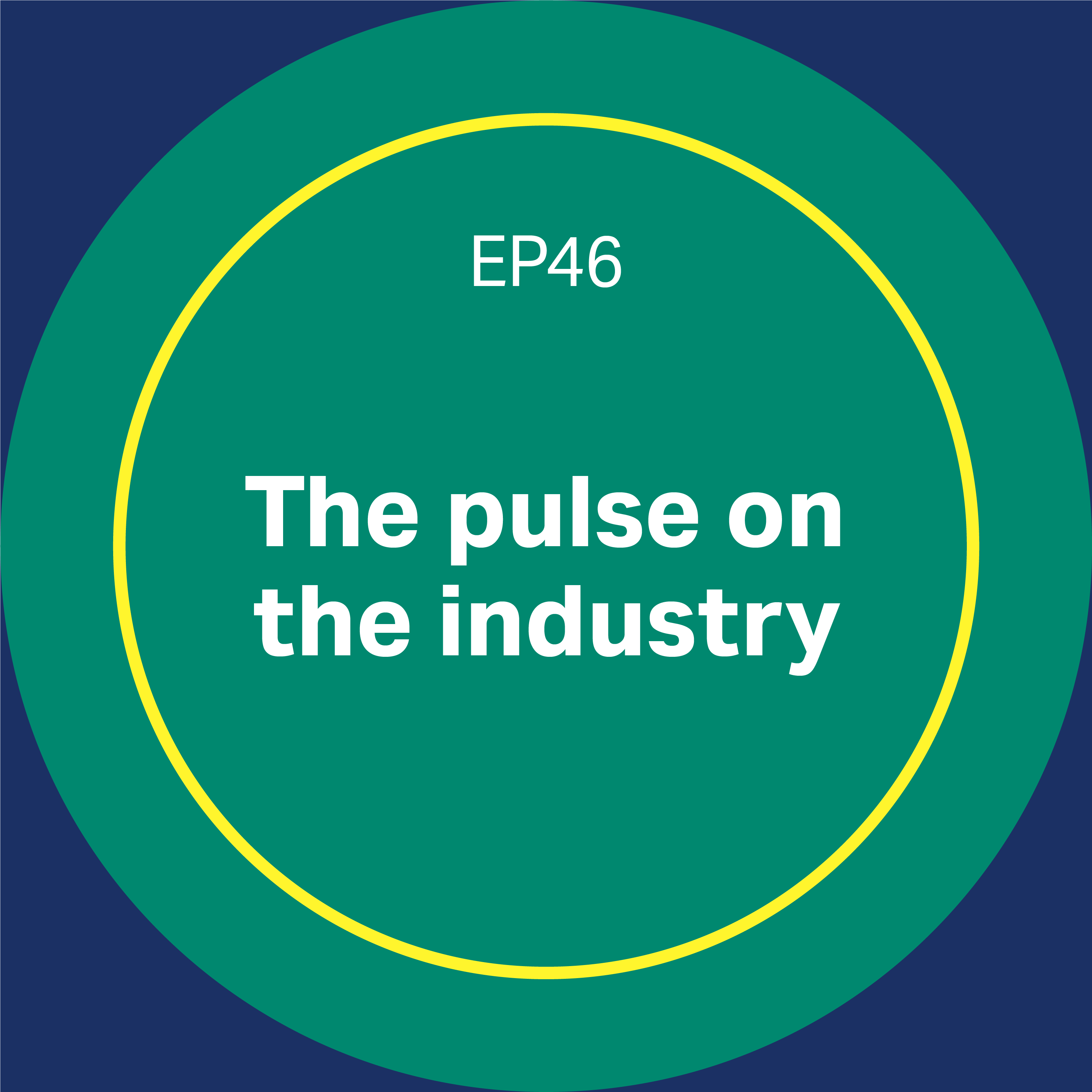
For this episode of Discovery Matters we are focusing on industry surveys and what they can tell us. This includes BioPlan and the Biopharma Resilience Index, huge reports providing insight into both the issues and opportunities facing the industry today.
View transcript
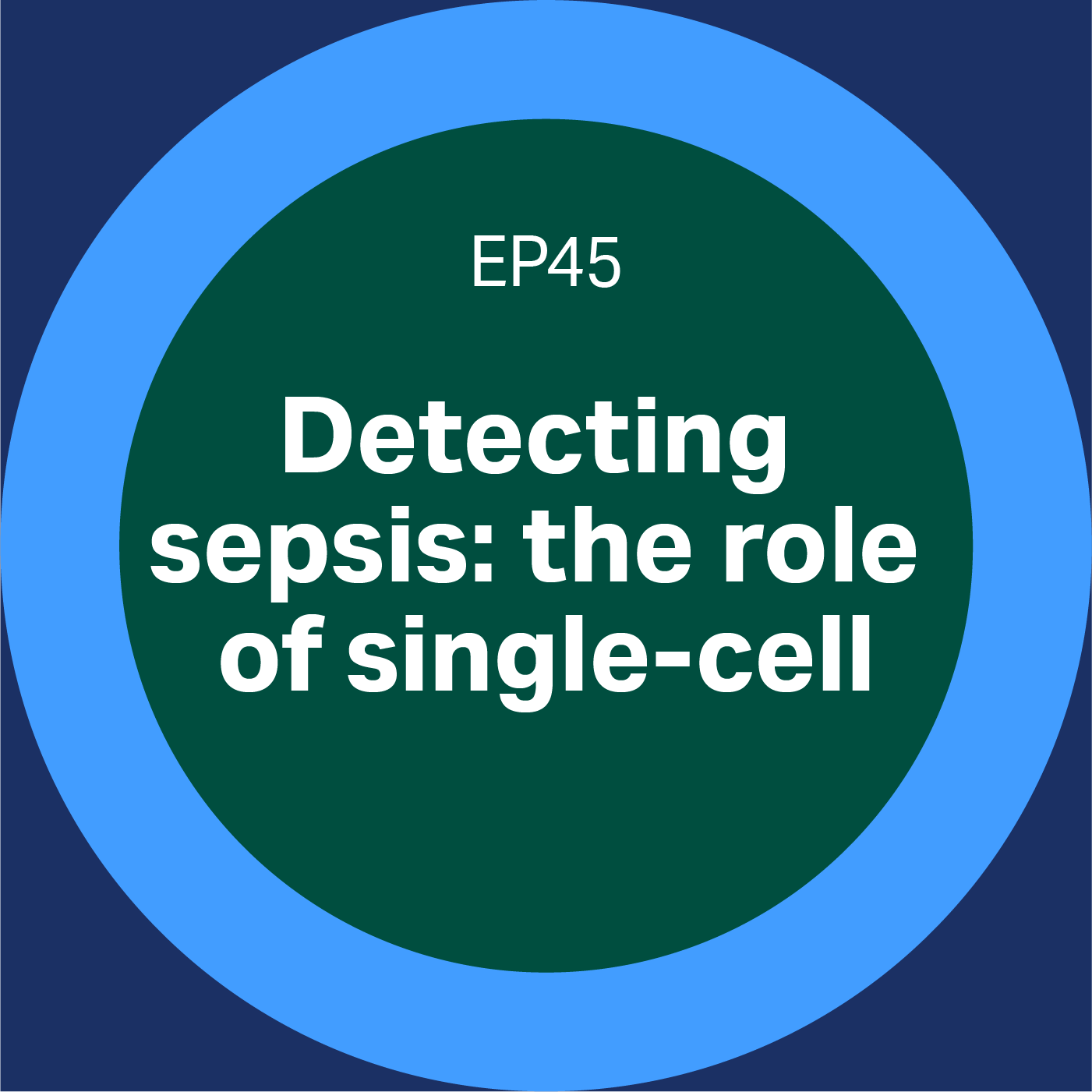
Single-cell sequencing is technology that is giving us new genomic capabilities. Single-cell sequencing could hold the key to understanding why the body reacts to infections, and overall to help us advance healthcare.
View transcript
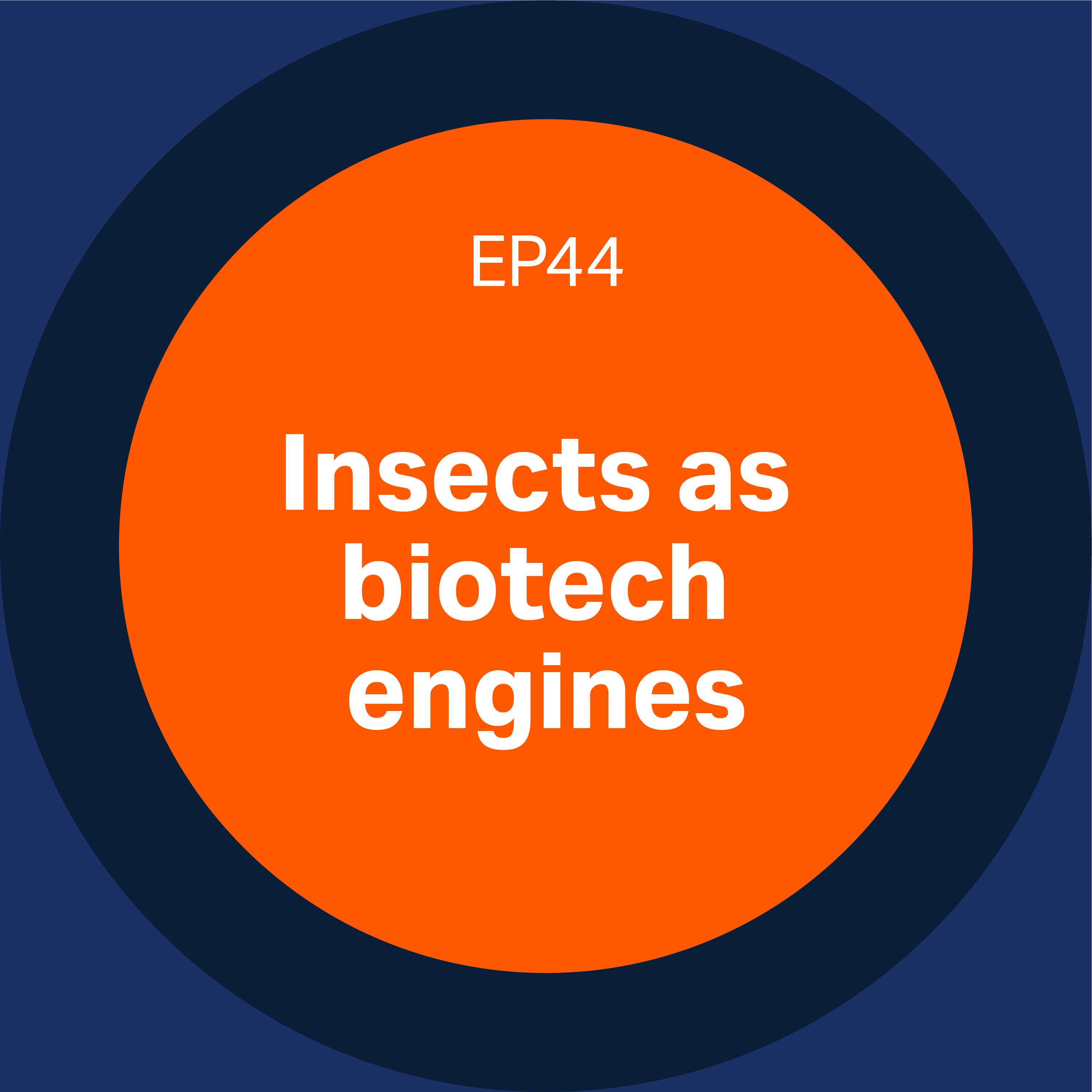
We’ve talked about slime, seaweed, mushrooms, and now creepy crawlies. Insects are an important source of proteins in two forms: medicines and meals. Insect pupae can produce recombinant proteins that can be used for vaccines, and are also excellent food sources, not just for bush tucker trials, but also doughnuts, croissants, oils, and hummus, all made from insect lipids.
View transcript
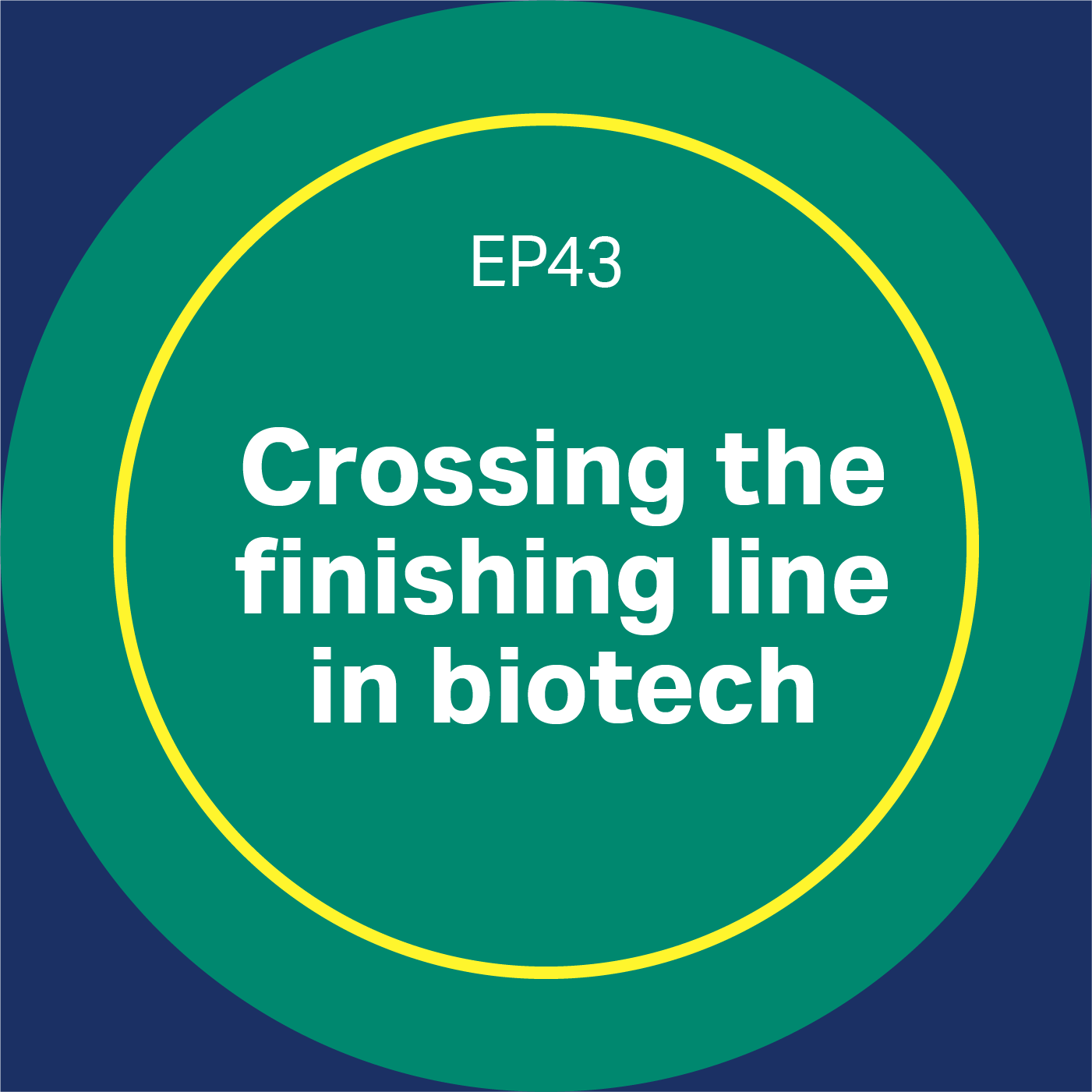
We talk a lot about beginnings on Discovery Matters, but what about actually getting biologic drugs to people? Once the biologic is produced, aseptic filling and hybrid glass and plastic vials help to protect the biologic drug and the patient.
View transcript
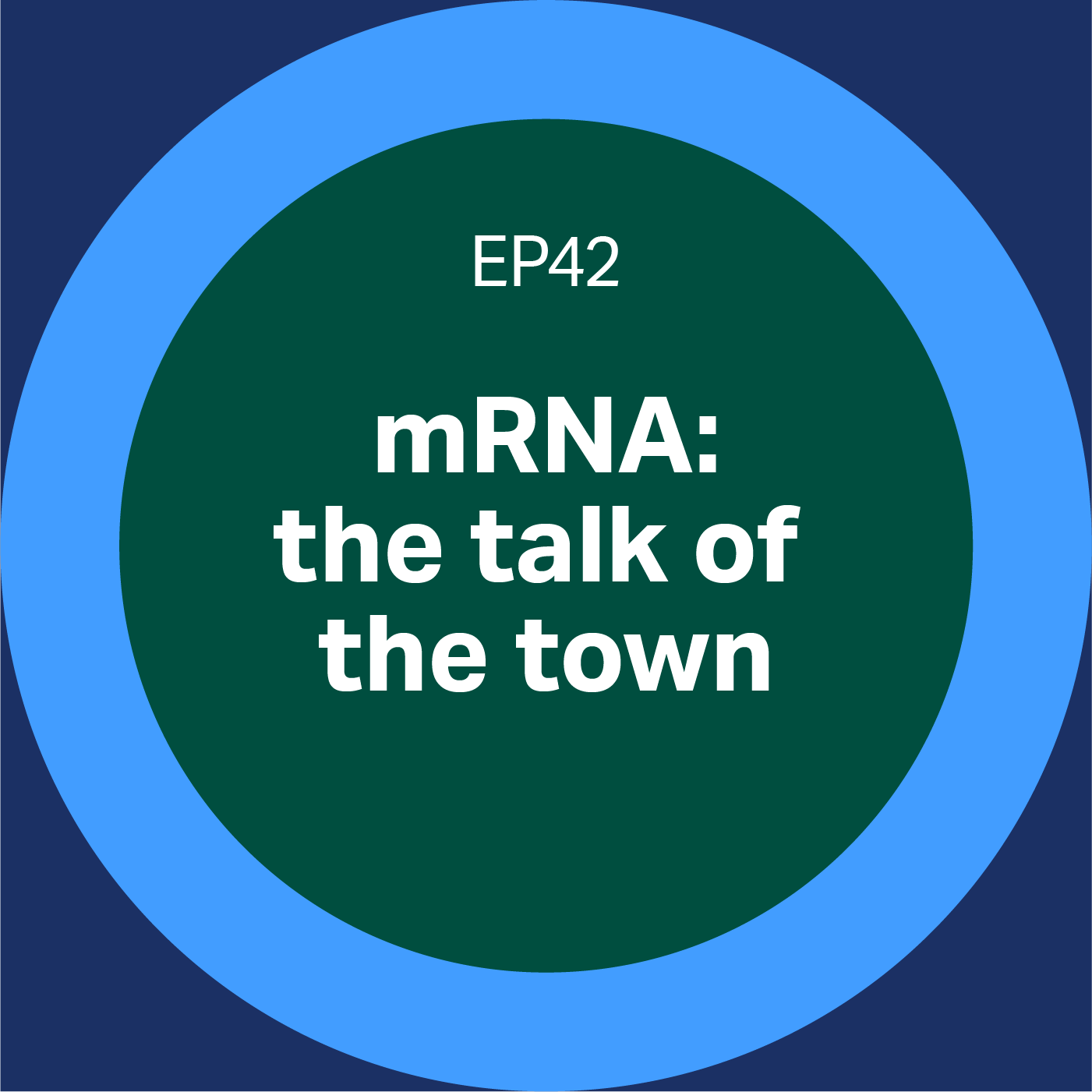
Who (in the scientific community) would have guessed that mRNA would be such a popular word in everyone's vocabulary one day? Well, as Conor puts it, "all the research by the people on the edges of the scientific community for the past 20 years are really paying dividends."
Join Dodi, Conor and their guests, in the latest episode of Discovery Matters, talking about mRNA revolutionizing the genomics field.
View transcript
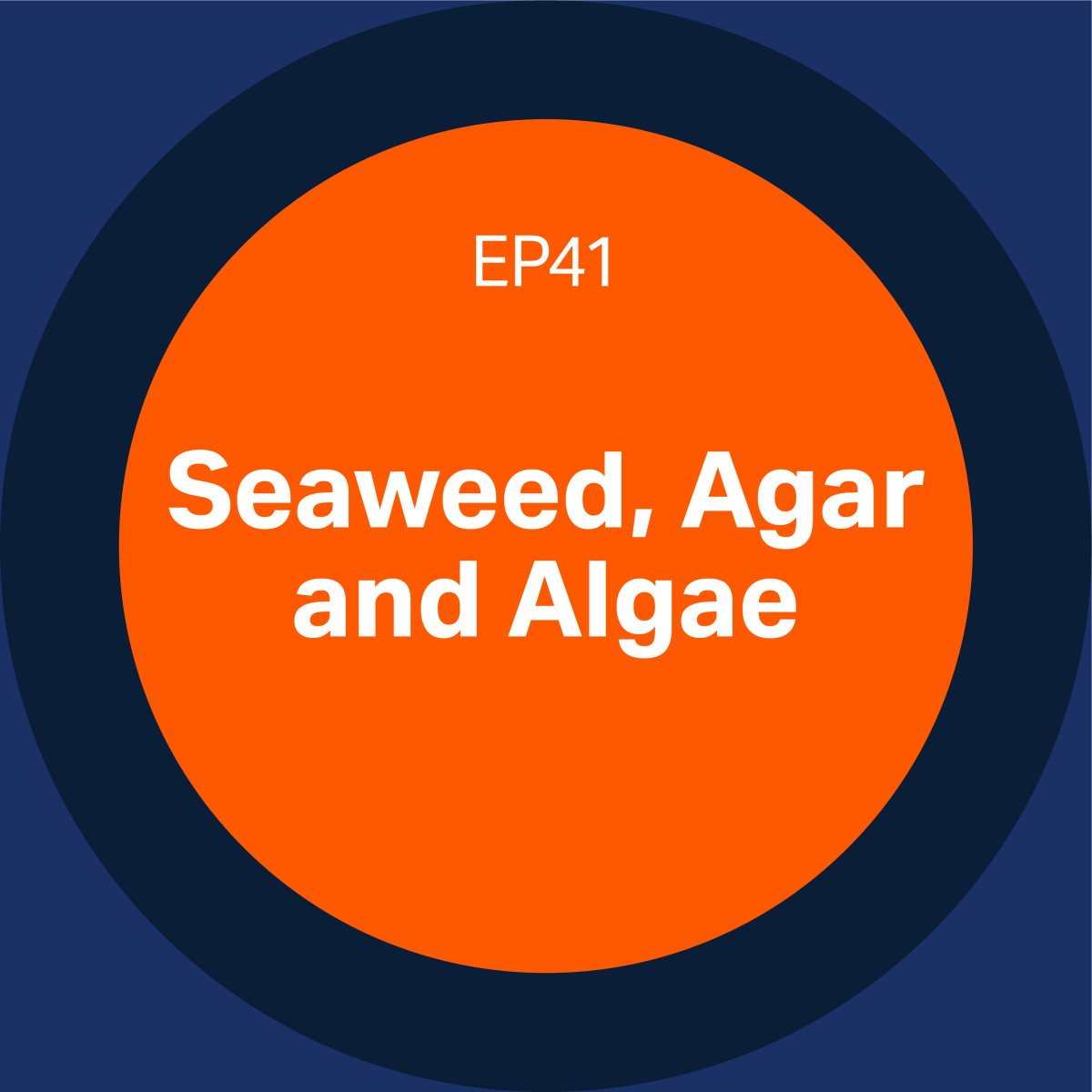
Conor brings us into the world of slime: seaweed, agar, and algae. Algae gave us the atmosphere that we have today and is still coming to our aid against climate change. Photobiologist Peter Ralph, who once called himself Dr. Death, explains how algae has provided him with newfound hope for the future to solve climate change.
View transcript
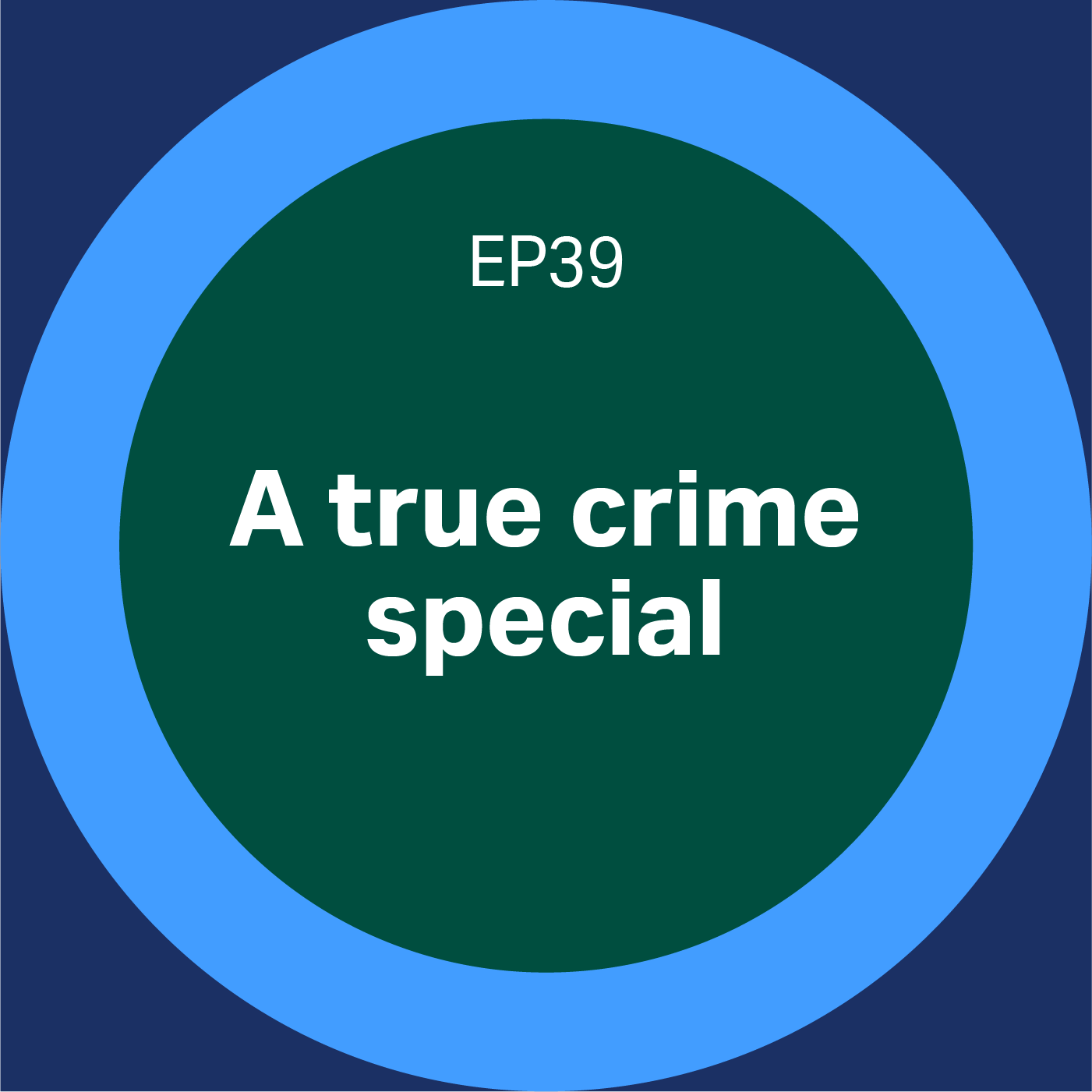
How do you solve linked murders without witnesses? The answer, DNA.
In this episode of Discovery Matters, we have been inspired by the true crime genre. We discuss a 32-year-old cold case which was the first to be solved with DNA profiling, and a murder in Las Vegas that was solved with the smallest amount of DNA ever!
View transcript
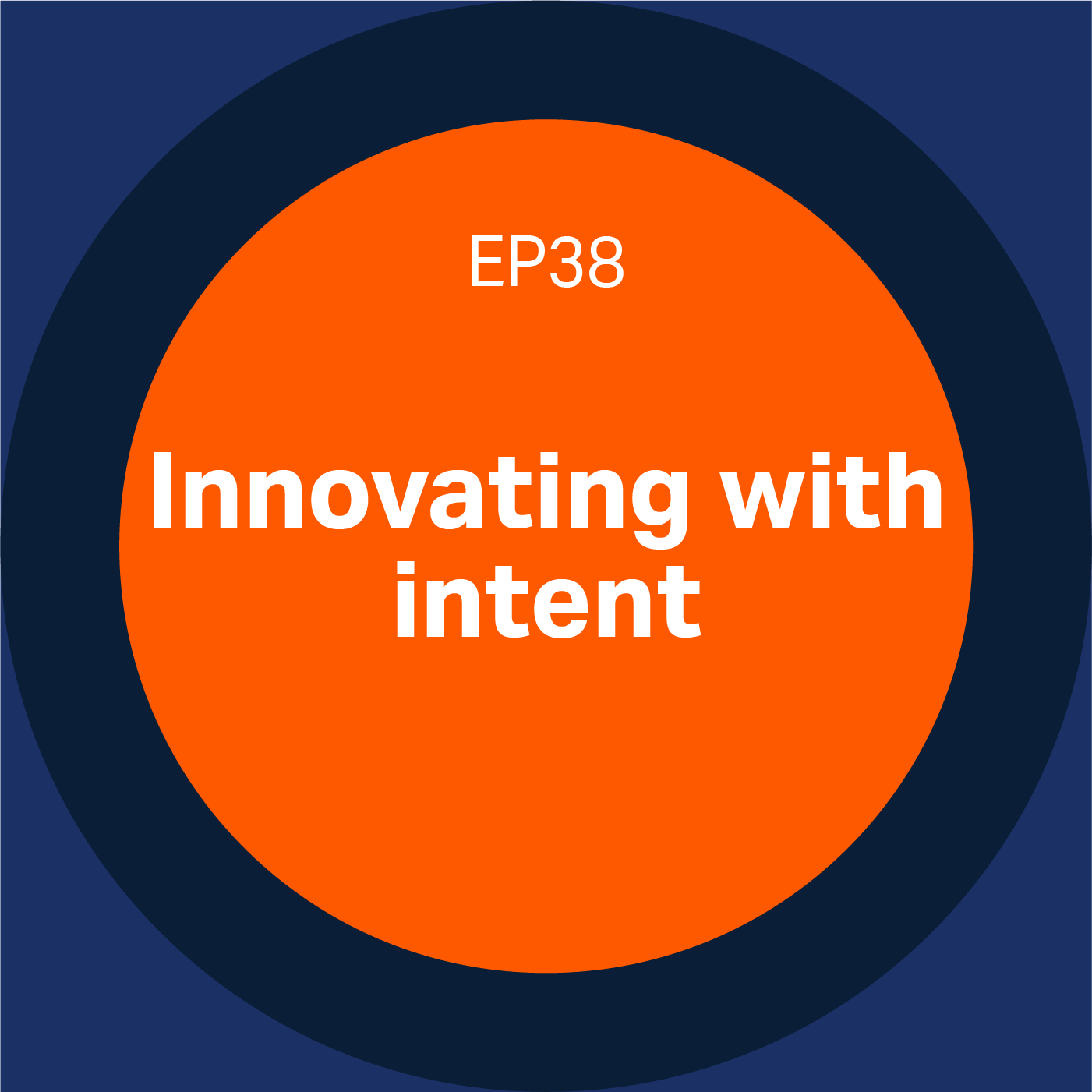
We adore happy accidents. But is that the only way to innovate? We talk to an innovation guru who's all about structure. Then we meet a scientist whose goal with innovation is to scale up. Enter the Testa Center in Sweden. Hear how it all comes together in this episode with Dodi and Conor.
View transcript
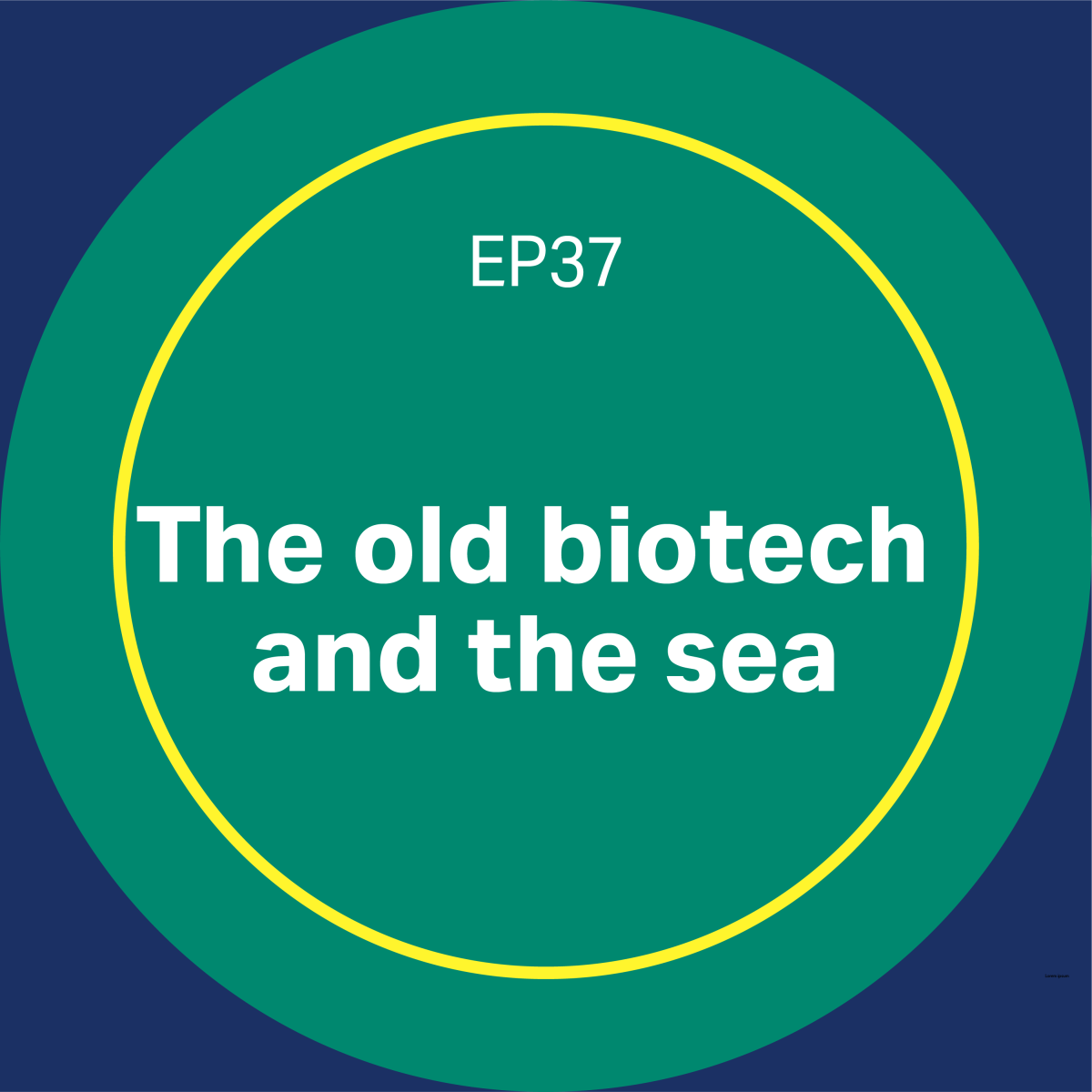
Short and sweet - Conor brings an interesting story about role of horseshoe crabs in the pharmaceutical industry. Guest and subject matter expert is Ding Jeak Ling - or Lynne, as she prefers to be called. She is a professor at the Department of Biological Sciences National University of Singapore, and her main research interest is in Innate immunity and cancer immunomodulation.
View transcript
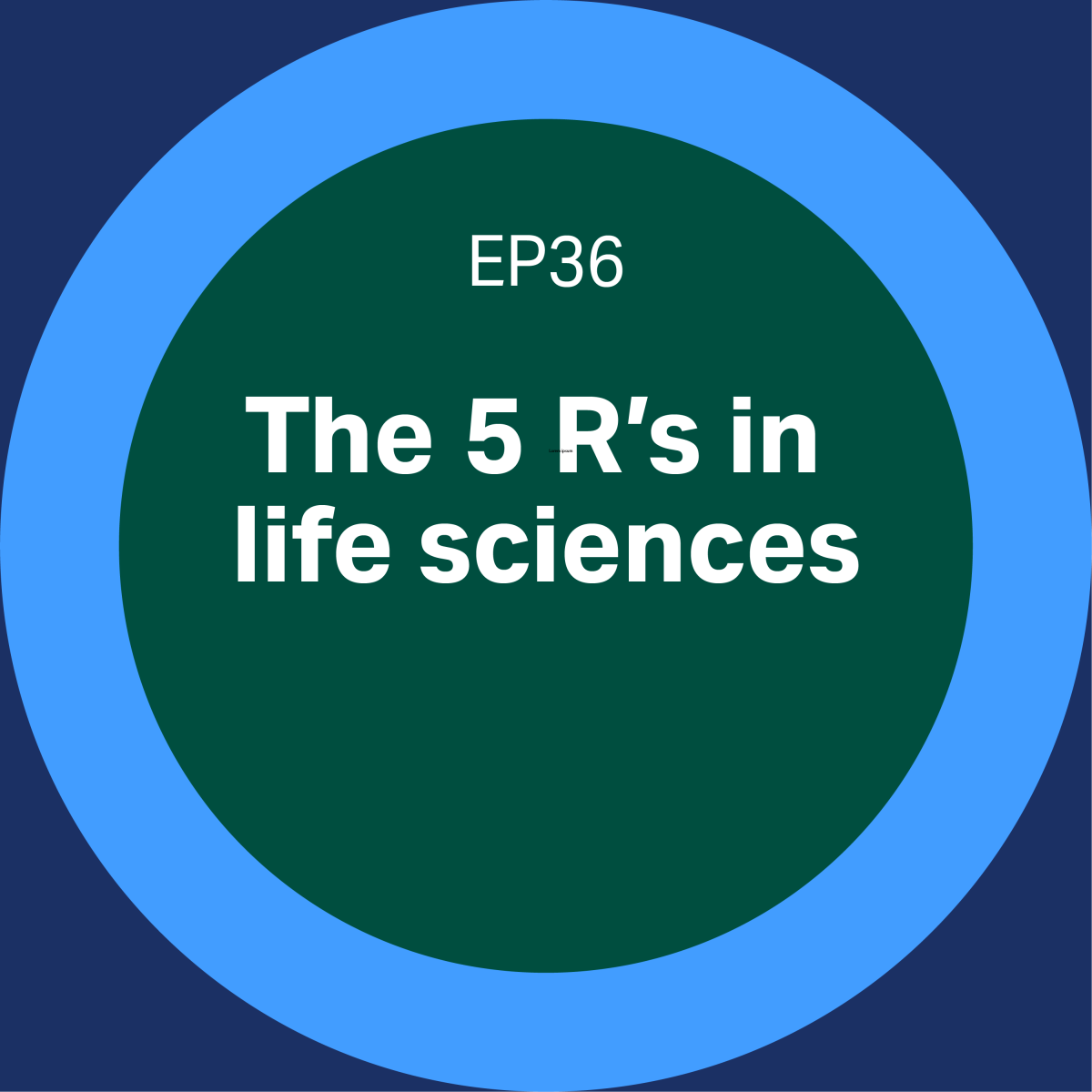
Sure, healthcare and pharma do a whole lot of good in the world - but this doesn't make us exempt from taking our plastic waste seriously.
So, join Conor and Dodi as they talk about the 5 R's with their guests: Tom Szaky, Founder and CEO at TerraCycle; Cristina Peixoto, Head of Lab at iBET (Instituto de Biologia Experimental e Tecnologica, Portugal) and Joëlle Cristofani from Cytiva.
View transcript
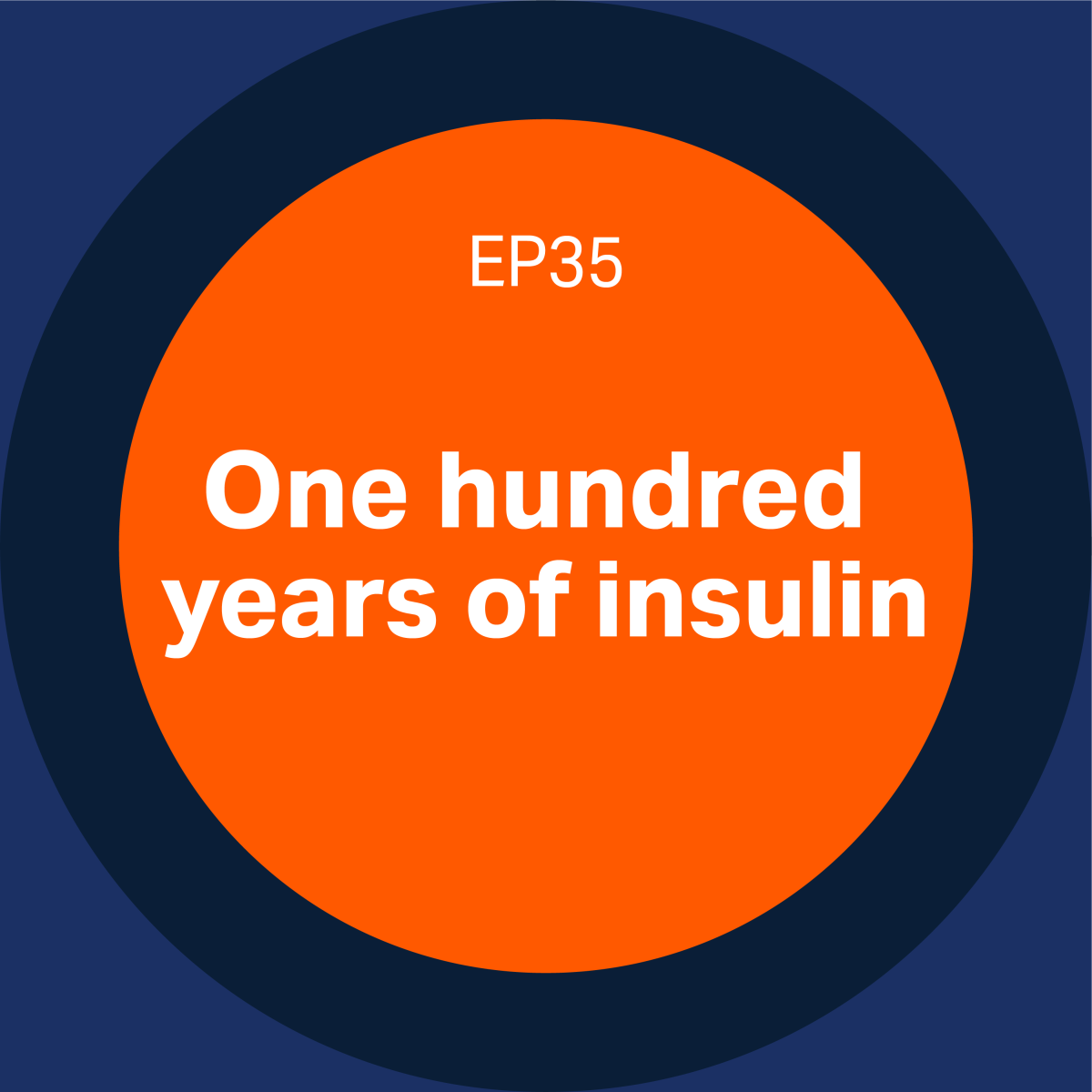
After one hundred years of insulin, Ulf Hannelius, CEO of Diamyd, says we are on the verge of having a diabetes vaccine.
View transcript
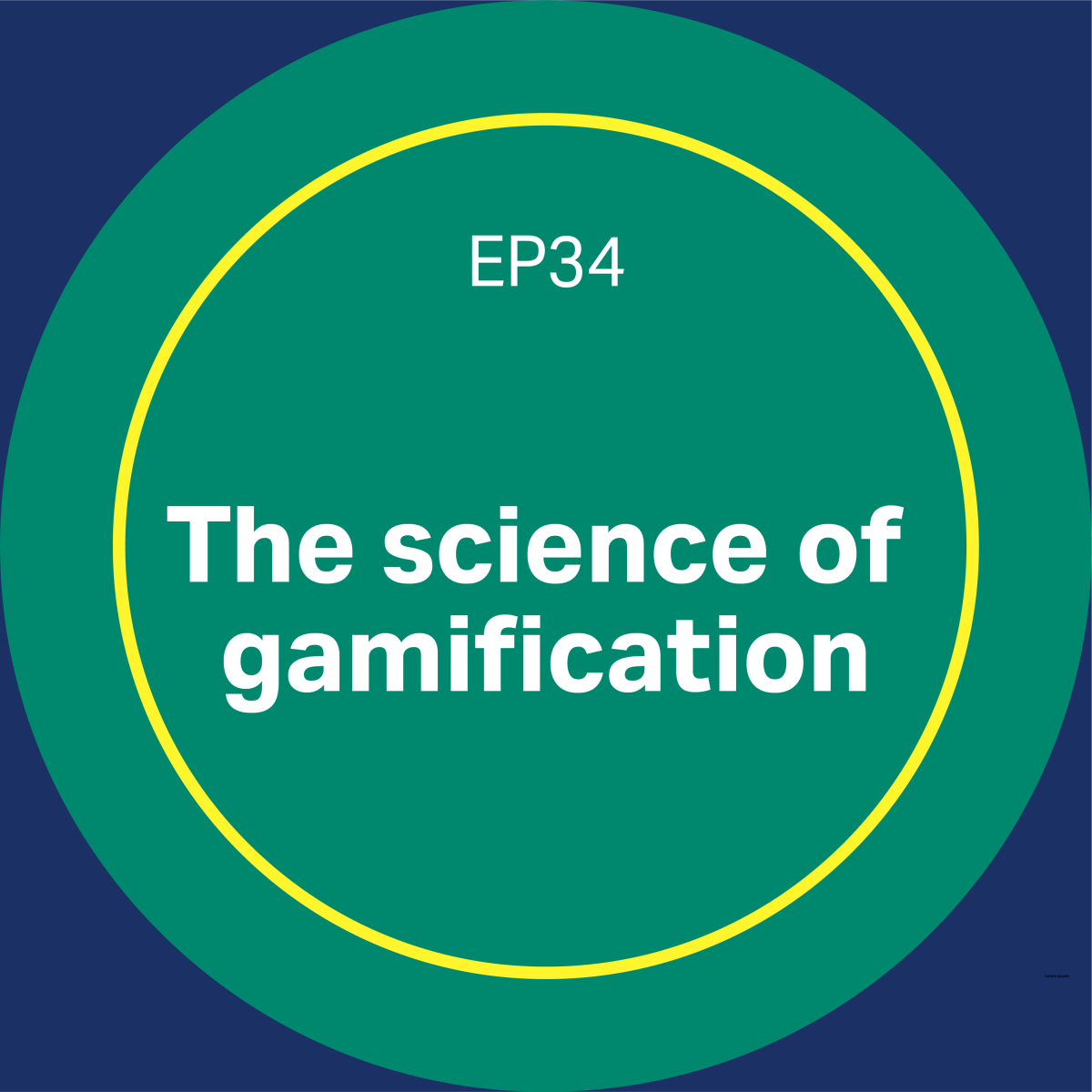
What's the science behind apps like Duolingo and Yousician? Gamification! And what happens when you apply this science to ... scientific discoveries?
Join Dodi and Conor and their guests, Zoran Popovic, University of Washington and Helen Spiers, Zooniverse.
View transcript
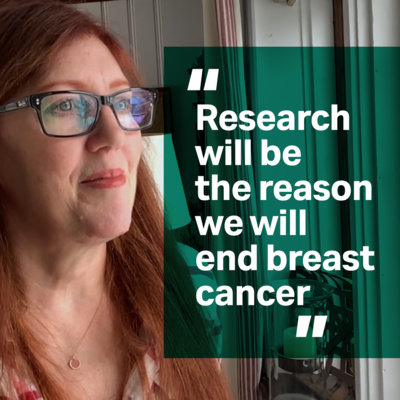
What keeps a scientist going through doubts and difficulties? Rock-solid self-belief? The drive to save lives? Curious, we met some Discovery Makers. Next in the series is Dorraya El-Ashry who’s leading the battle against breast cancer.
View transcript
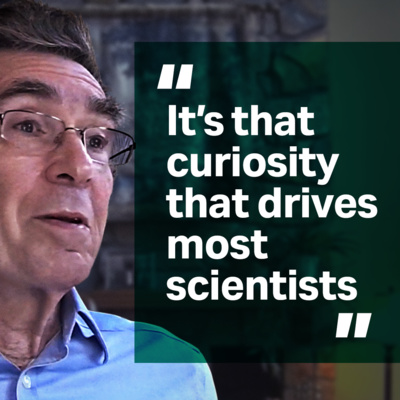
This episode almost became a 3 hour long one - Robert "Bob" Lefkowitz, PhD., is a phenomenal, infinite source of knowledge. Dodi and Conor are still in awe and deep appreciation for the time spent with the 2012 Nobel Prize laureate for Chemistry (shared with Brian Kobilka).
View transcript
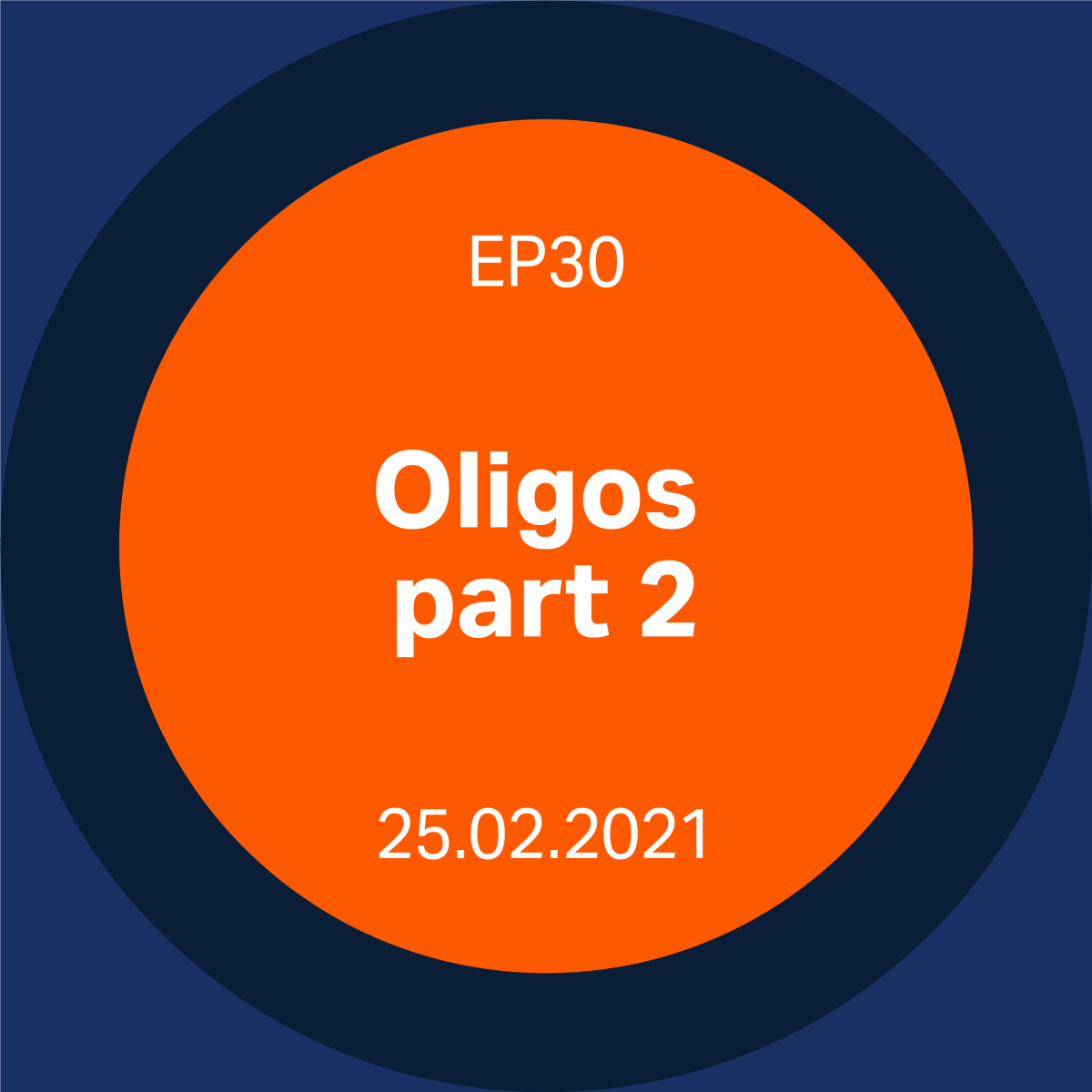
Remember our first episode on oligonucleotides, telling the story of Roy living with spinal muscular atrophy? We were so amazed by this technology, we promised to follow up at a later date - and today is the day! Listen to find out how Roy is doing today, and hear from Harvard medical doctor and researcher, Tim Yu and Nikki Reyes-McIntosh, mother of Miles who also lives with SMA and is treated by oligos.
View transcript
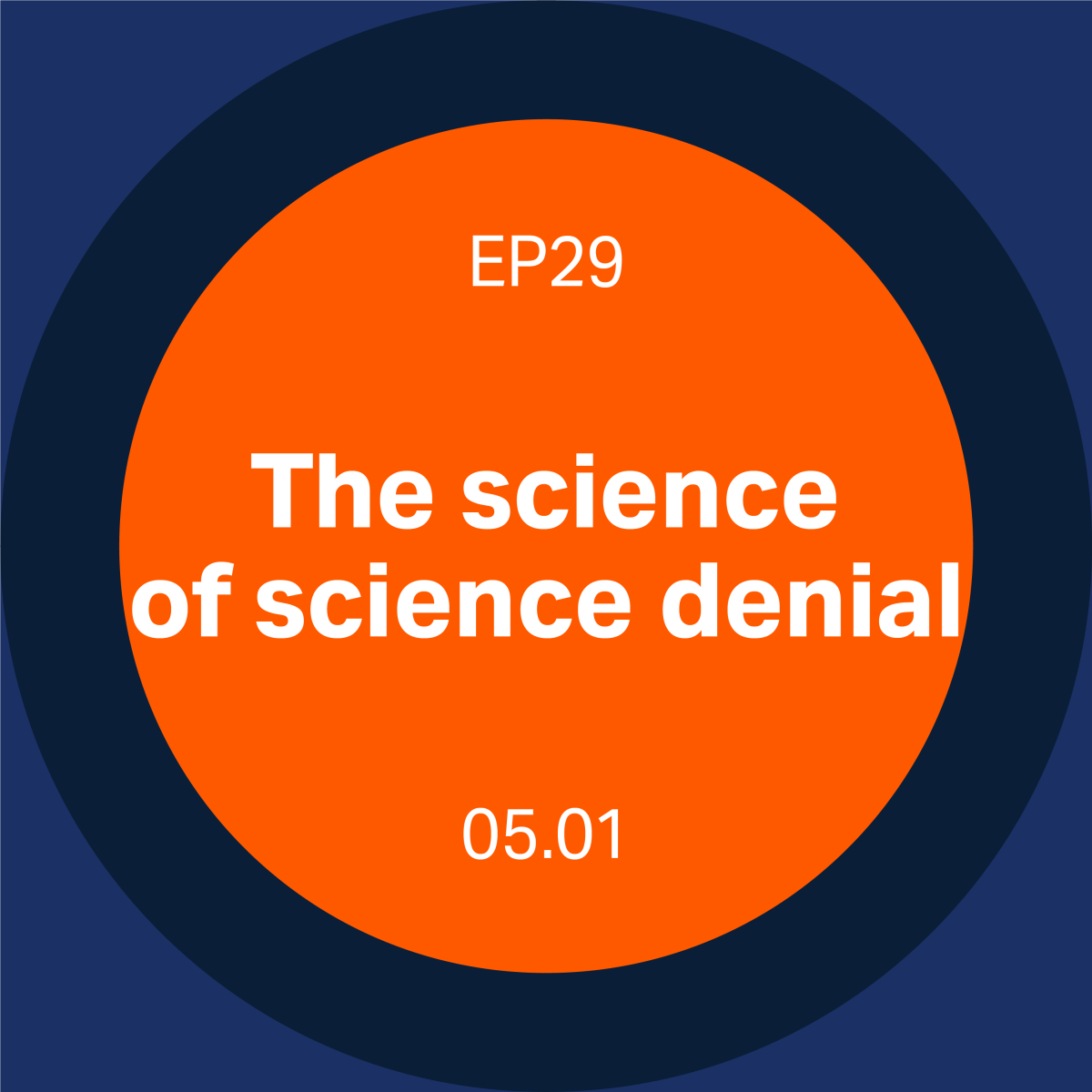
Why do some people embrace science while others ignore it? The answers might surprise you. Join Dodi, Conor, and guests as they tackle this question with COVID vaccines in mind.
View transcript
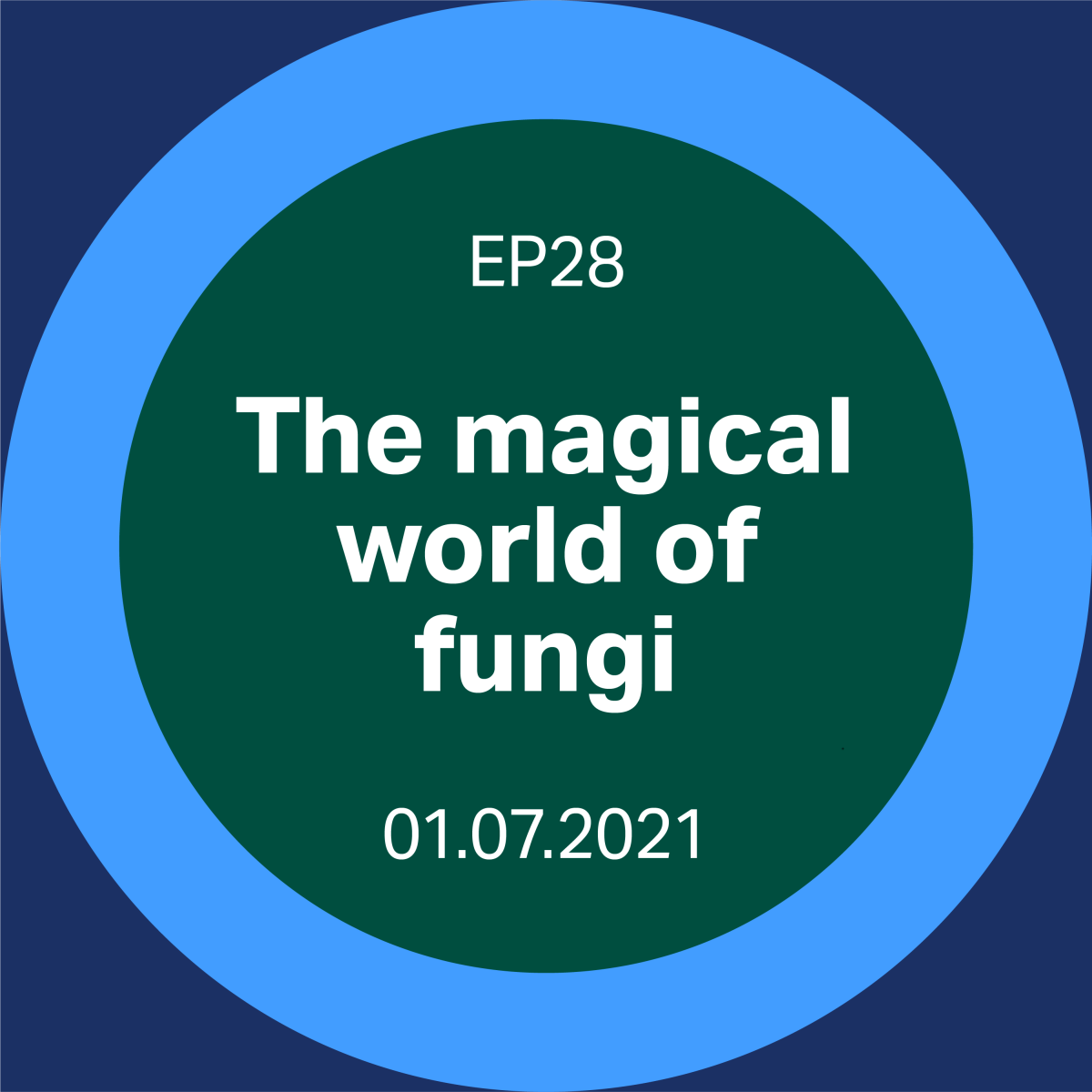
Conor finally brings the 15 minutes of fame to fungi – mushrooms being second only to his ’microbiomania.’ We invite you to the beginning of the journey to understand fungi and mushrooms.
View transcript
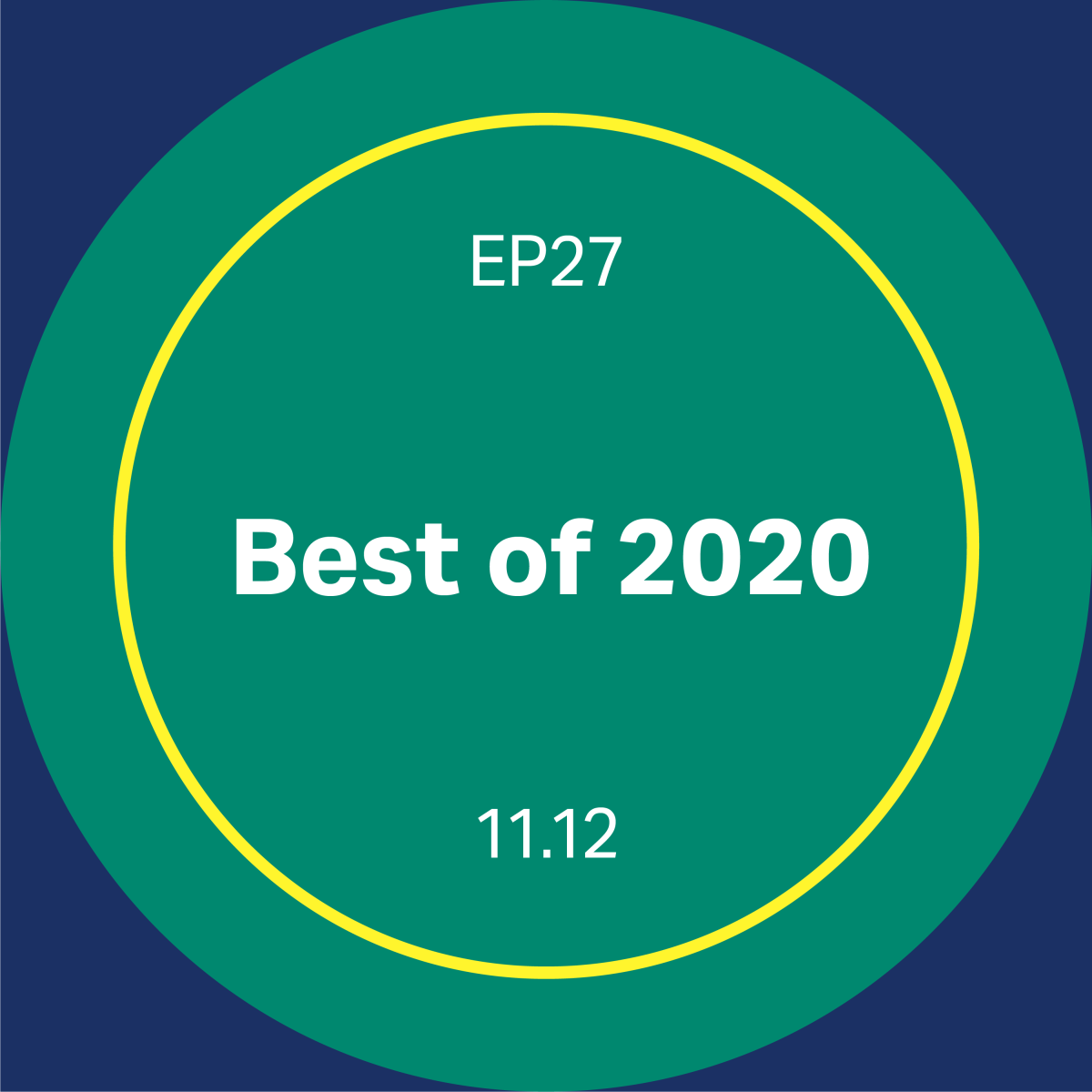
We end 2020 a bit worse for the wear, but we learned every day. Discover our highlights from the inaugural year of this gnarly yet emotional science podcast.
View transcript
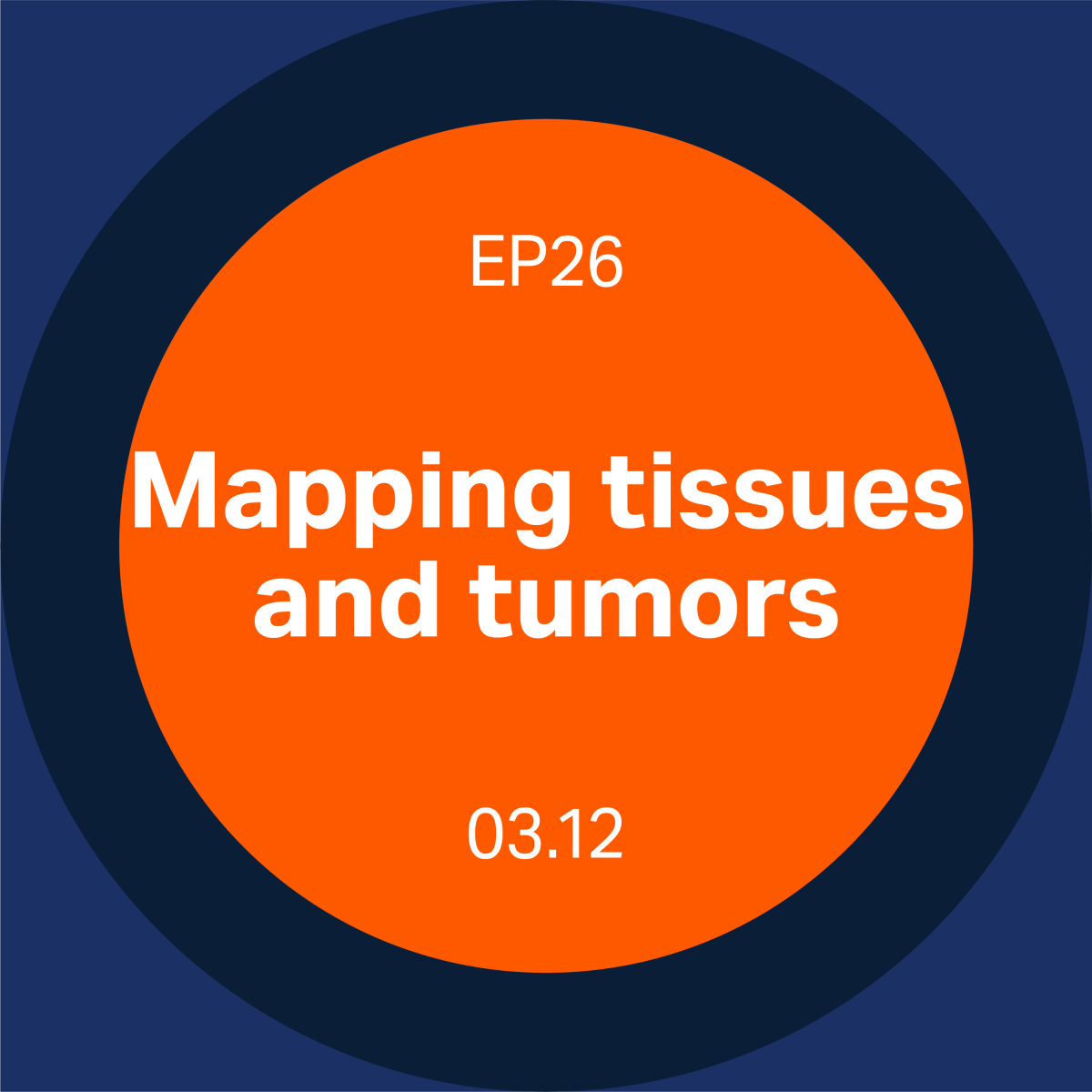
Why can’t we predict who’s going to benefit from a cancer treatment, and who isn’t? Turns out we’ve been missing an important piece of the puzzle. Grab your explorer hat and pop it on your head, because we’re going mapping.
View transcript
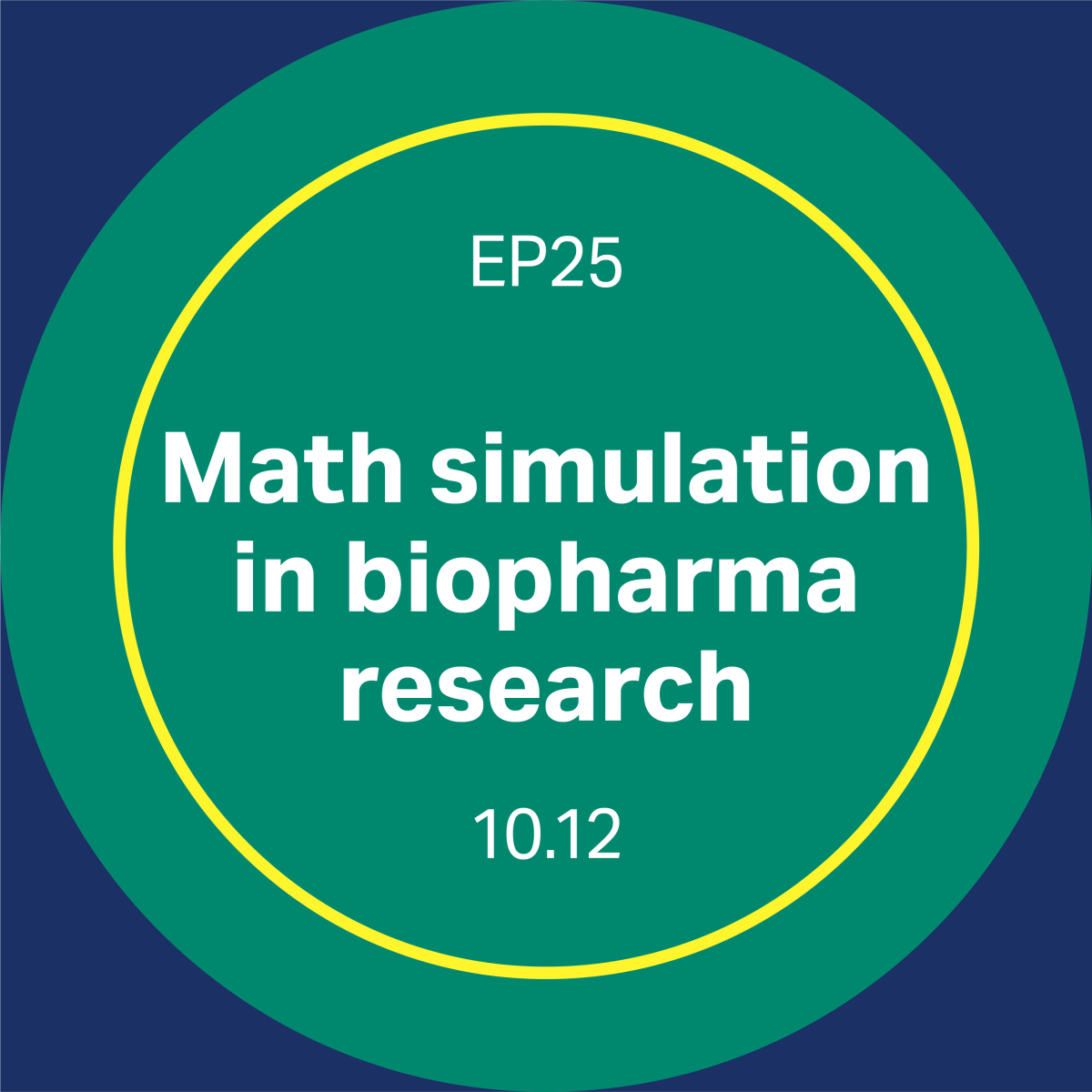
Computer simulation helps us design better cars before we make a physical model. What if we could use this technology to do the same for purifying new biotherapeutics? These podcast guests think we can and will by bridging math and biochemistry.
View transcript
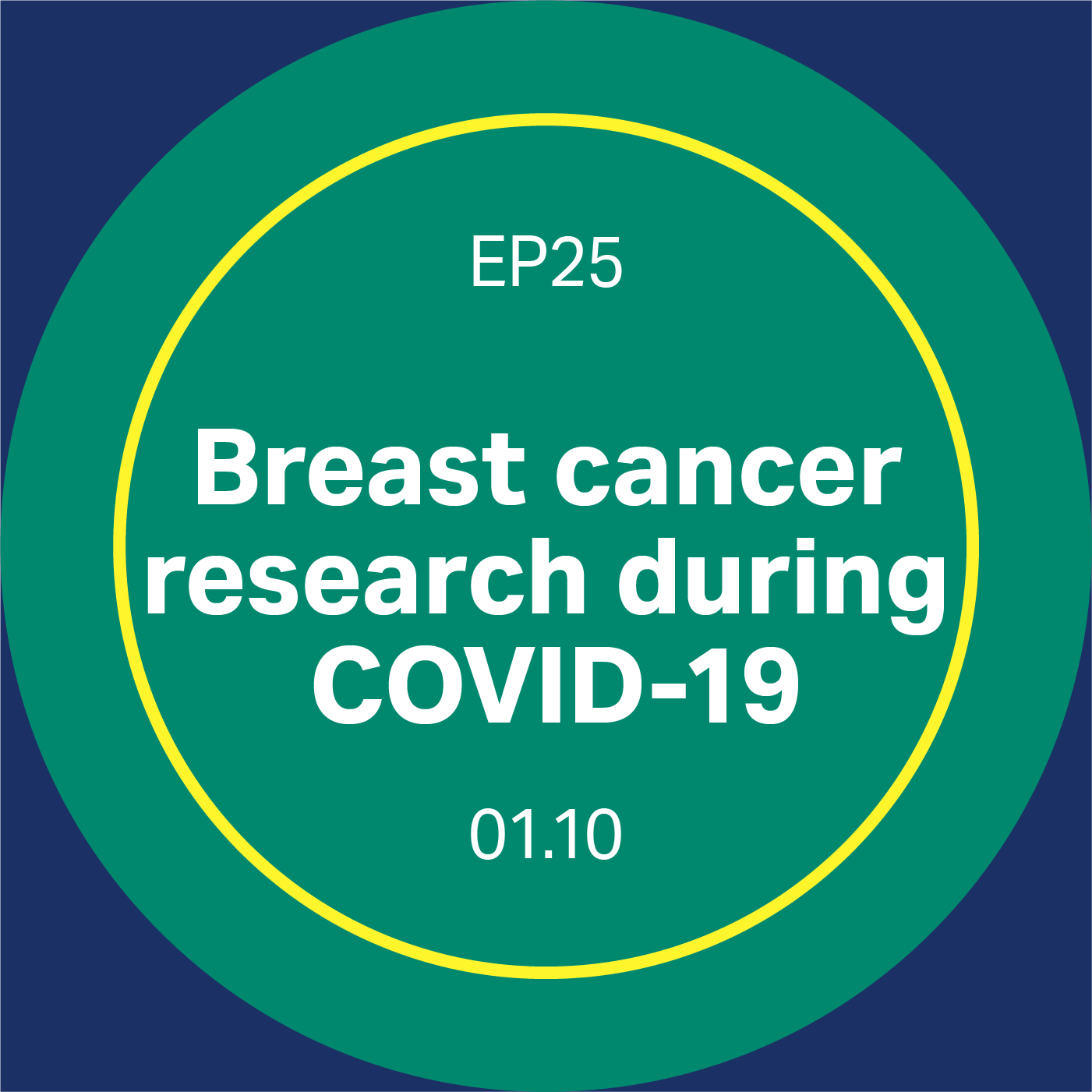
In 2020 much of life has been paused. But breast cancer keeps going. In this podcast episode hear from Dr. Margaret Flowers at The Breast Cancer Research Foundation on the impact of COVID and how every woman can still look after her health.
View transcript
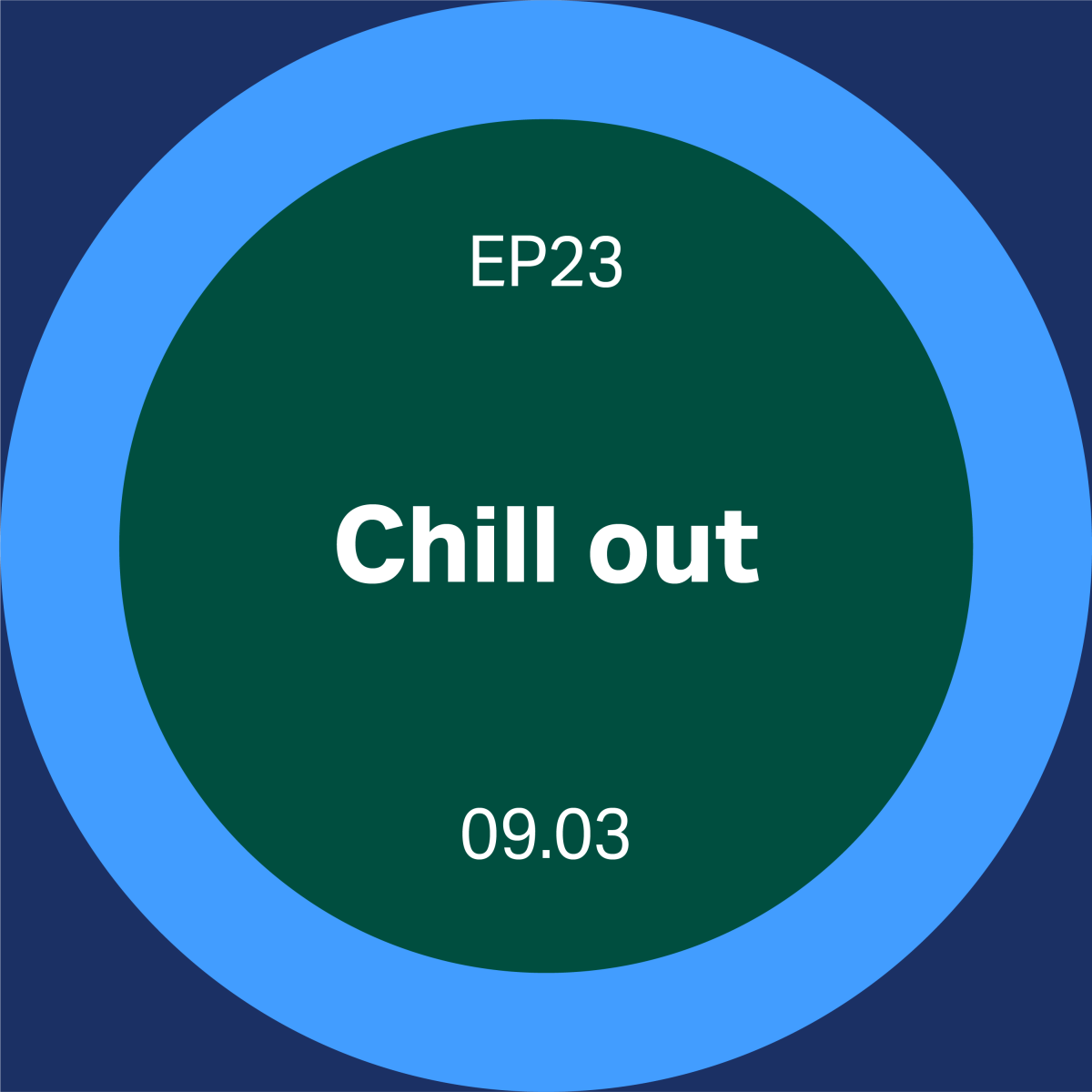
What do cryotherapy, endangered species, and cancer patients have in common? You might want to grab your woolly jumper before joining Dodi and Conor in this week’s episode.
View transcript
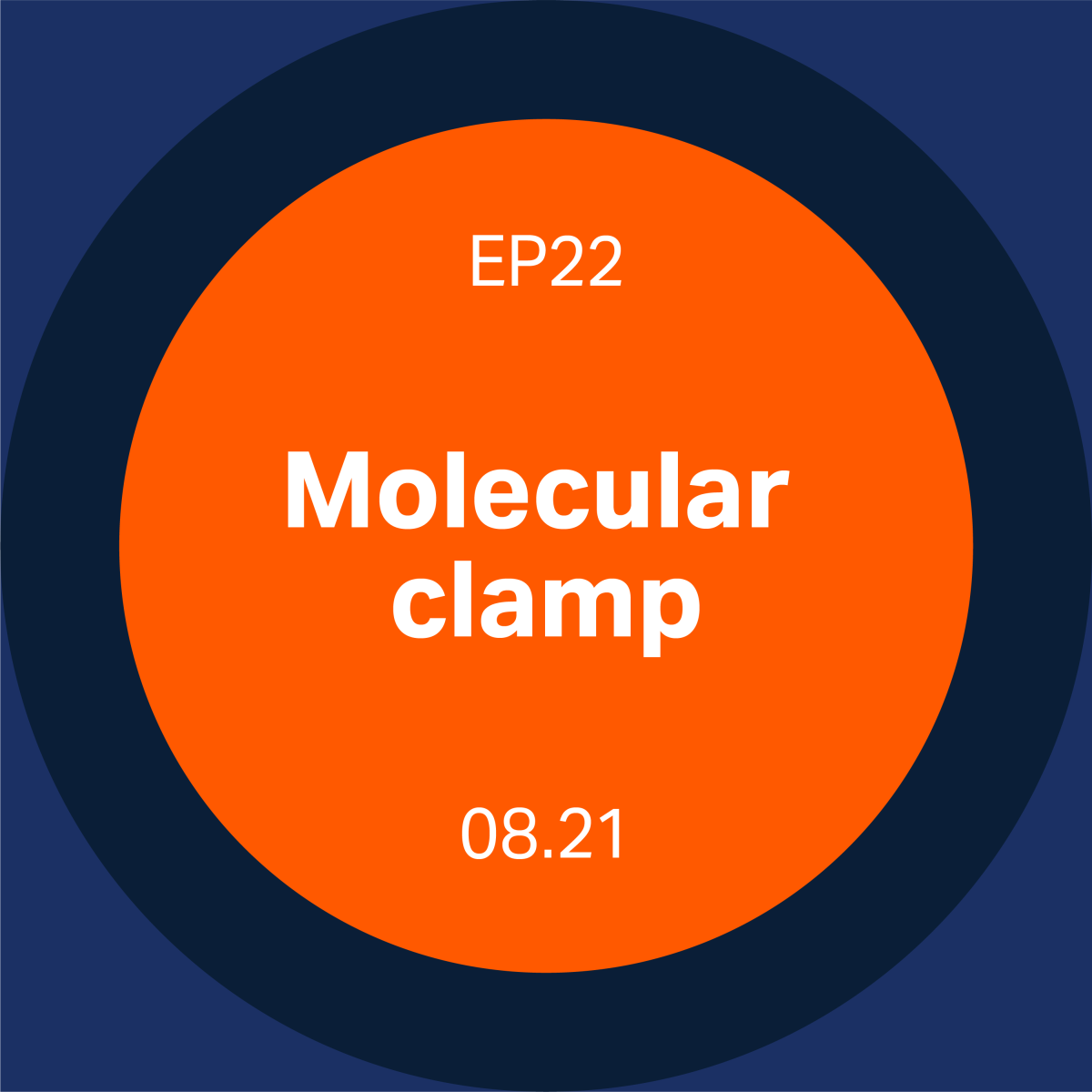
In this episode of Discovery Matters podcast, we learn how researchers primed for a pandemic got a jump-start on developing a COVID-19 vaccine.
View transcript
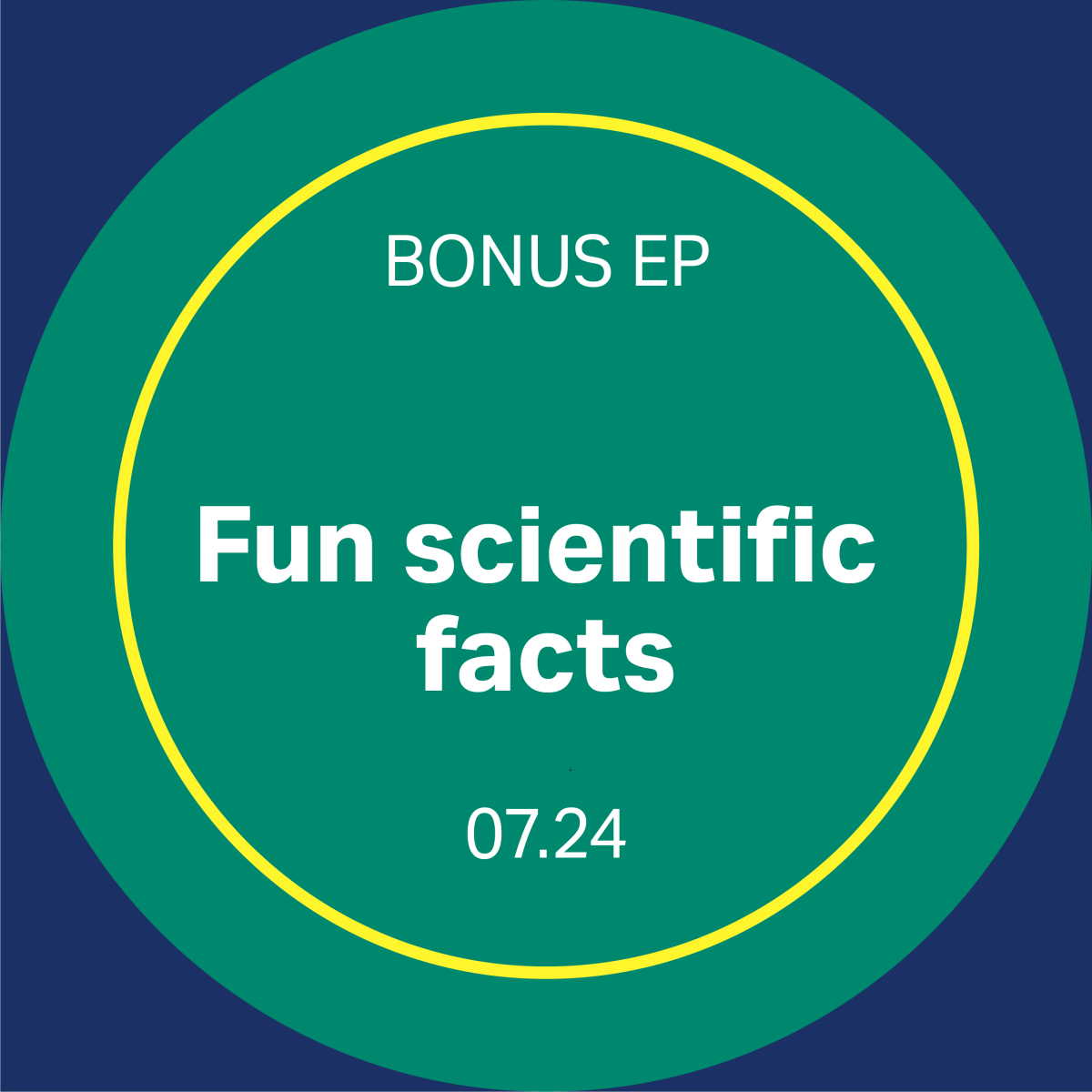
In this bonus episode inspired by a popular UK podcast, Dodi, Conor, and guest Kaycee share fun facts about science from the Pleistocene to now.
View transcript
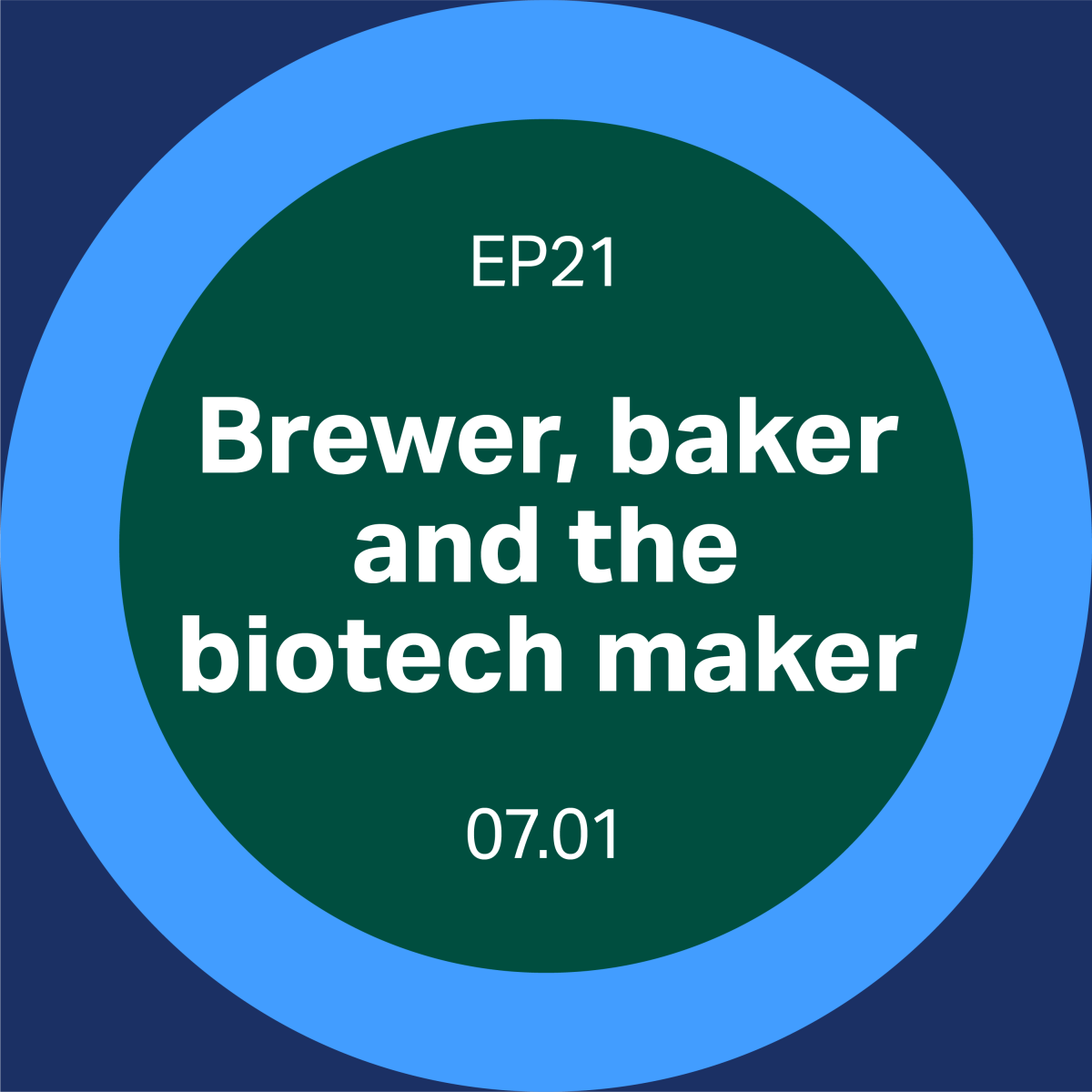
Biotech has taken inspiration from many places, including the food industry. Tune in as Dodi and Conor explore this topic and learn why biochemistry labs used to be near breweries. Cheers!
View transcript
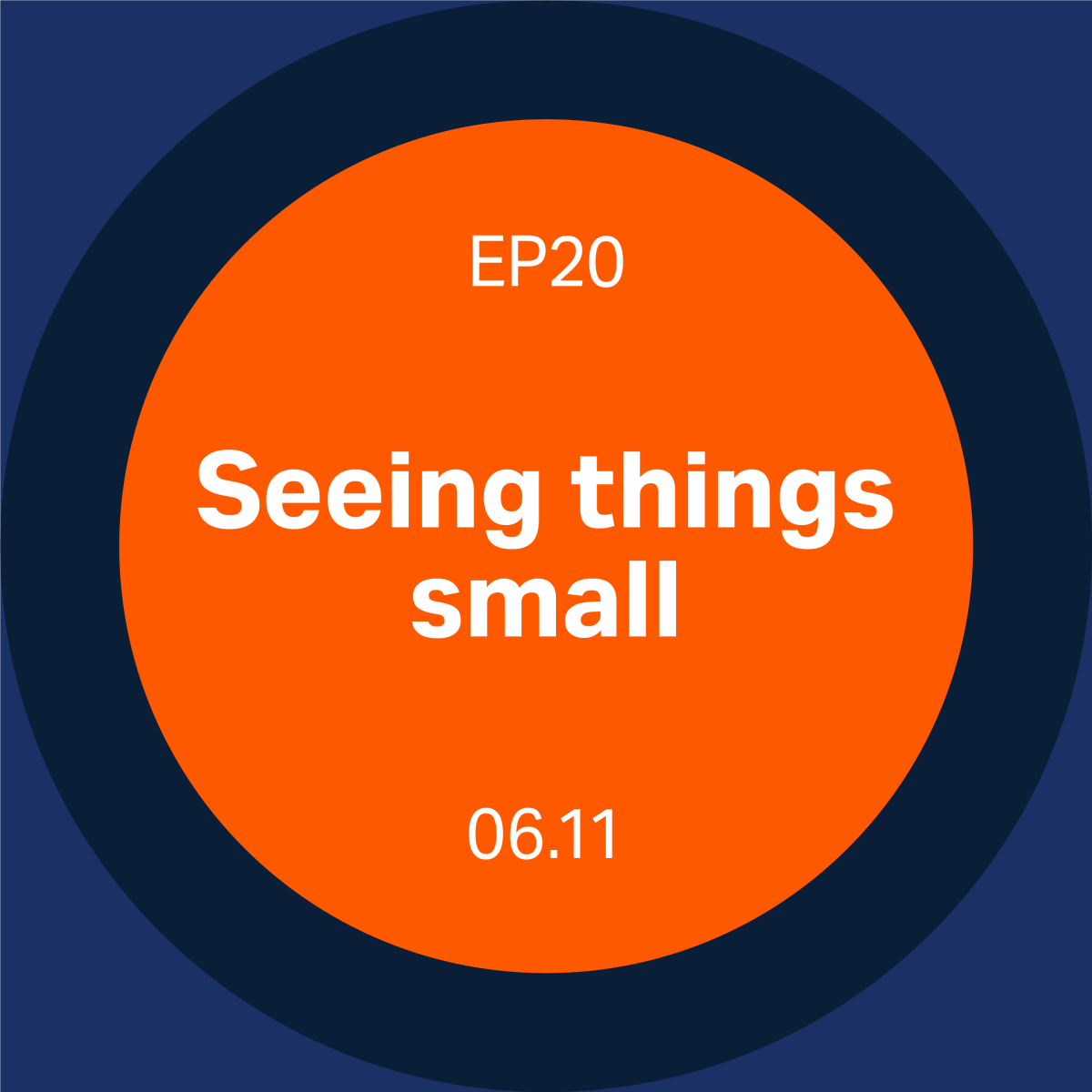
Biology and telecom have more in common than we think. Dodi, Conor, and their guests draw parallels between seeing inside a cell and computing in the telecom industry. Learn what that could mean for our future.
View transcript
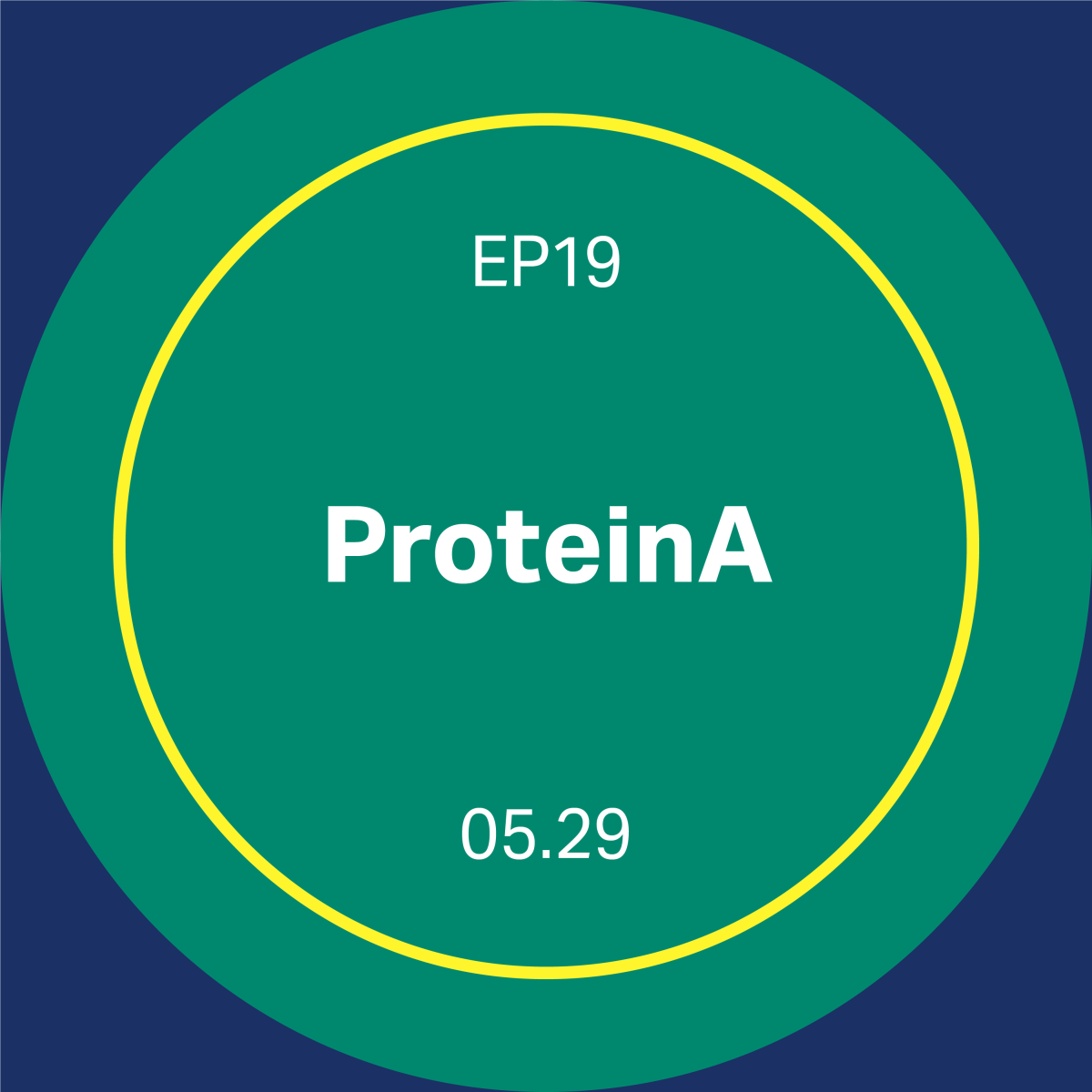
Is it possible to love one protein? Dodi and Conor learn that it is, in the special case of a protein that’s integral in purifying many of today’s biologic drugs.
View transcript
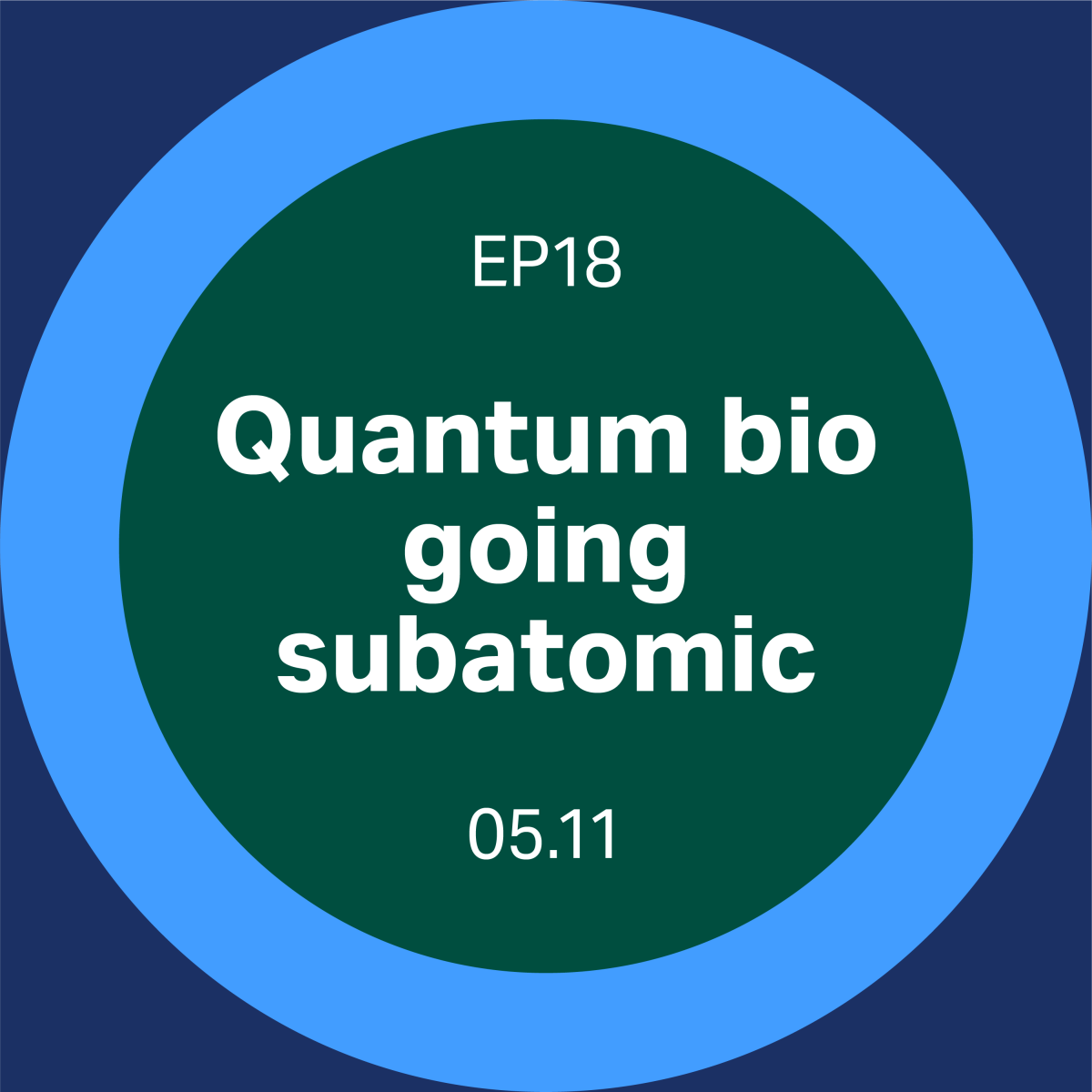
How do birds know where to go in the winter? And why are plants so efficient at making food? Dodi and Conor chat with researchers studying whether quantum biology might come into play.
View transcript
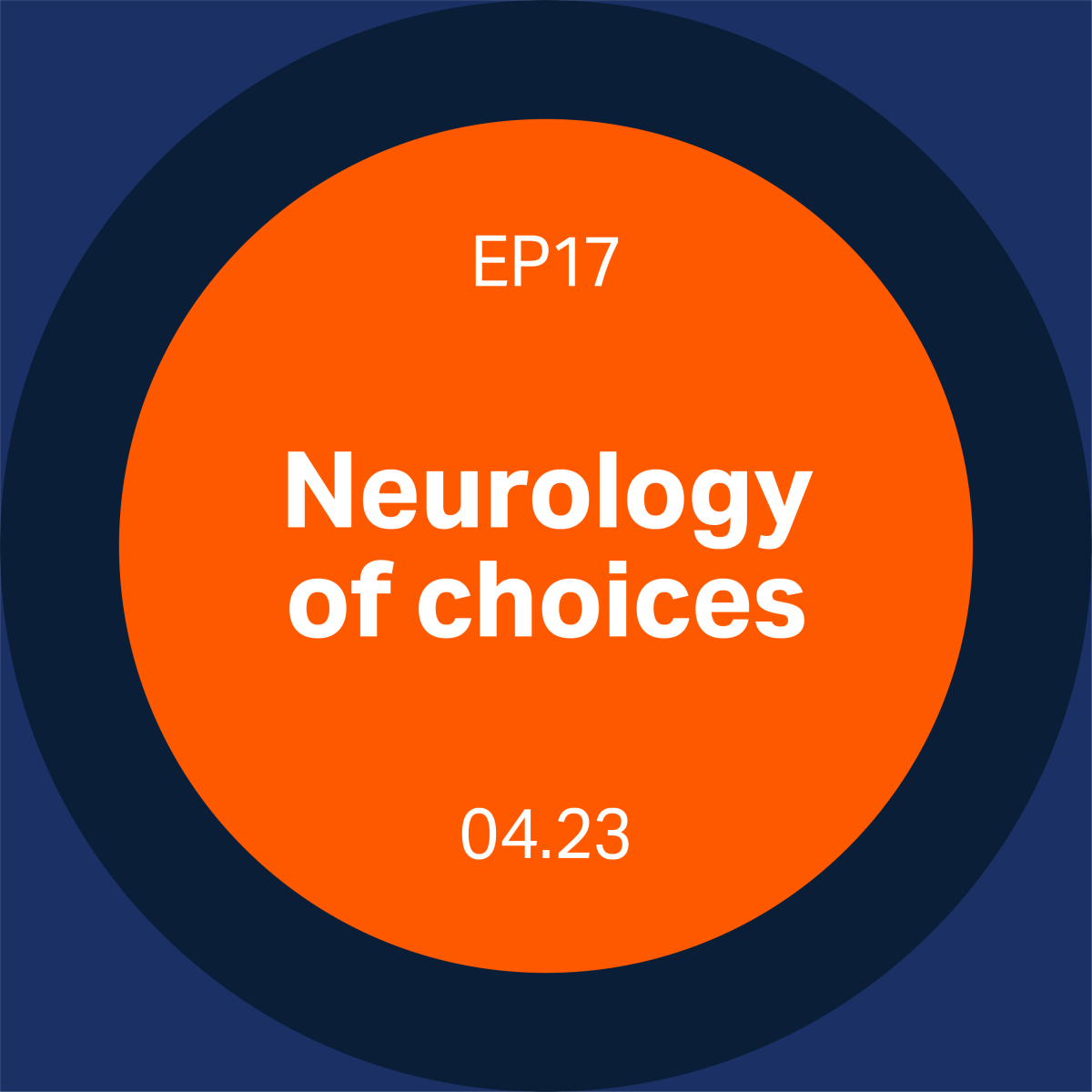
Have you every felt terror in the grocery store, dodging the marketing blitz to find what you need? If so, you might relate to this podcast guest who’s also a neuro economist.
View transcript
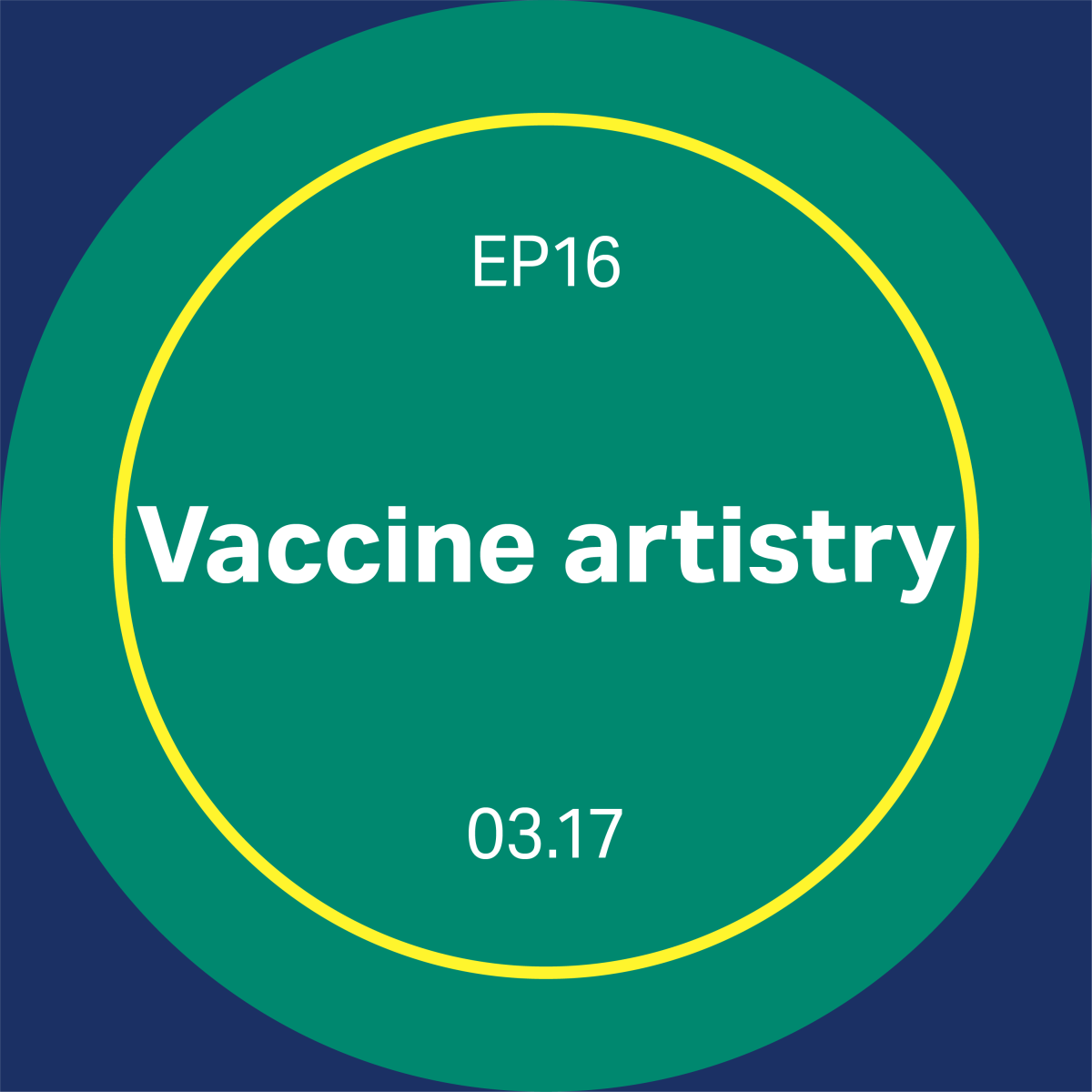
Dodi and Conor chat with a scientist who fulfilled her childhood dreams, a professor with a passion for vaccine design, and a medical doctor turned pharmacovigilante. Tune in to learn what the heck that is and how vaccine development is like ballet.
View transcript
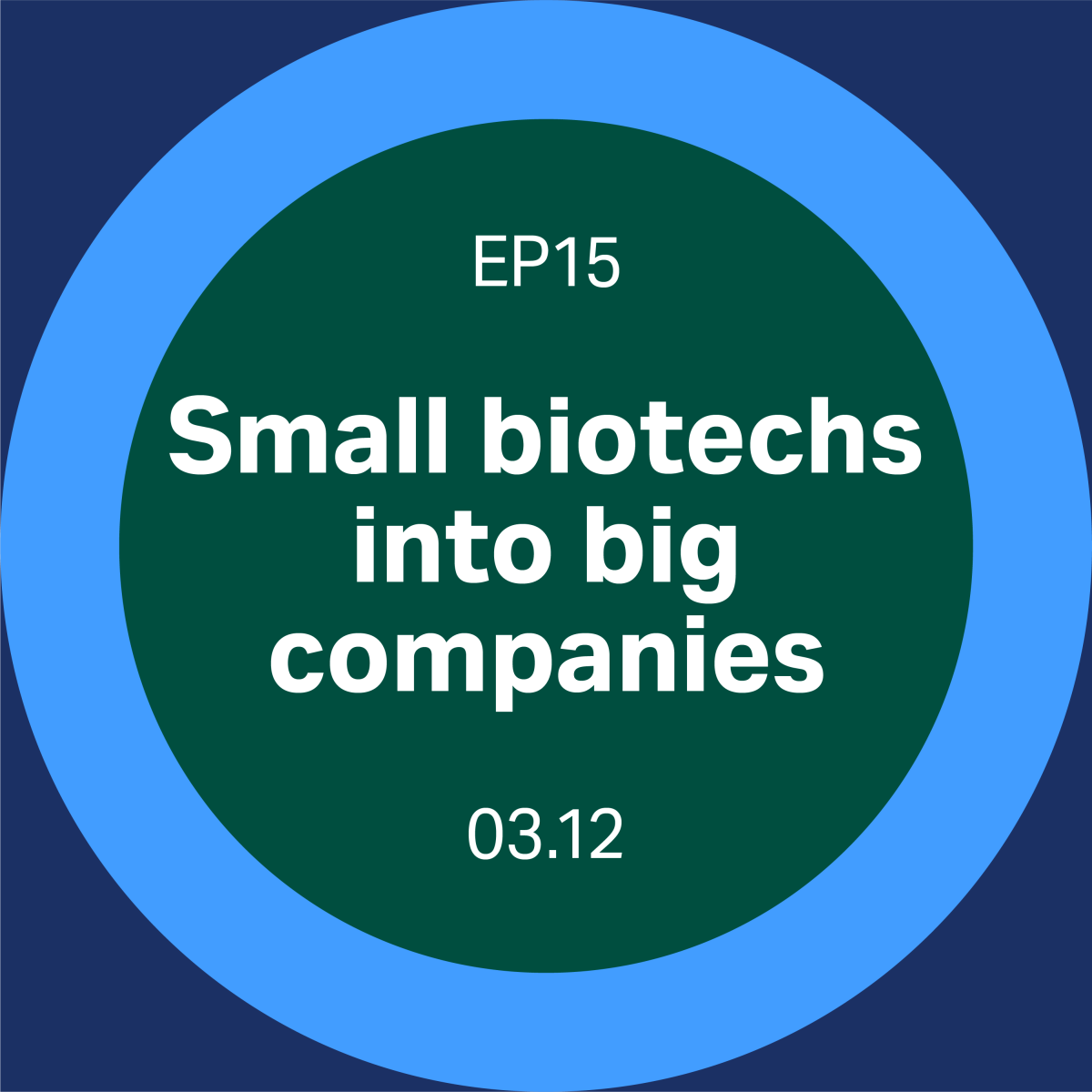
In this episode, Dodi and Conor chat about what it takes to spin a good idea into a successful biotech business. Interviews with an innovator and two people who help technology like his get off the ground.
View transcript
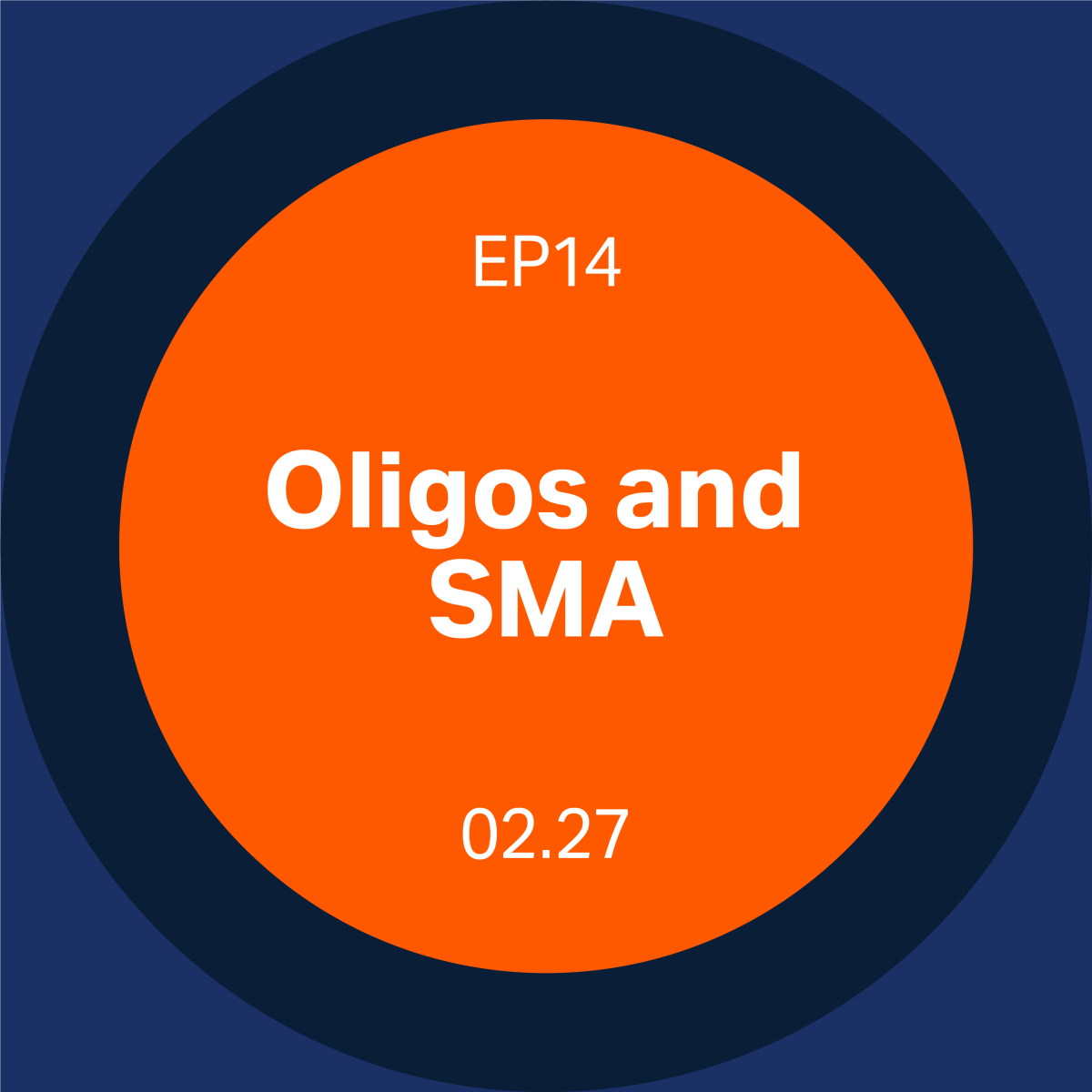
In this episode Conor tells Dodi about 4-year-old Roy Muhrbeck who was diagnosed with spinal muscular atrophy (SMA). Learn how an oligonucleotide (oligo) therapy helps Roy and where he is today. Ionis Pharmaceuticals’ Max Moore explains the science.
View transcript
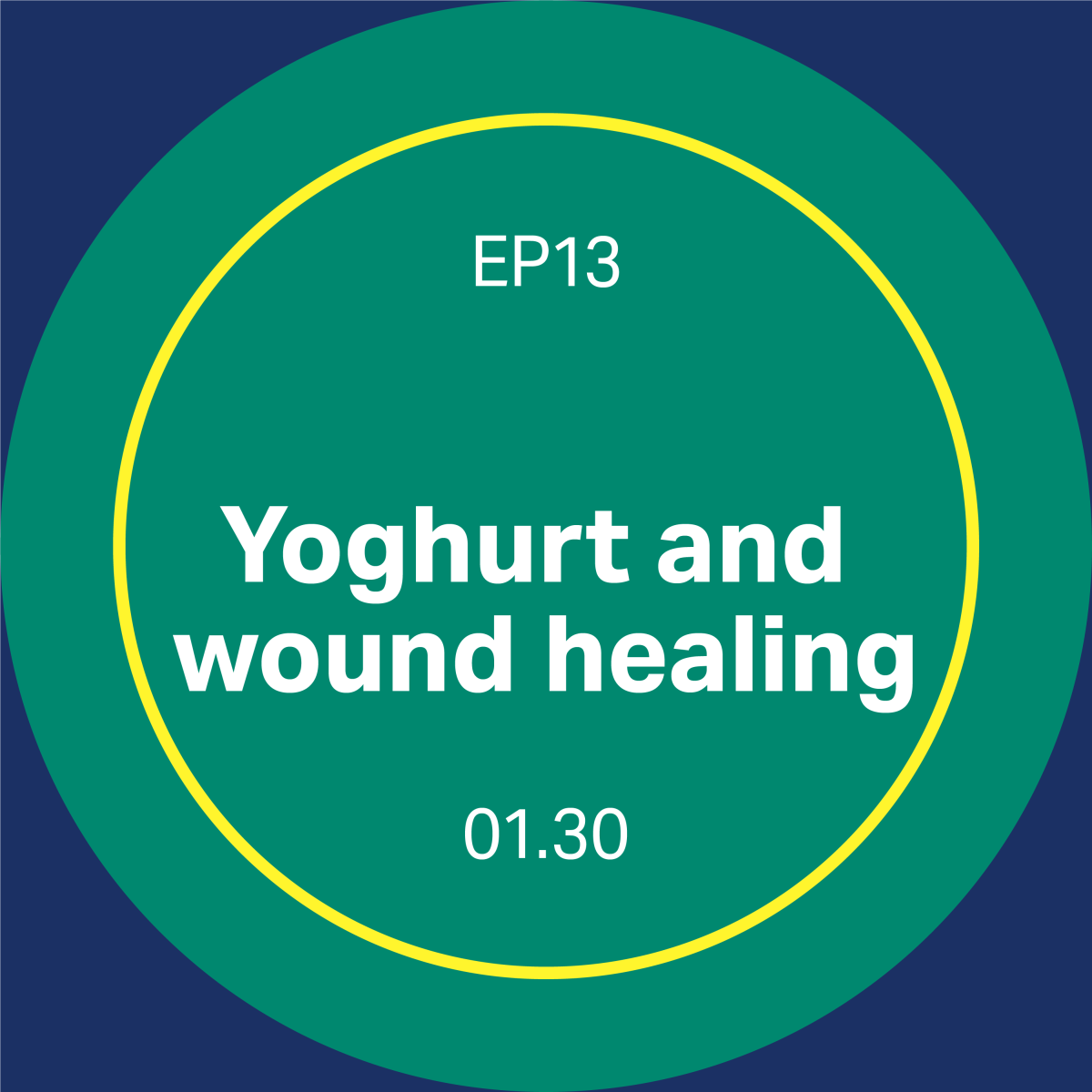
So, what does yogurt have to do with wound healing? In this episode, Evelina Vågesjö from Ilya Pharma helps Conor and Dodi see the connection. It’s all about getting help from our small bacterial friends, lactic acid, and chemokines. Tune in to learn how it all connects.
View transcript
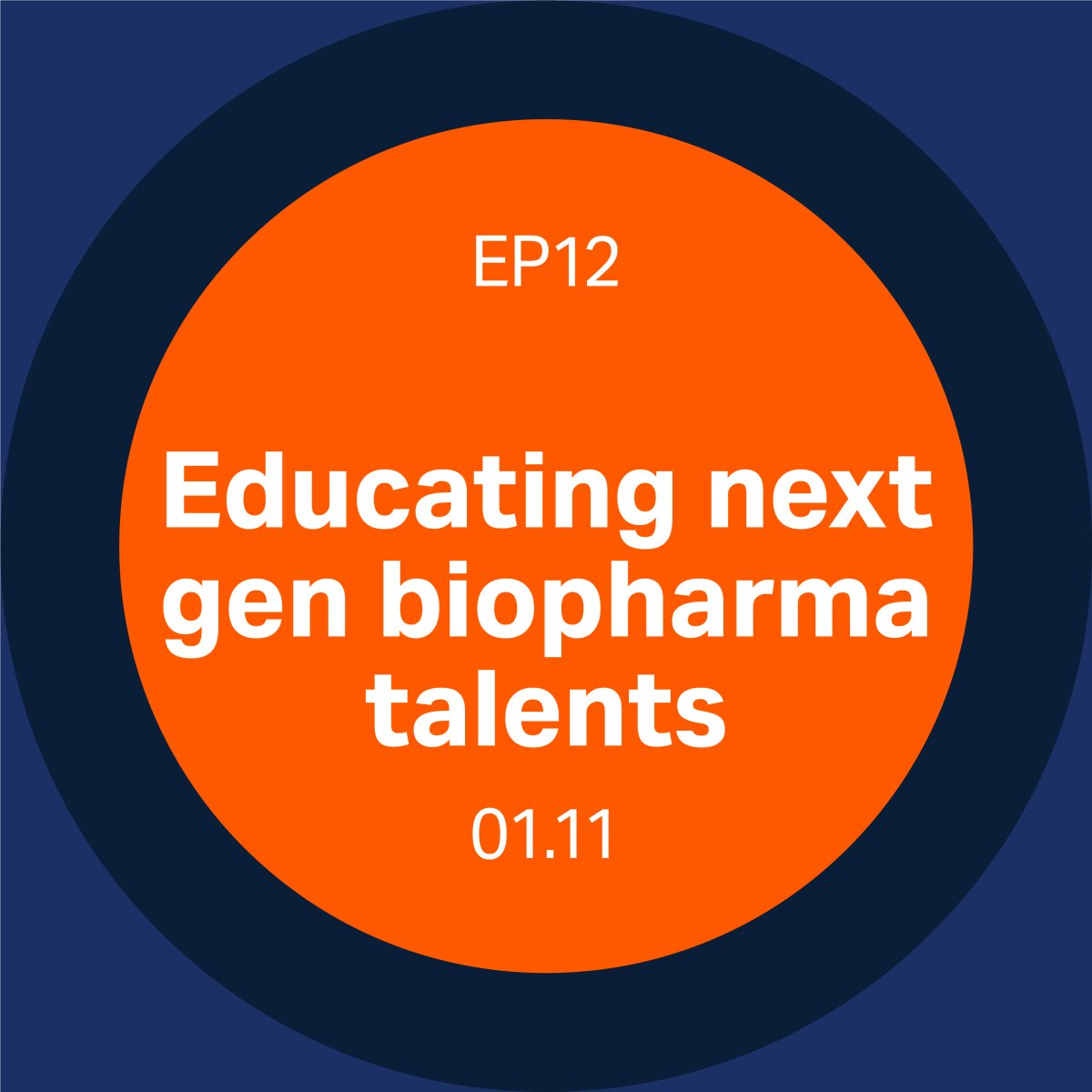
Education matters for sure. But what is special about biopharmaceutical education? And what does the future hold? Dodi and Conor are about to find out. Their guides in this episode are Killian O’Driscoll at NIBRT, Ireland, and Ron Kander at Thomas Jefferson University, US.
View transcript
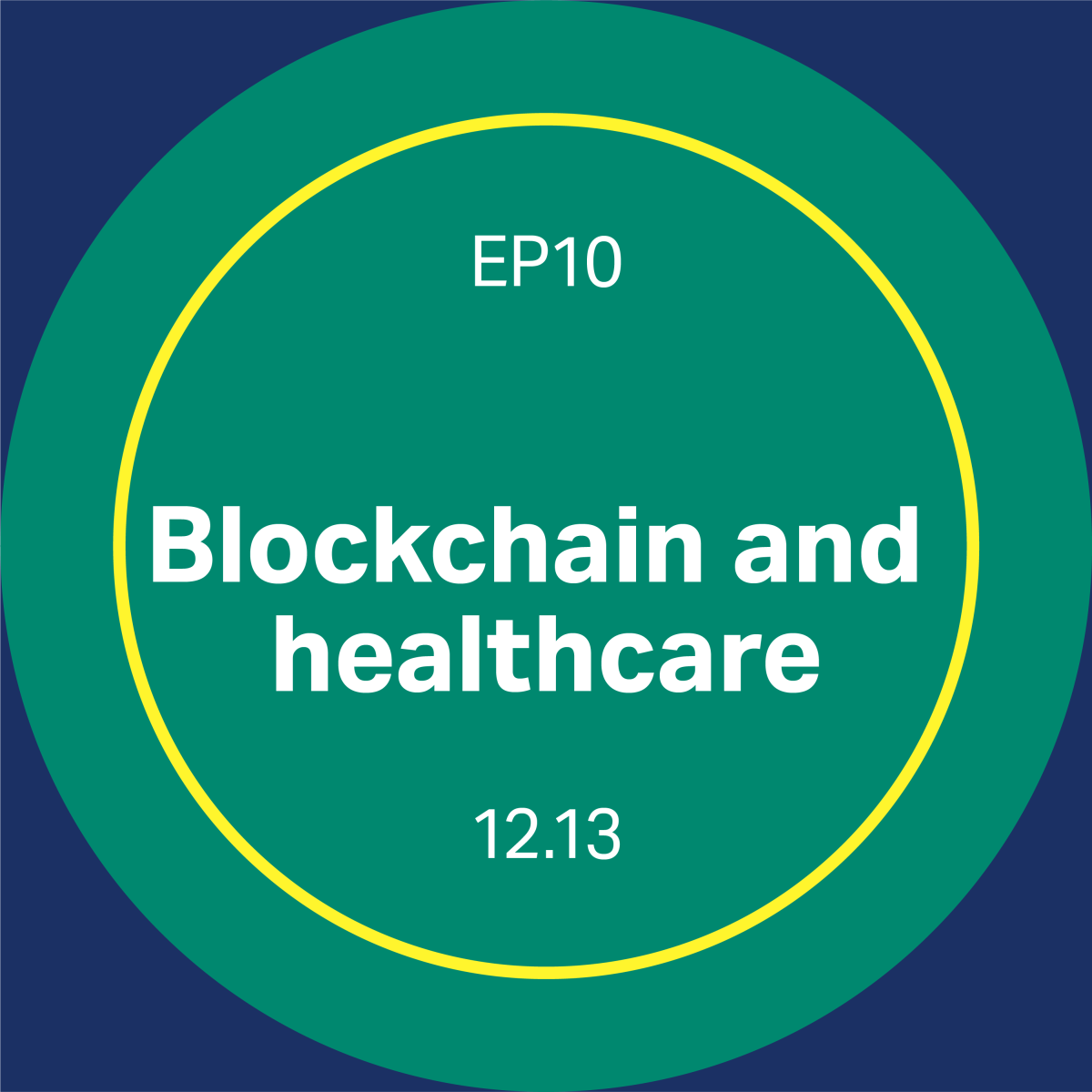
Blockchain is everywhere. But what is it, really? And what can the blockchain technology bring to healthcare? Dodi and Conor unravel these questions together with Dr. Cathy Mulligan at Imperial College London in this week’s podcast episode.
View transcript
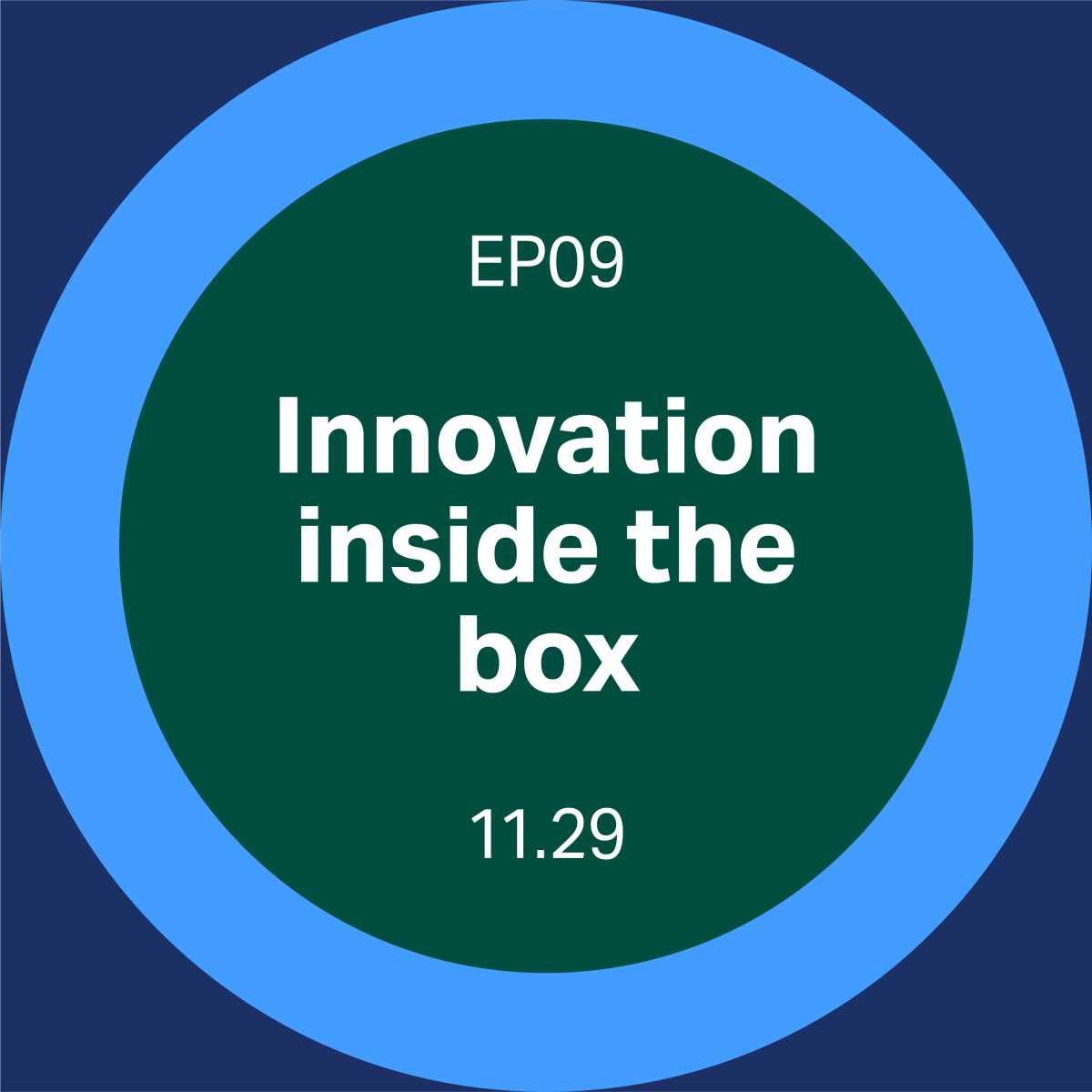
Follow Dodi as she dives into the world of innovation. More specifically, the difference between talking innovation and being innovative. Meet Tobias the cyborg that likes thinking inside the box and learn what Goud has to say about the concept of jugaad in India.
View transcript
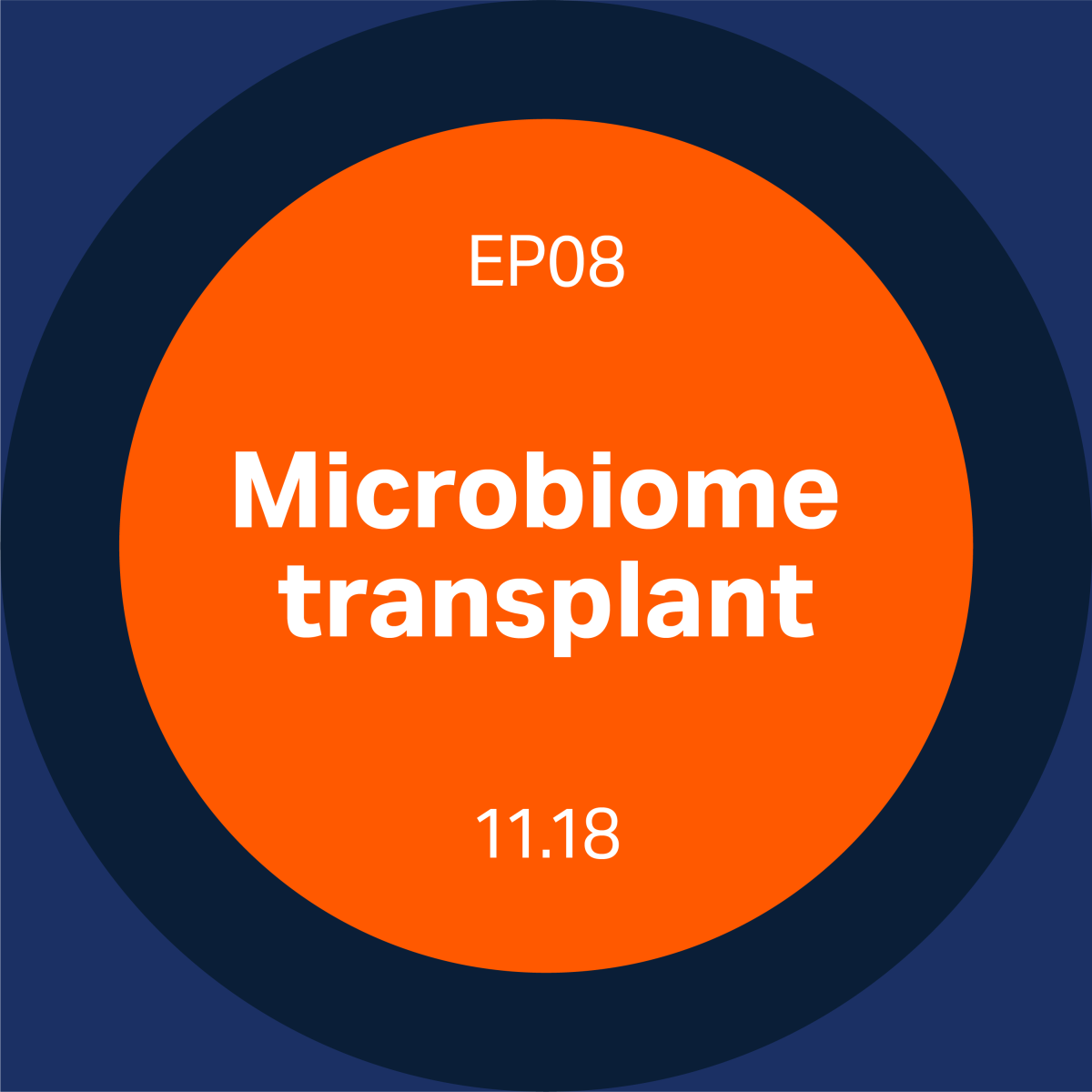
Conor has what he calls "microbiomania". Whatever the topic, he can bring it back to microbiomes in about three sentences. So, imagine his excitement when he got to meet up with two fellow microbiome enthusiasts, Colleen Cutcliffe, CEO of Pendulum and Jacques Ravel, professor at University of Maryland.
View transcript
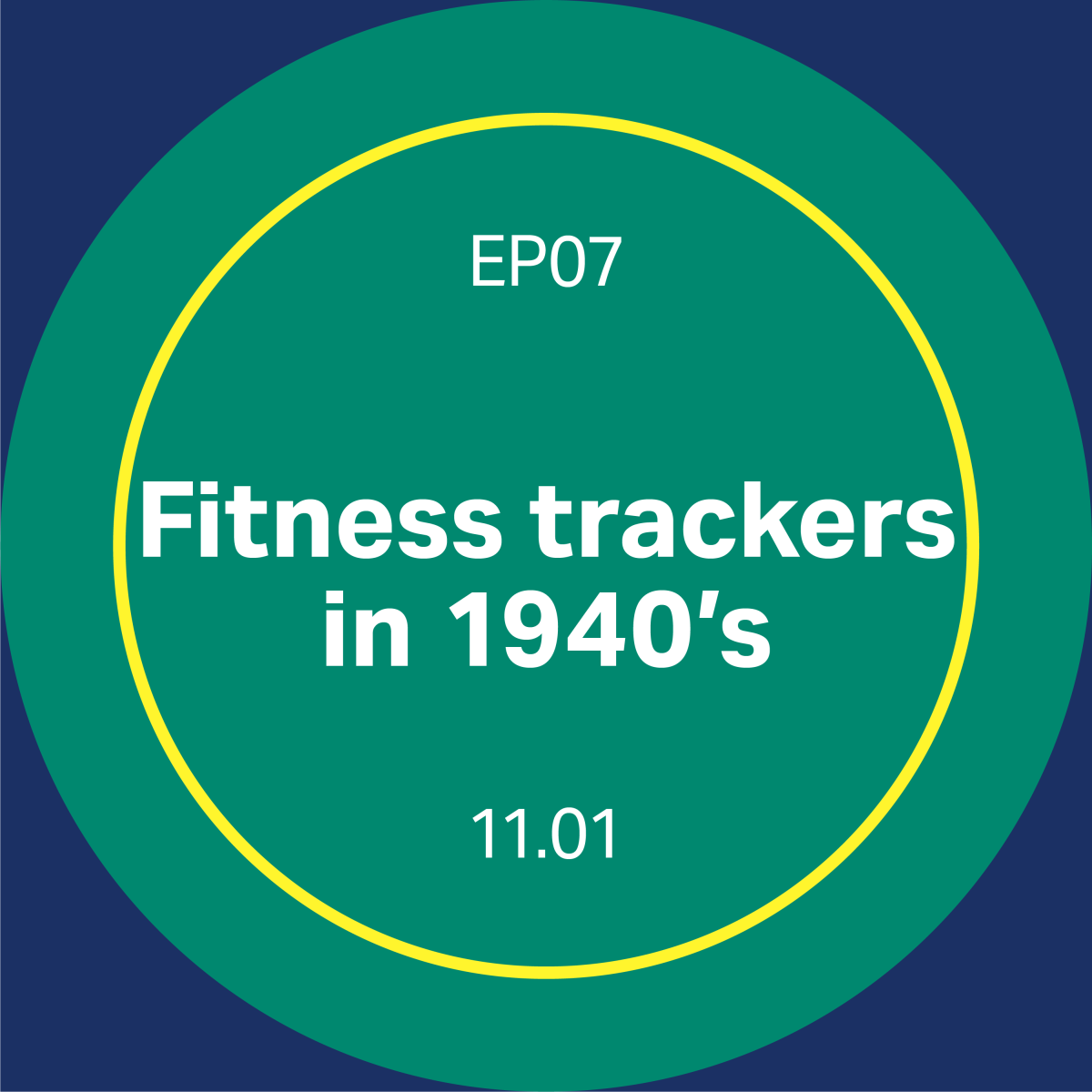
During a lively lunch chat about the popularity of wearable fitness trackers, the curious question came up: where would healthcare be now if we’d been able to generate all this data 50 to 70 years ago? Dodi directly thought of the world’s longest running human study, the Framingham Heart Study, which is still ongoing after 70 years.
View transcript
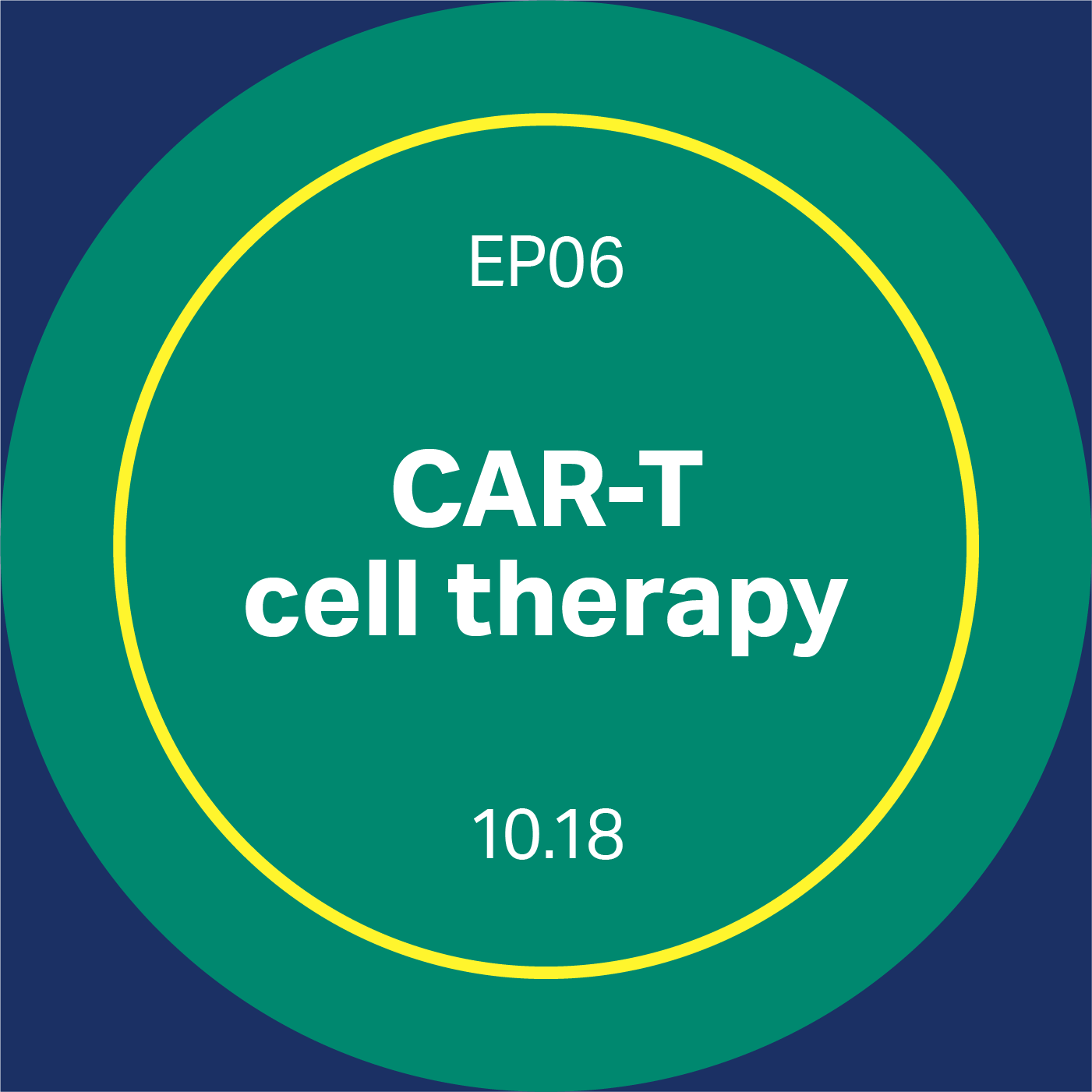
This is a serious but inspirational story where a few brave souls blazed the trail and are now paying it forward. This is the story of Emily Whitehead, the first CAR T pediatric patient. And this is the story of Nicole Gularte, the leukemia patient who received CAR T cell therapy three times!
View transcript
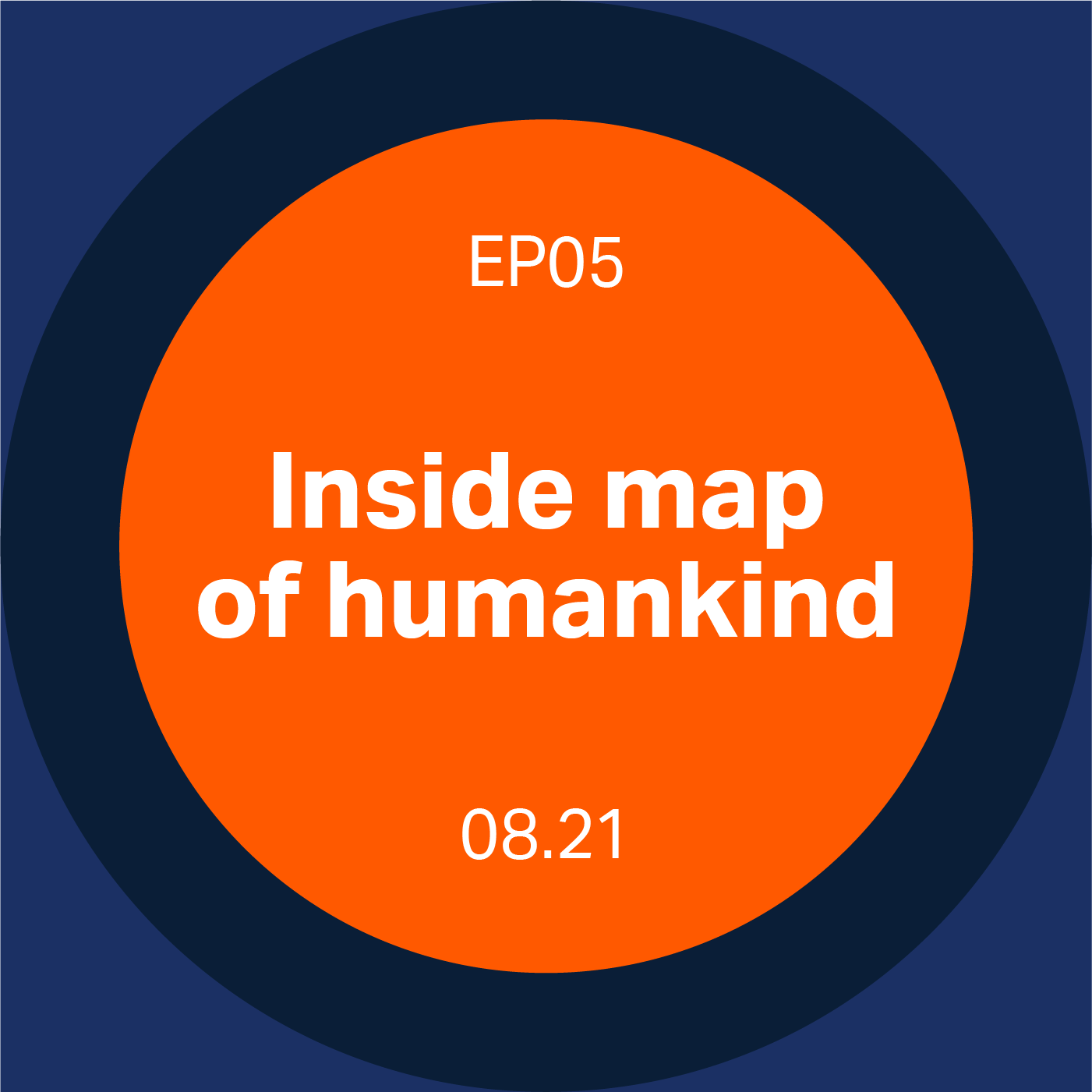
We humans have been mapping things since the beginning of time. In this episode, Dodi takes Conor on an explorer’s journey. Their destination? The Human Protein Atlas project. Strap on your seatbelt—it’s a bumpy ride connecting the dots between explorers, chemists, geneticists…and even sociologists.
View transcript
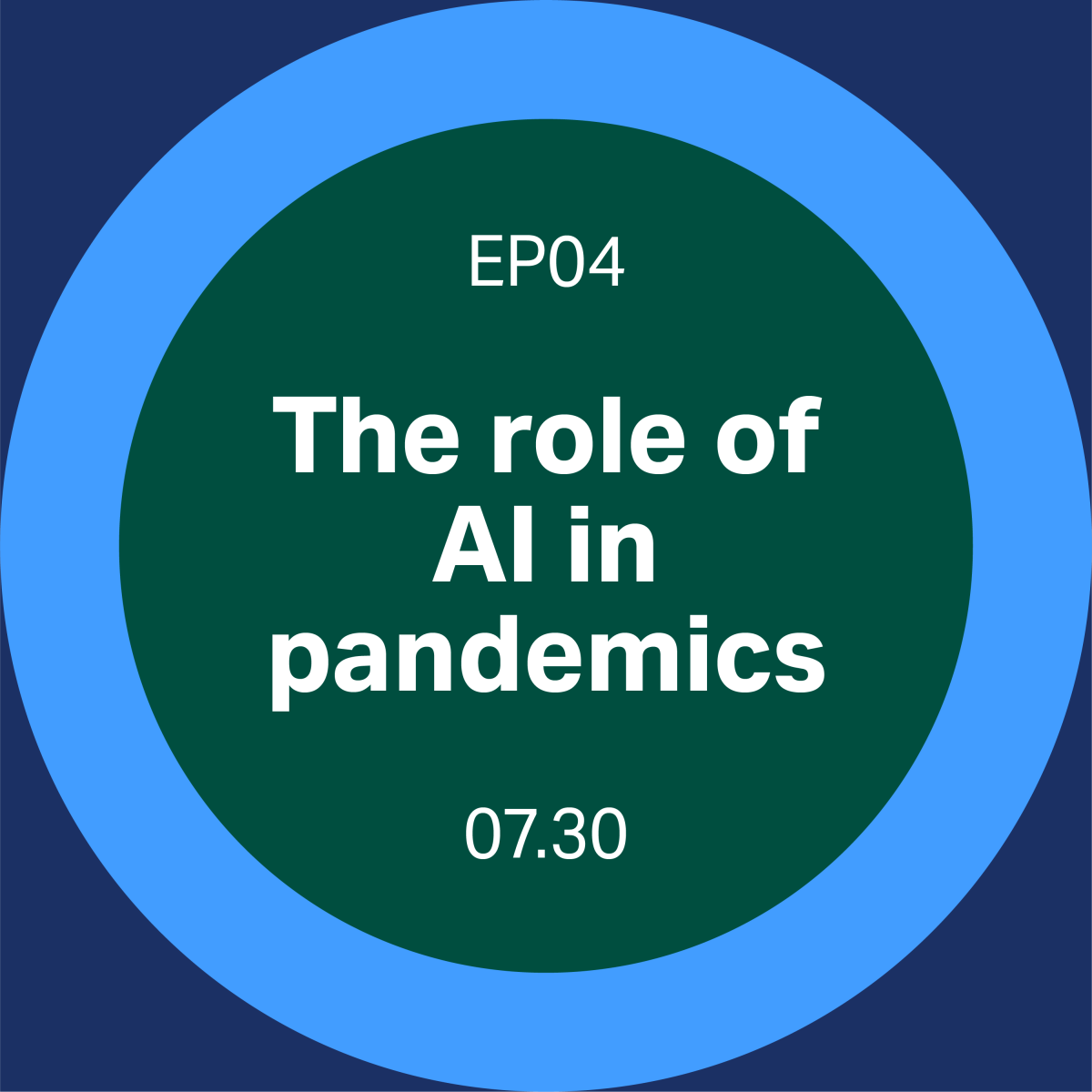
A pandemic can start with a picnic. But can we prevent pandemics without cancelling feel-good gatherings? Enter artificial intelligence (AI) into the world of healthcare and life sciences. Dodi meets up with an AI expert panel and gets examples of the real potential of this very trendy topic.
View transcript
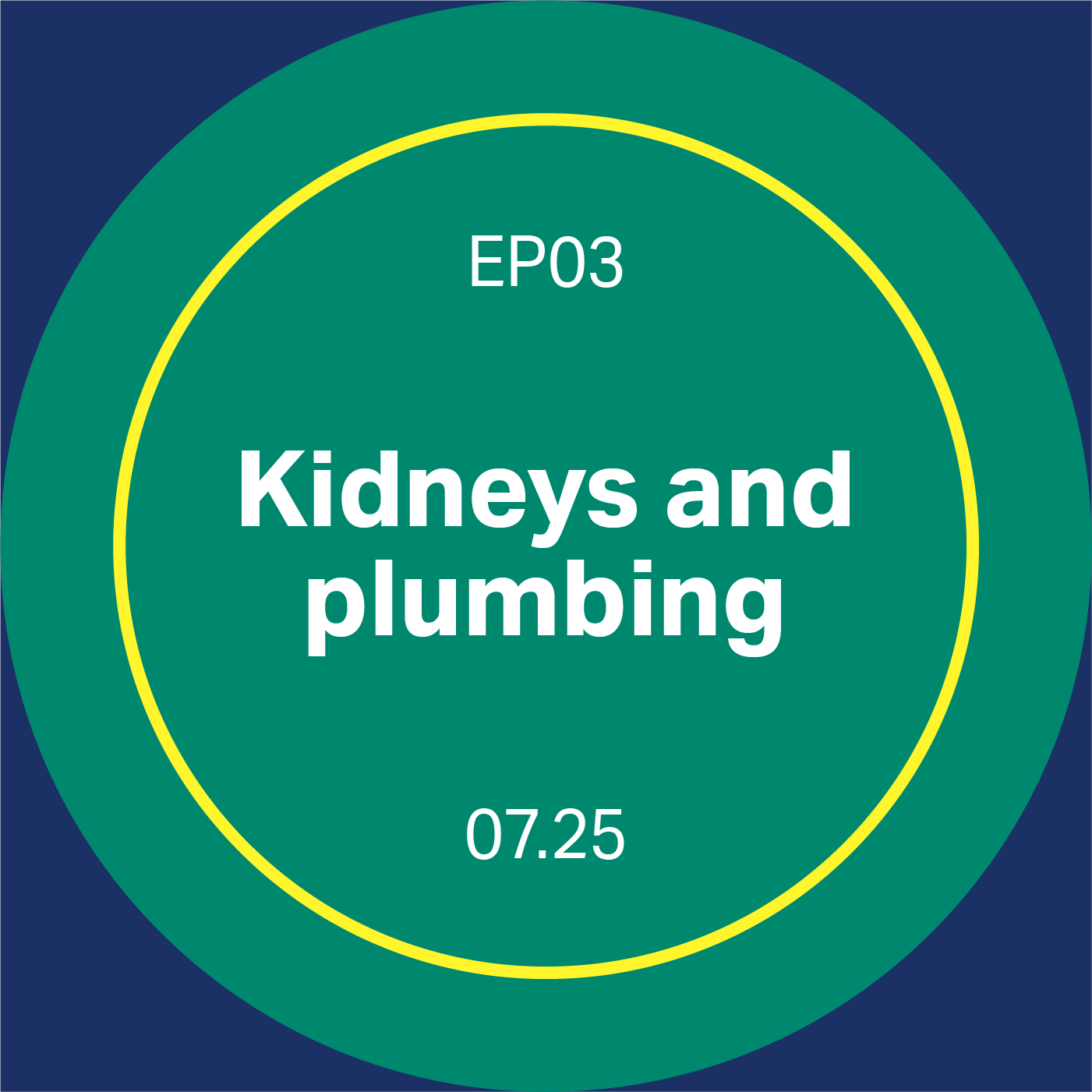
The list of people needing kidney transplants is tragically long, and donor lists are desperately short. Conor and Dodi find scientists who are coming up with alternative solutions to this problem. Some enable transplantation of less-than-perfect organs, and others dream of 3D printing important organs.
View transcript
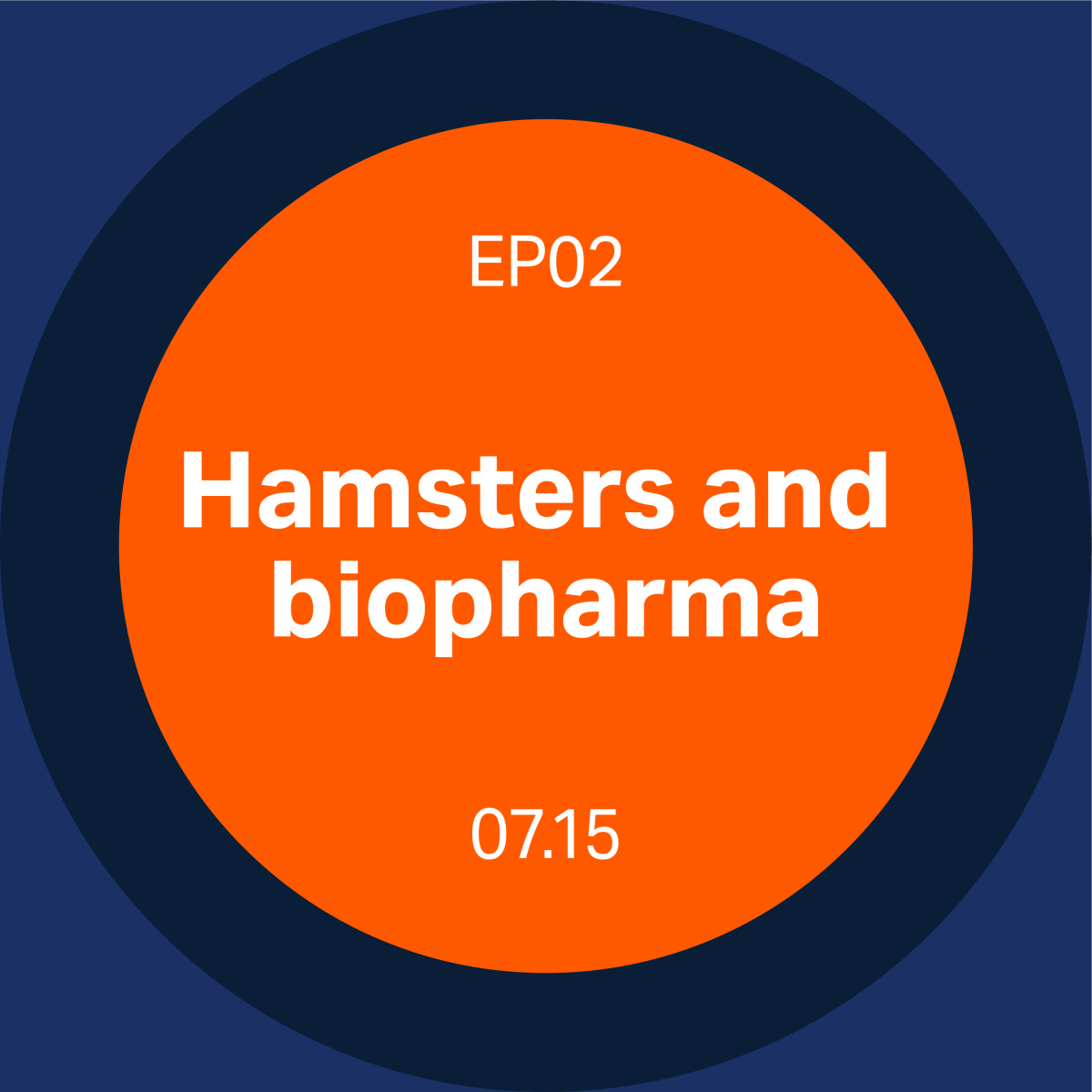
Little did you know, but a single hamster has been a force of innovation and massive biomedical production. Scientists devote entire careers to so called CHO cells from this Chinese hamster’s ovary. Dodi and Conor talk with a couple of those scientists to figure out why this hamster rules the biopharma world.
View transcript
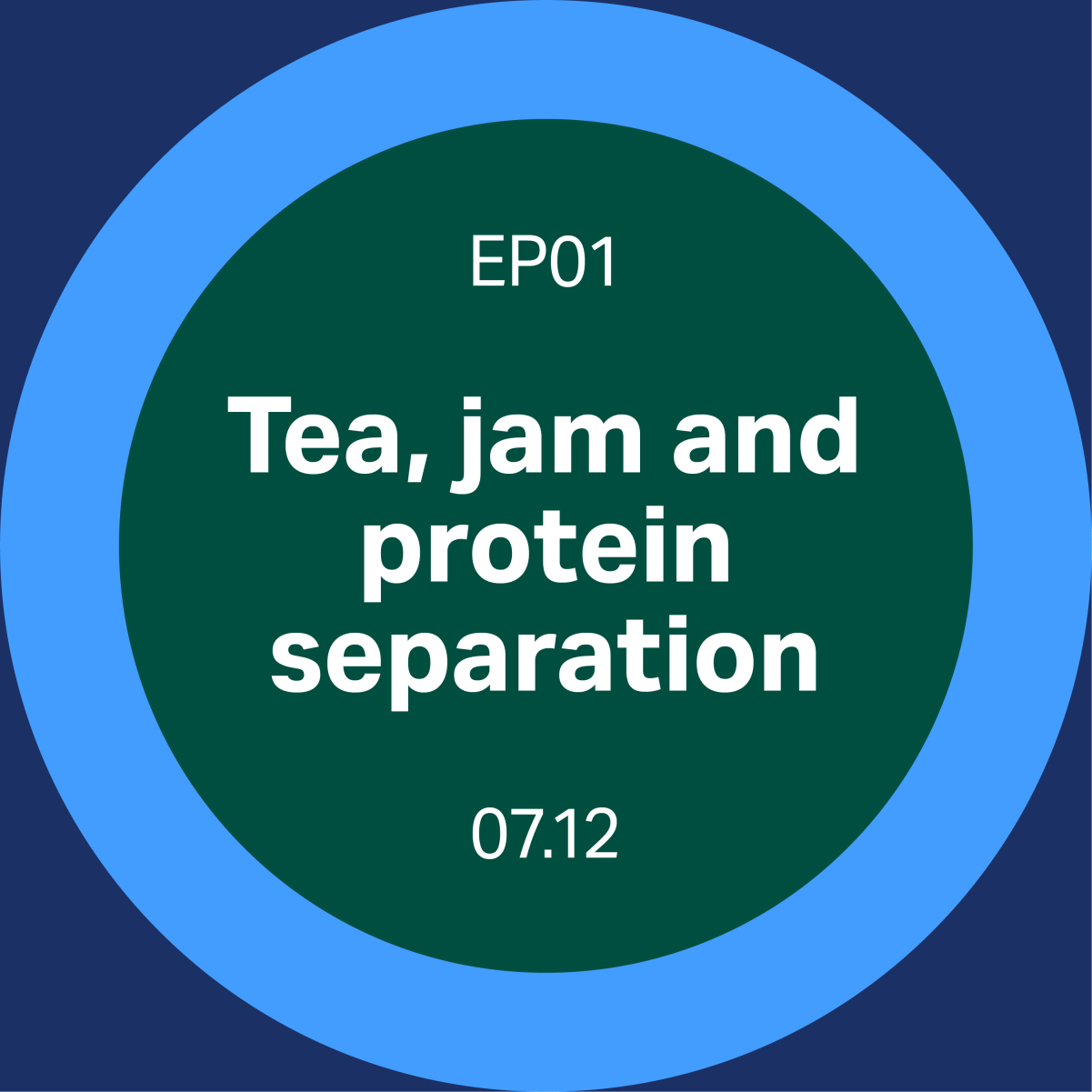
Dodi and Conor discover how jam played a part in paving the way for biopharmaceutical drugs. Sixty years ago, Swedish scientists happened upon a new method of protein separation through chromatography. The very same technique continues to be the foundation for modern biomedical manufacturing.
View transcript
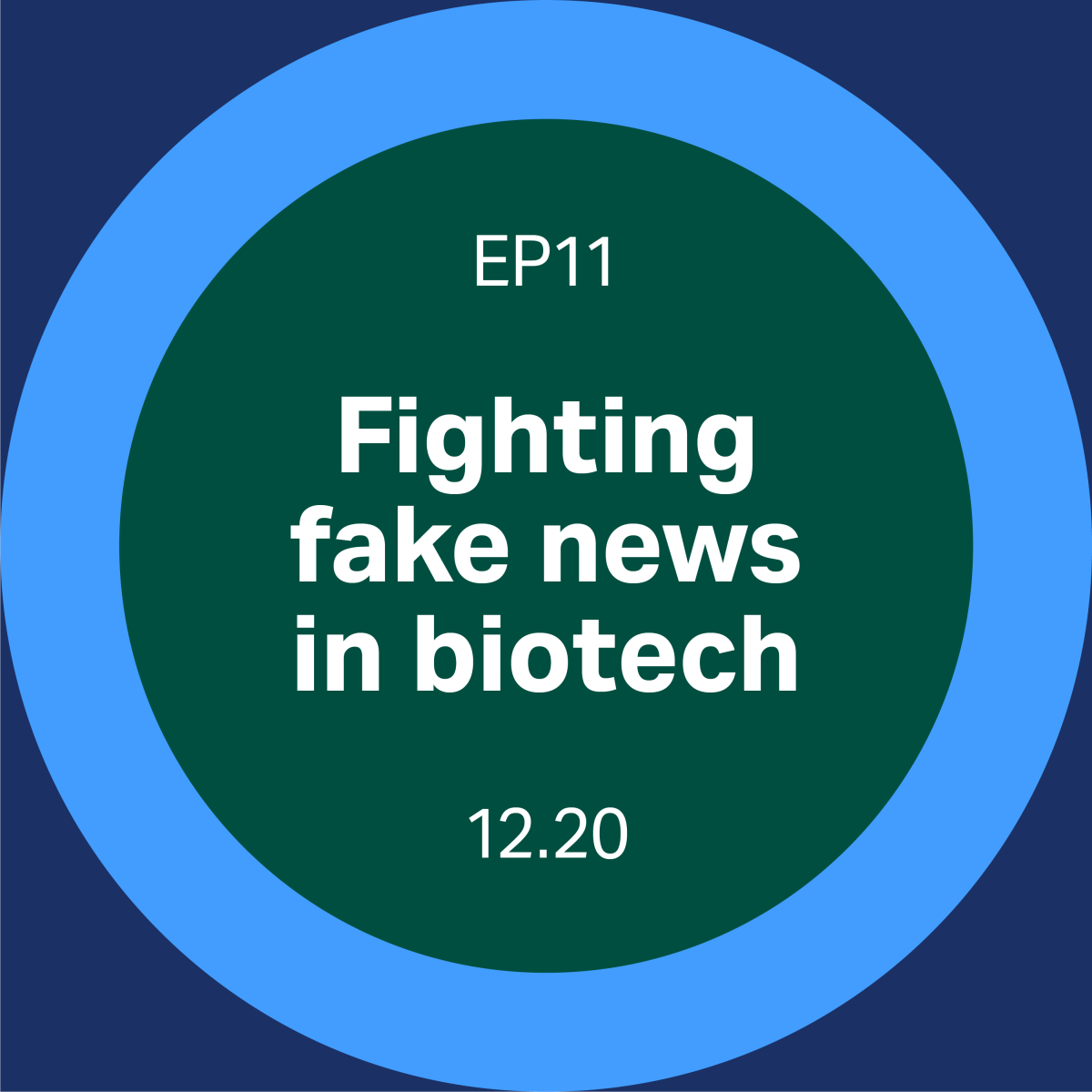
Can you trust the scientific claims on products you buy? Conor's curiosity led him down a three-pronged investigation about what you can and should believe when it comes to science statistics and statements. His journey starts with Alex Clegg from the Sense about Science Ask for Evidence campaign.
View transcript